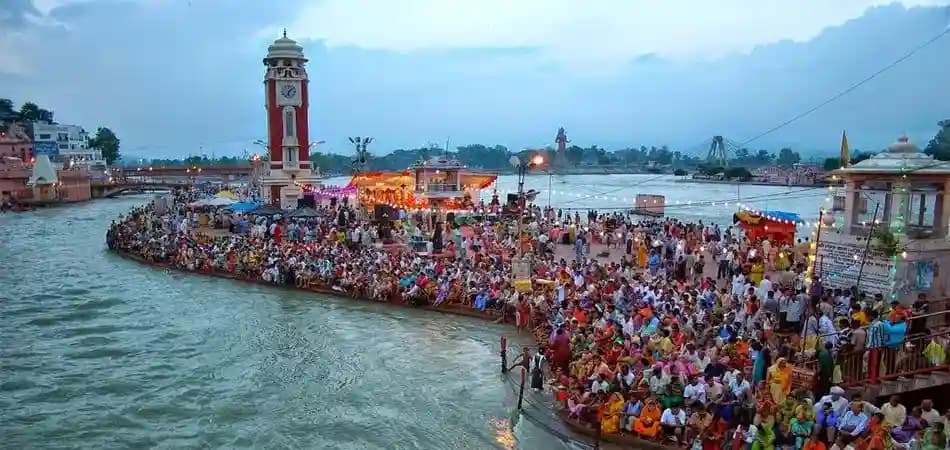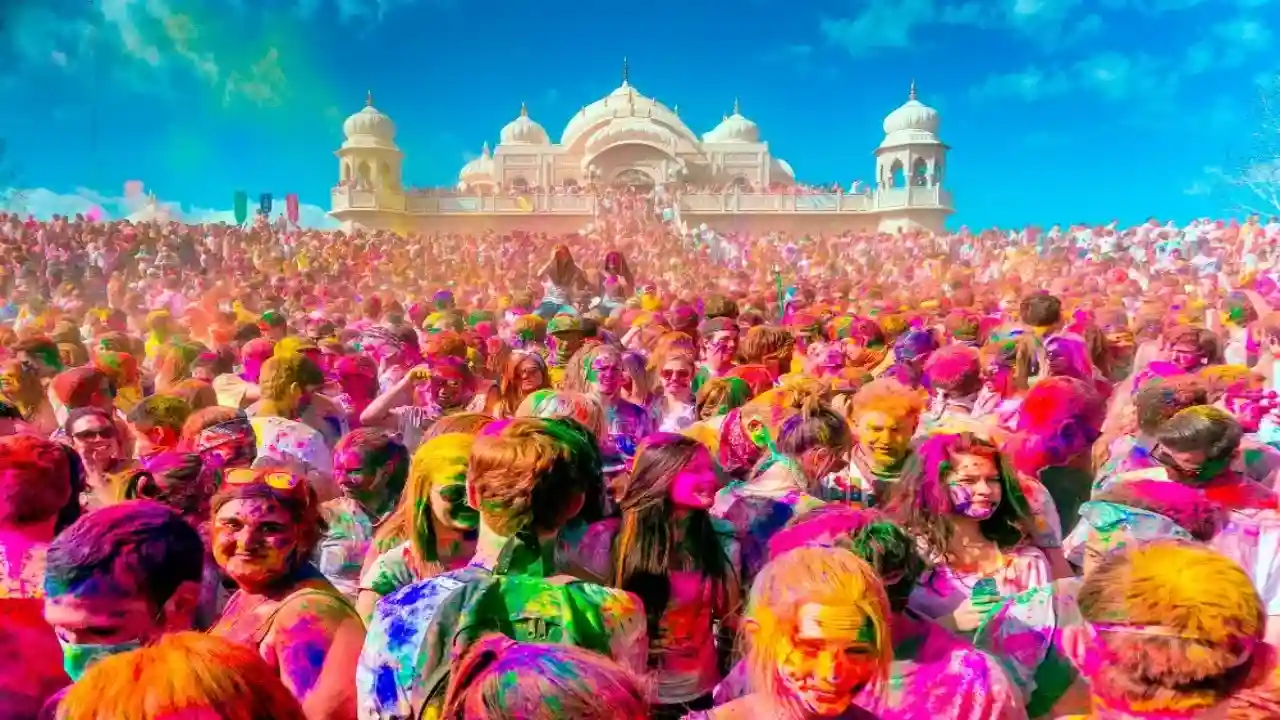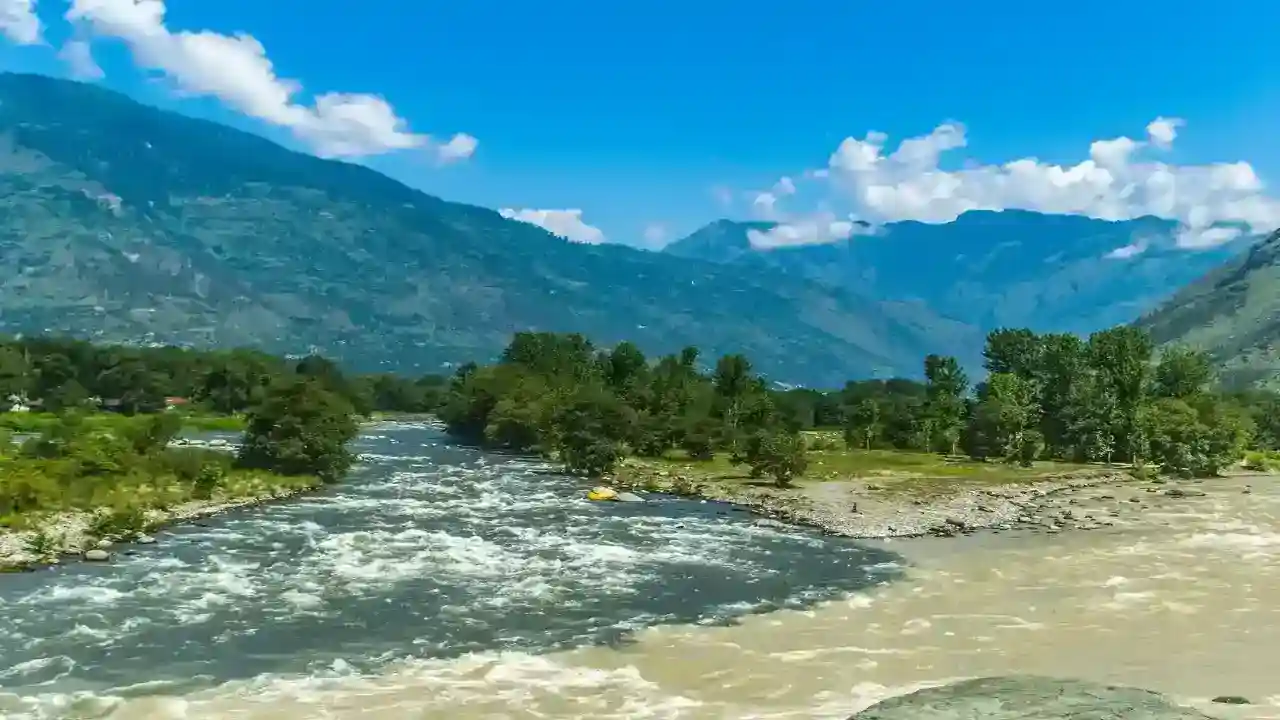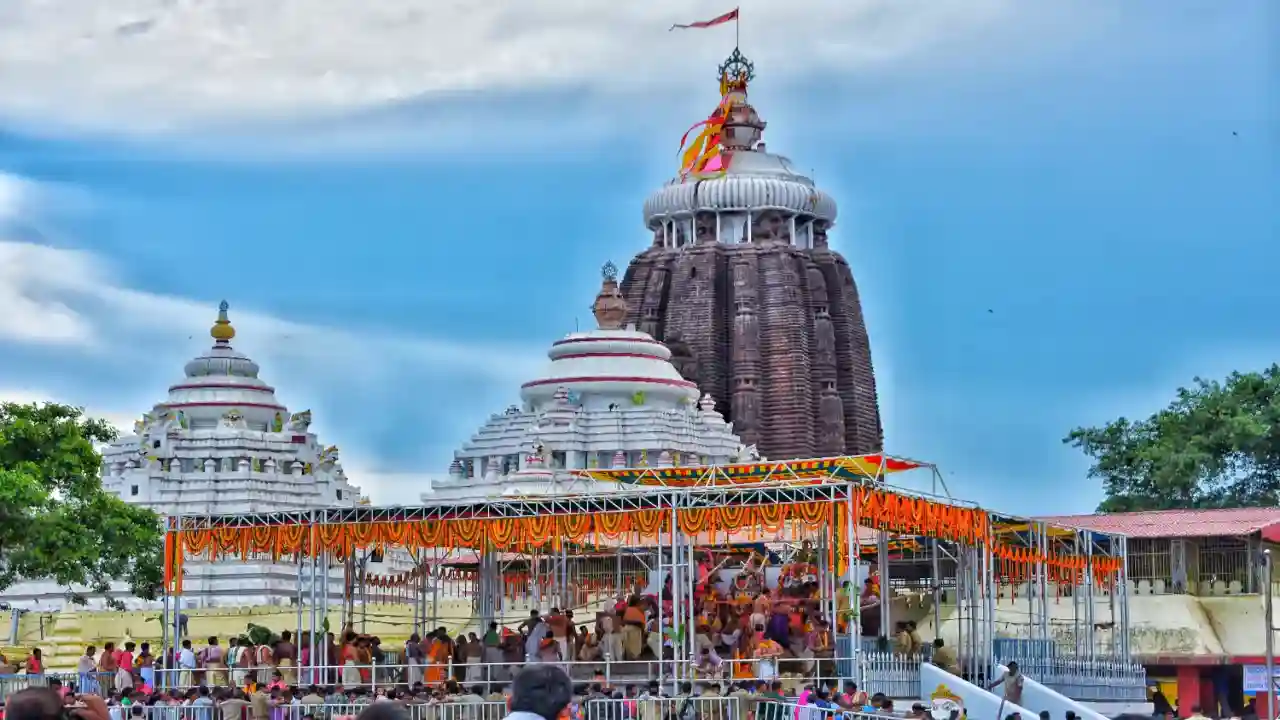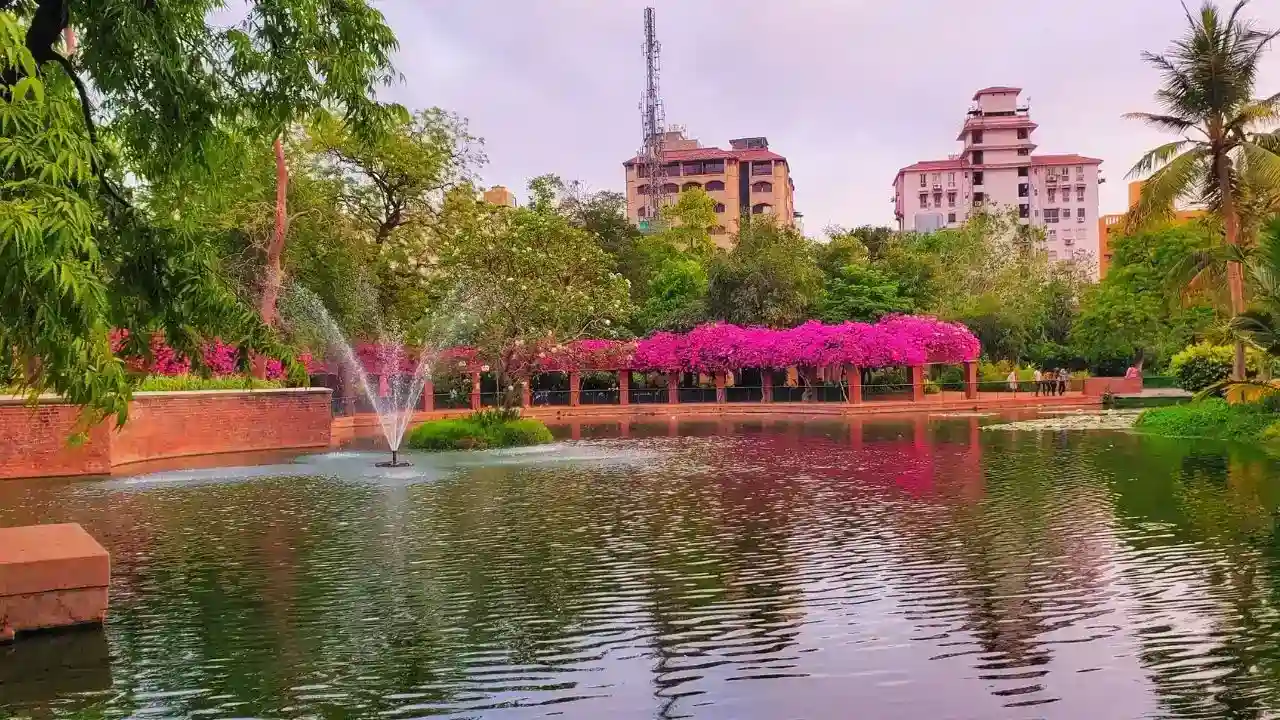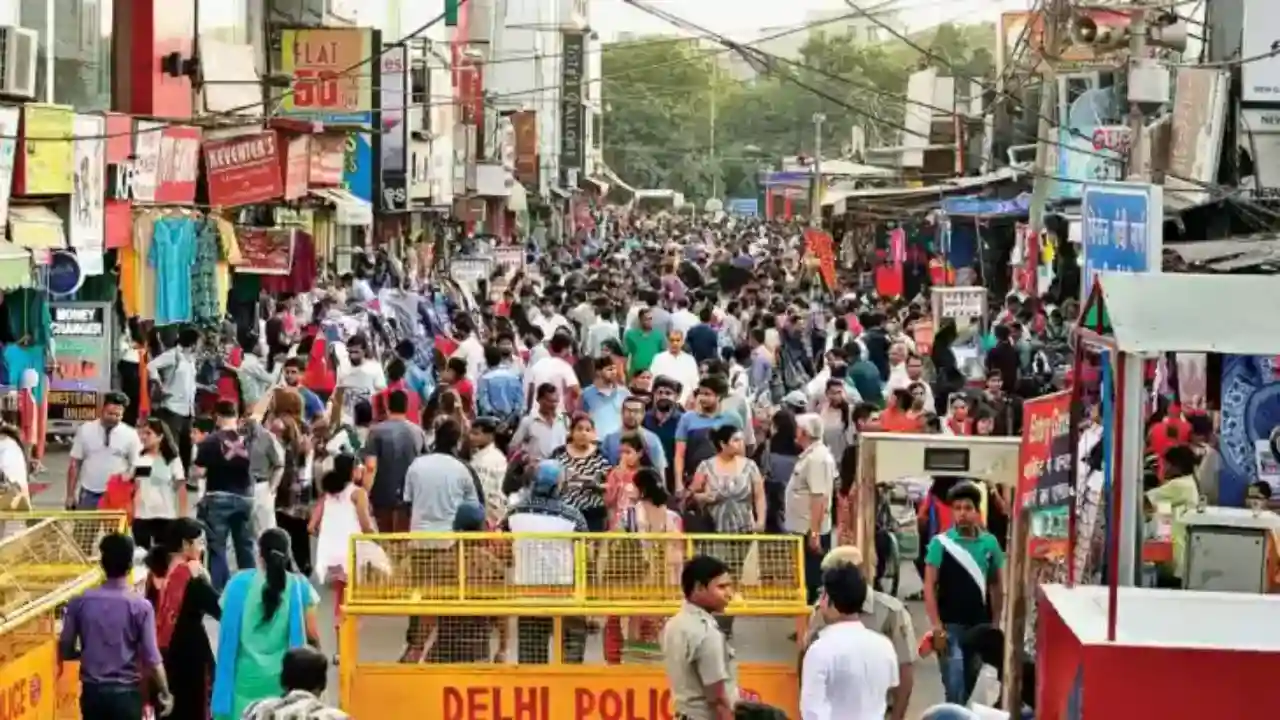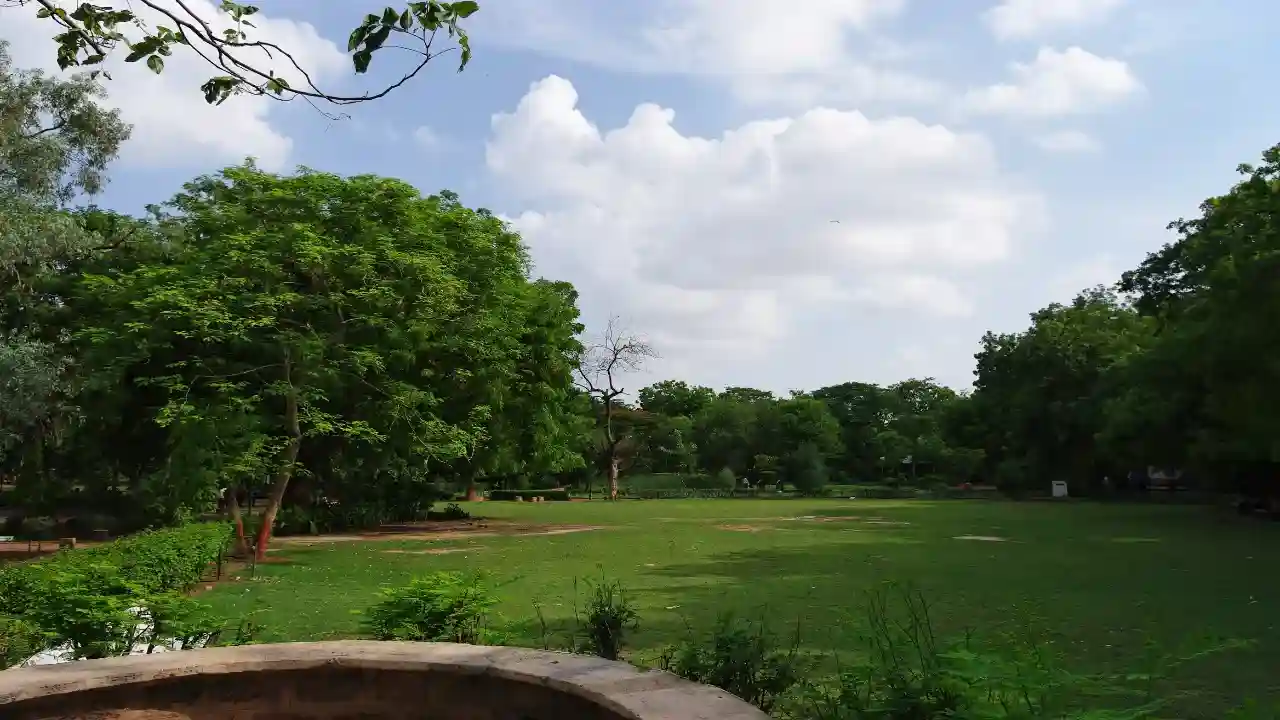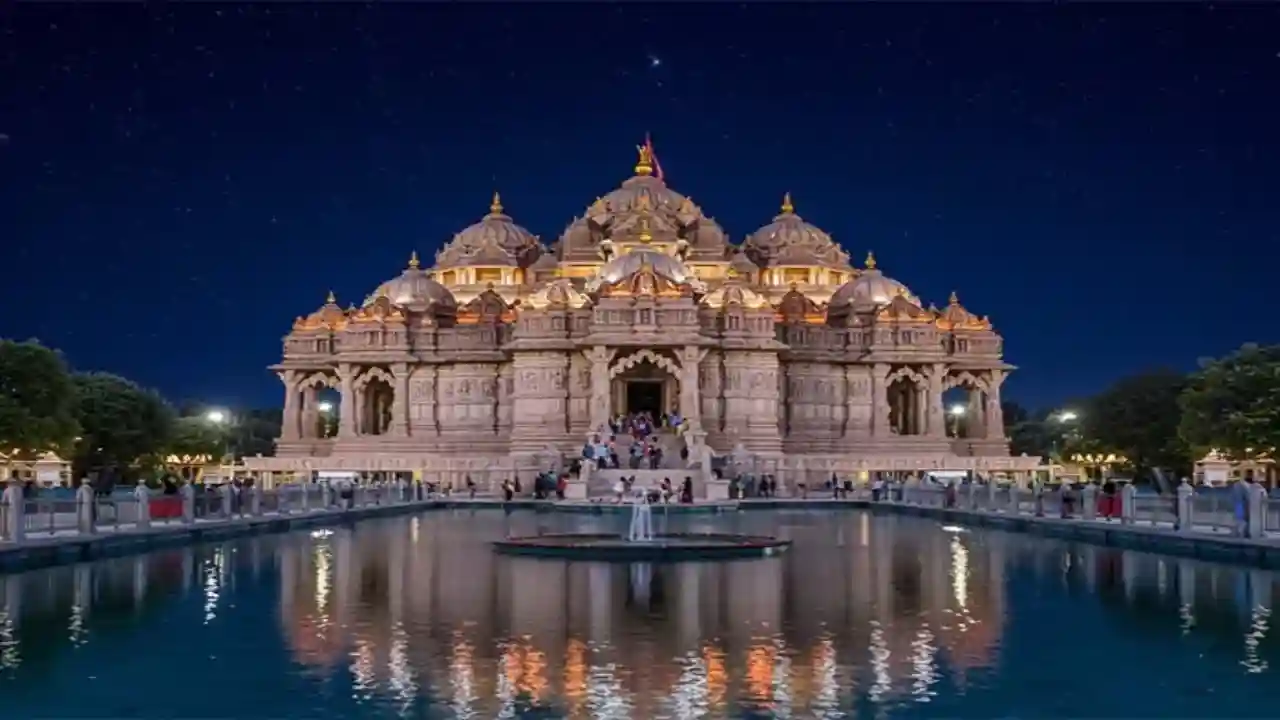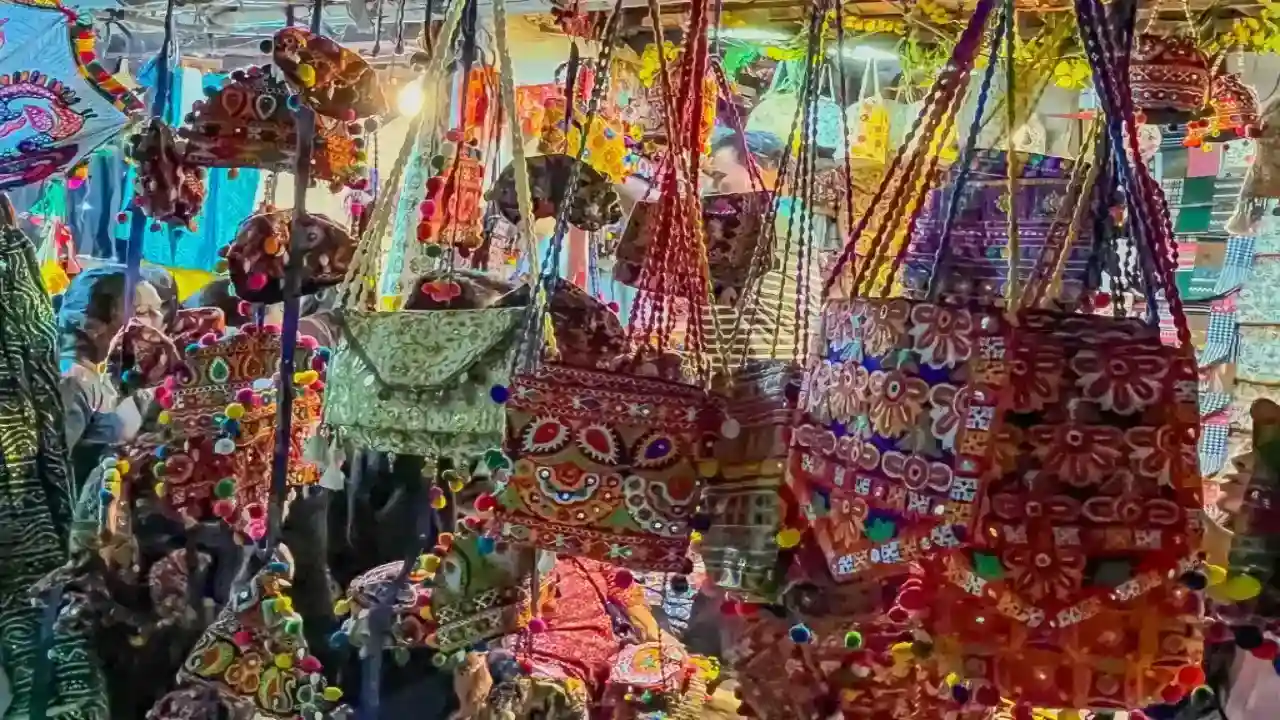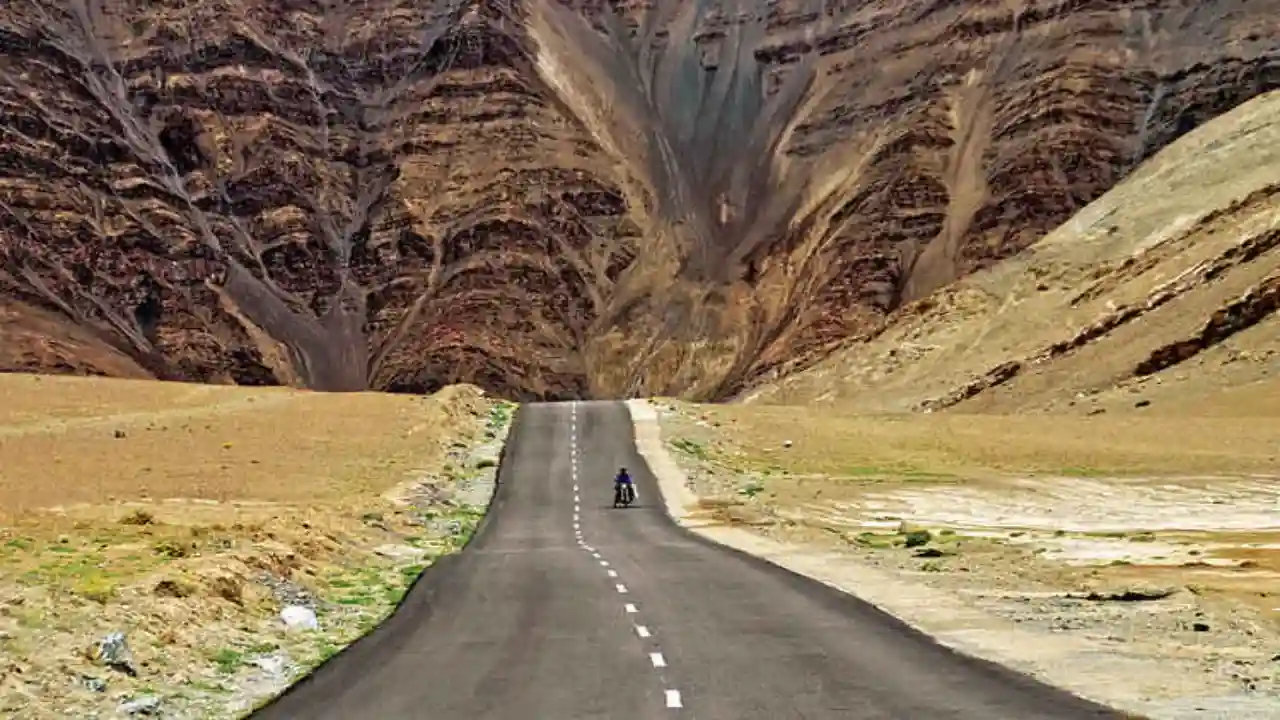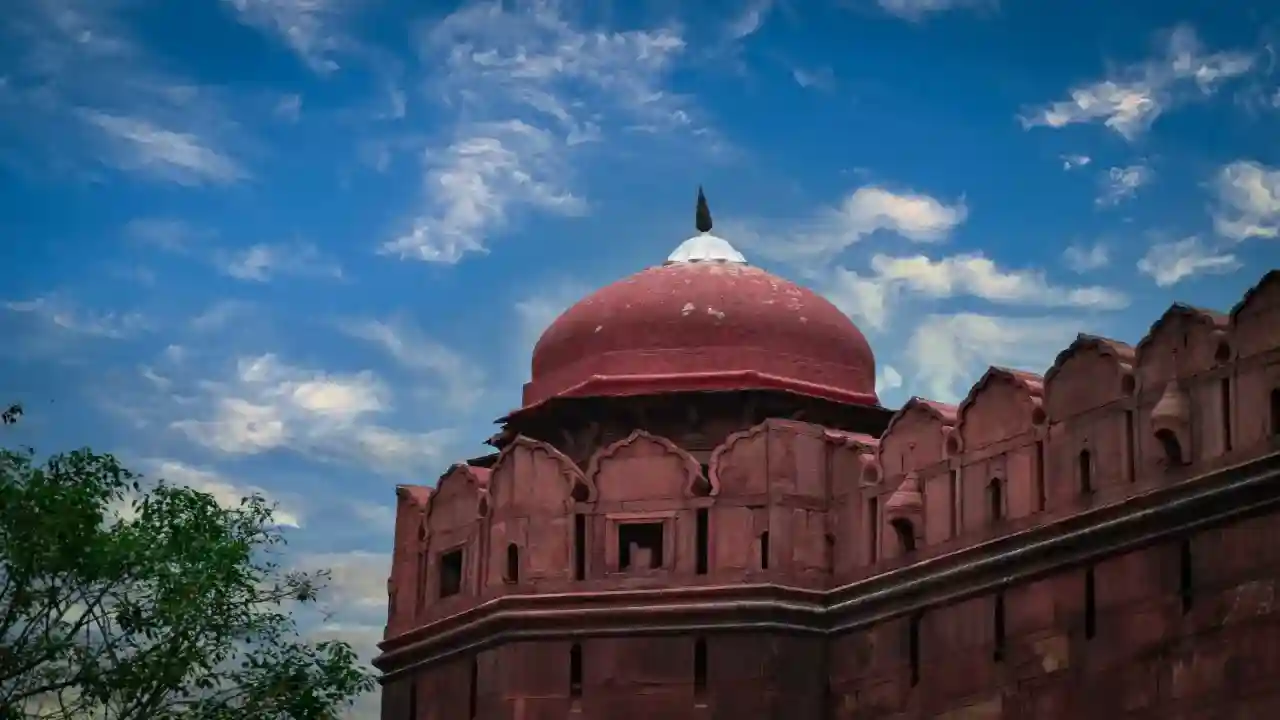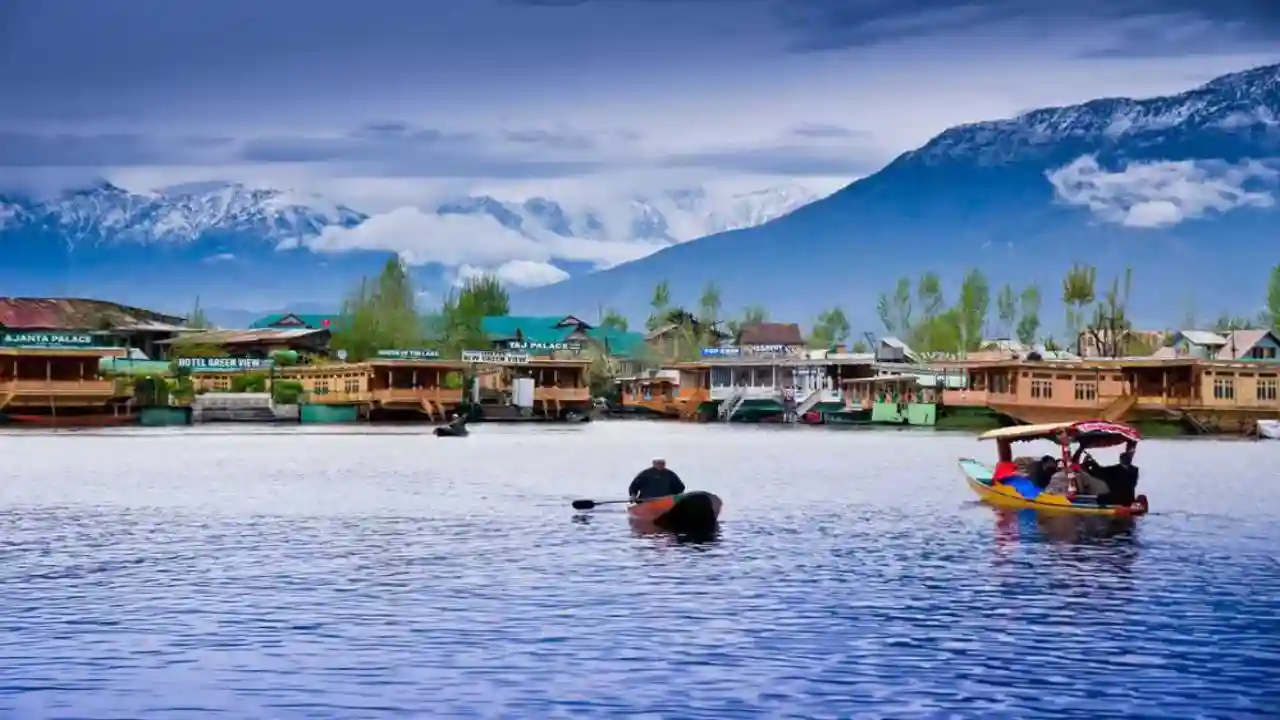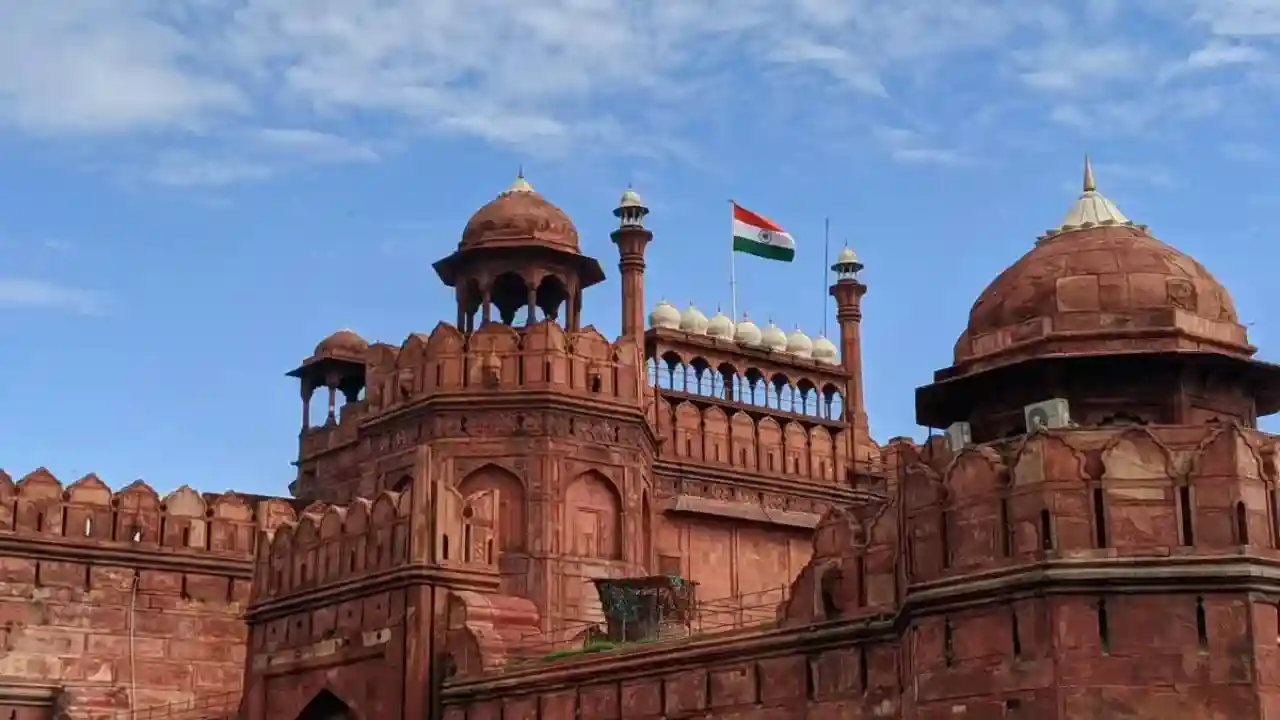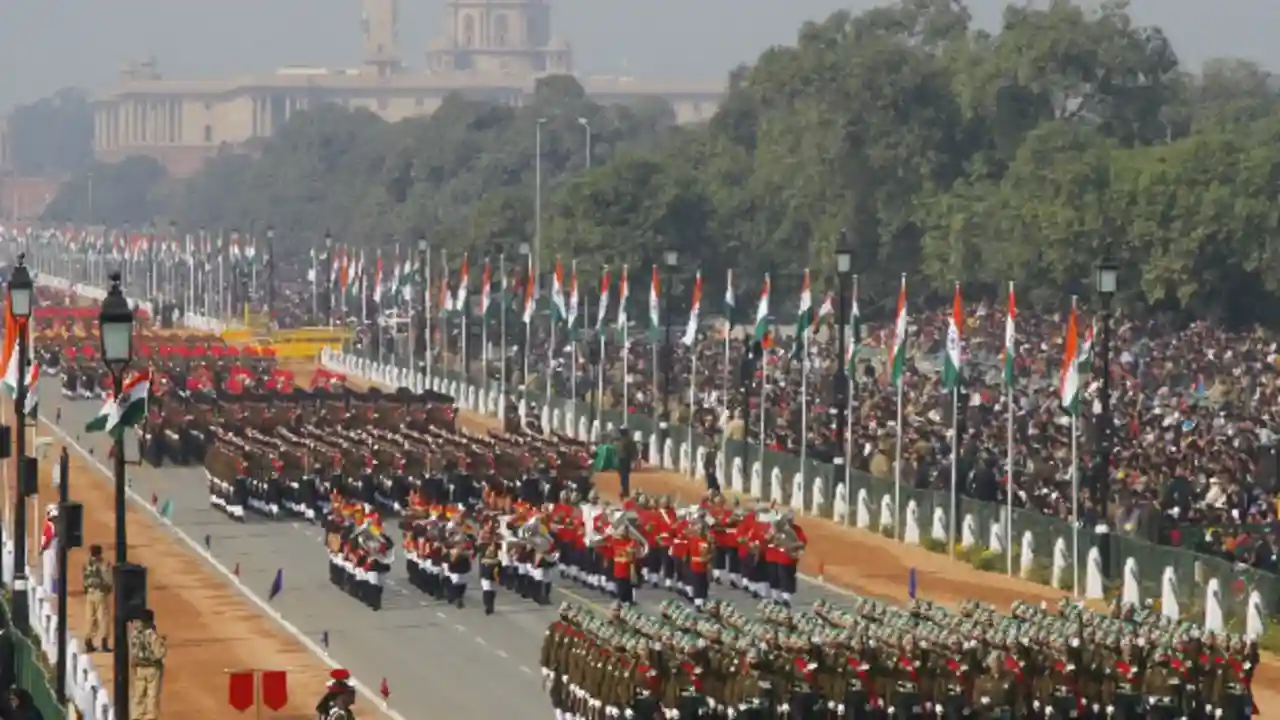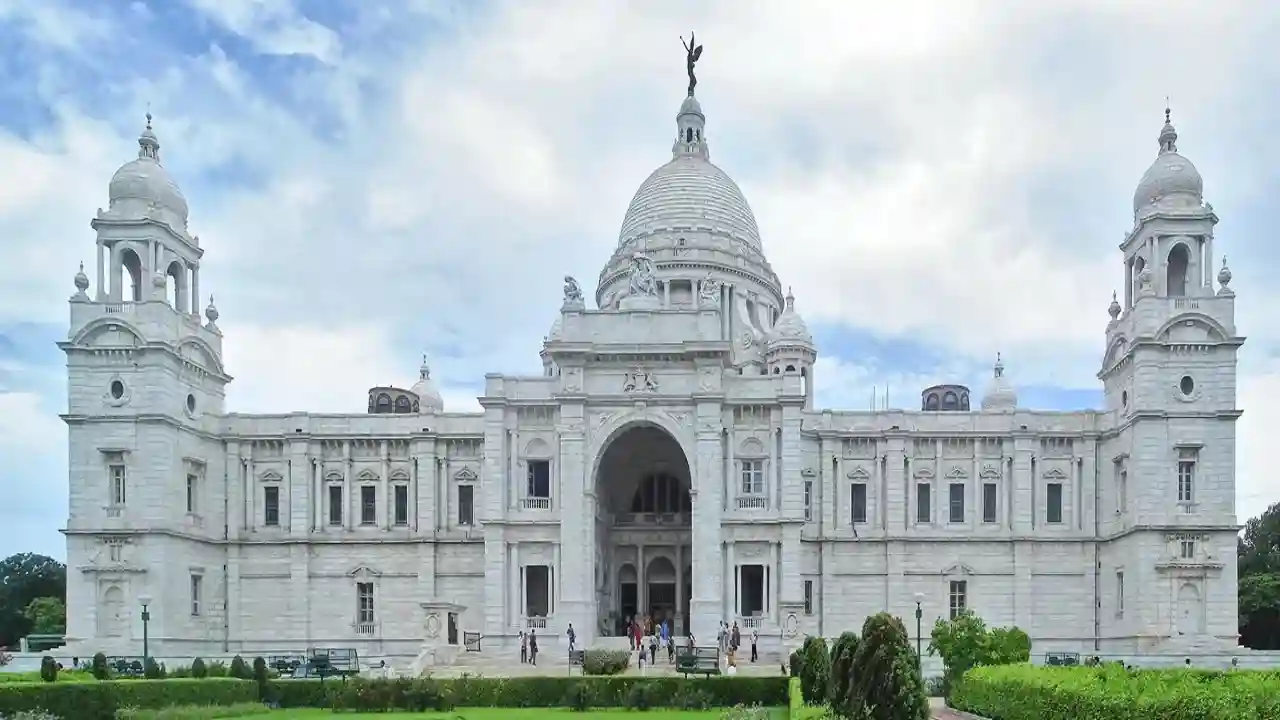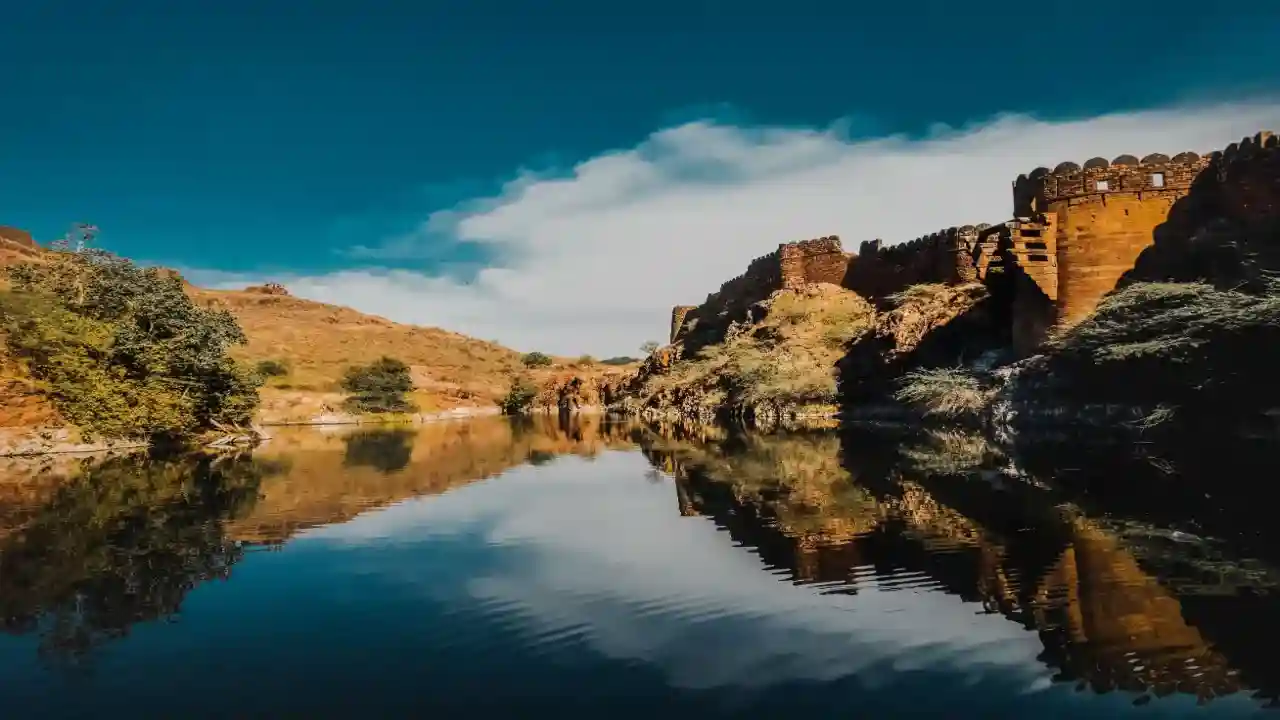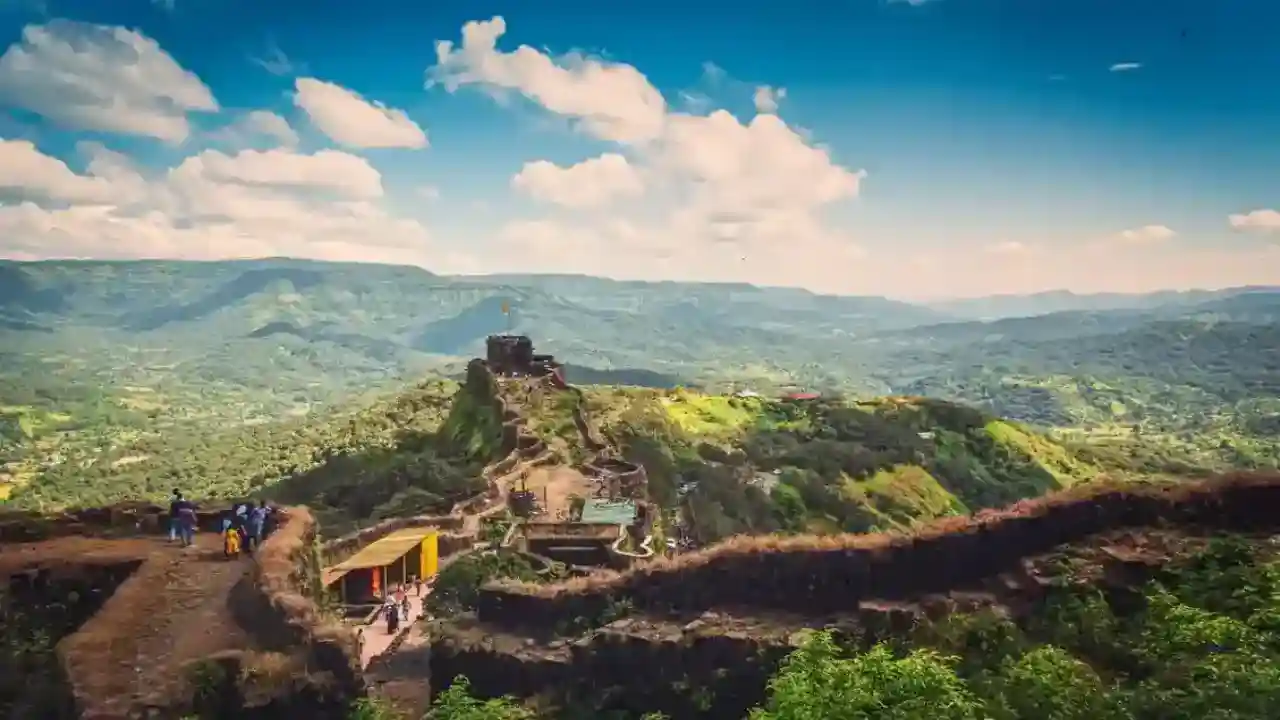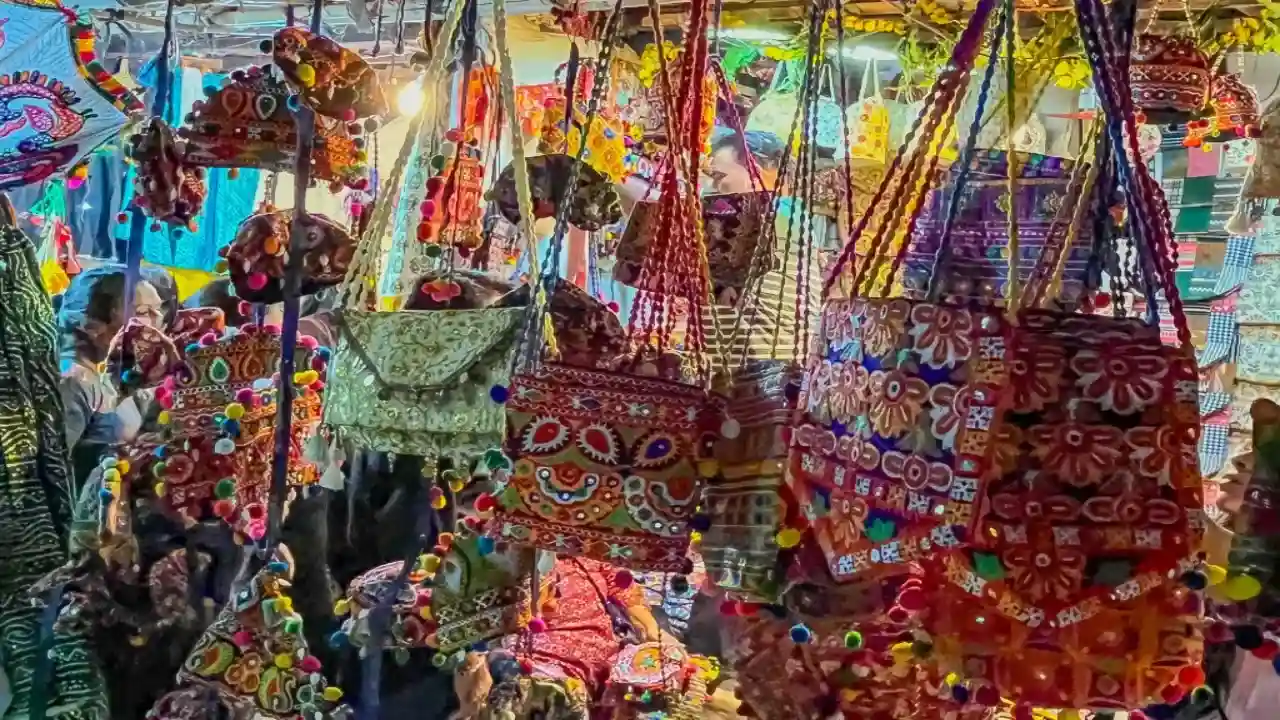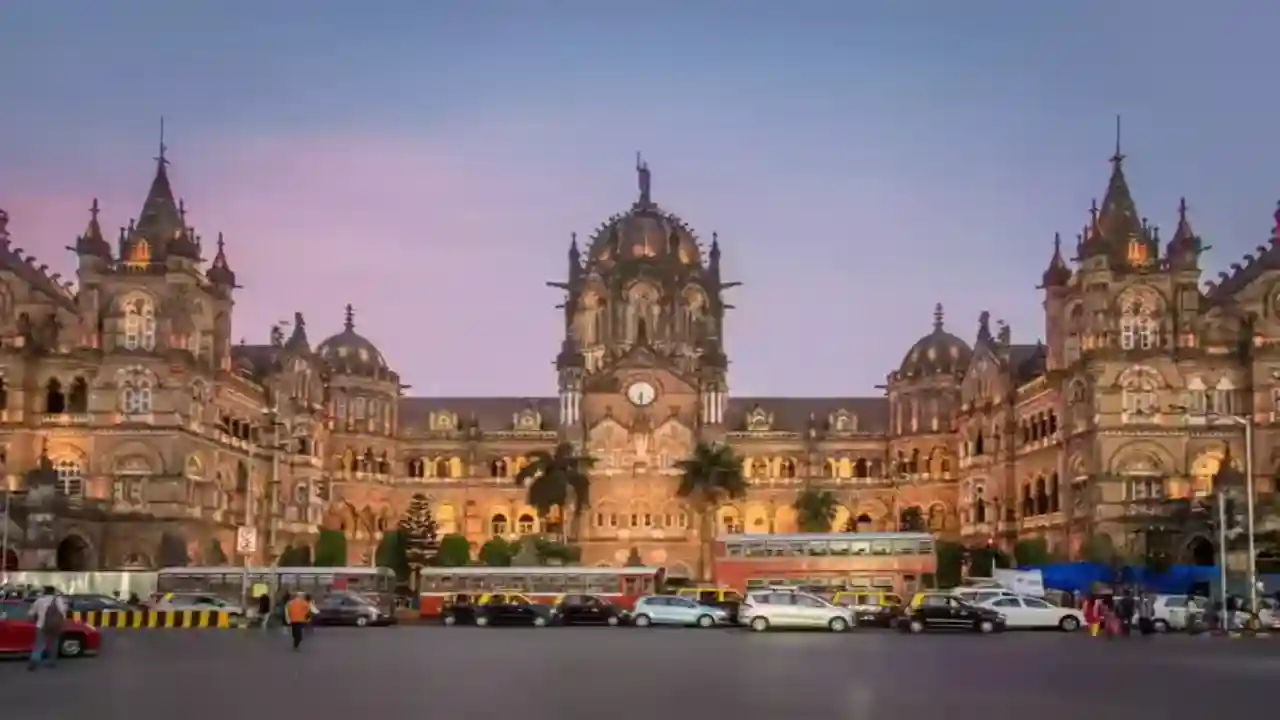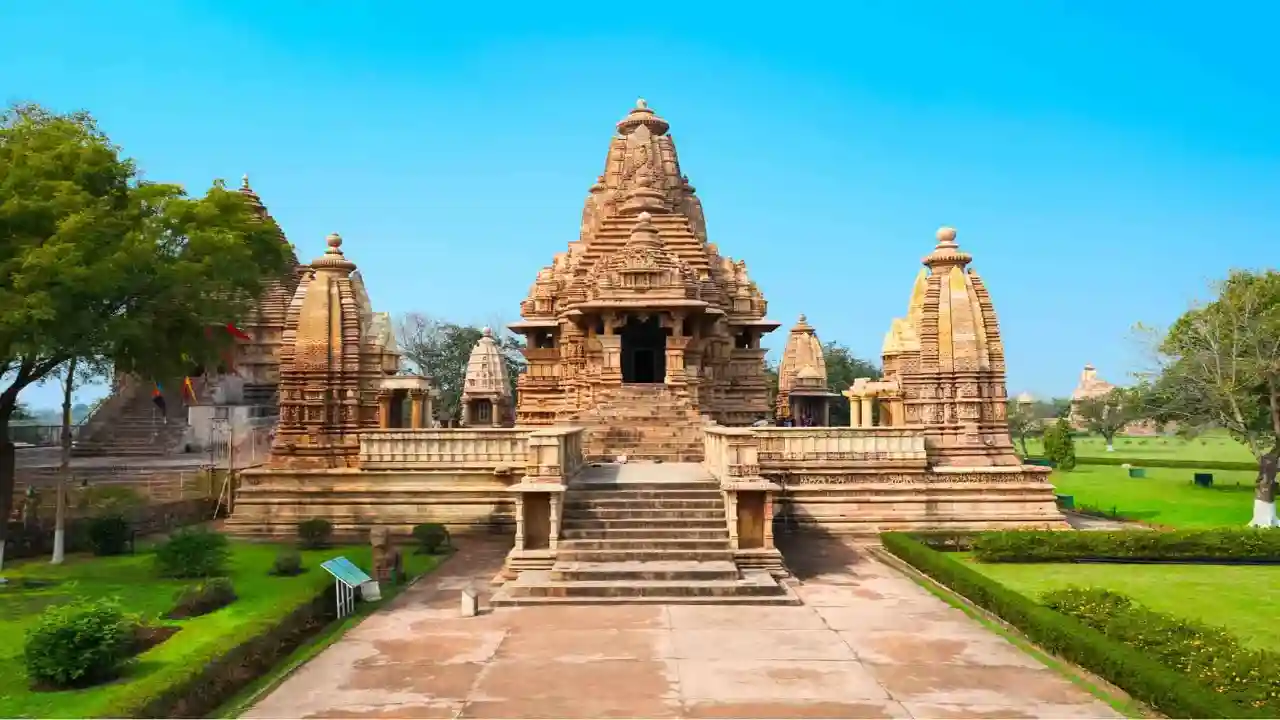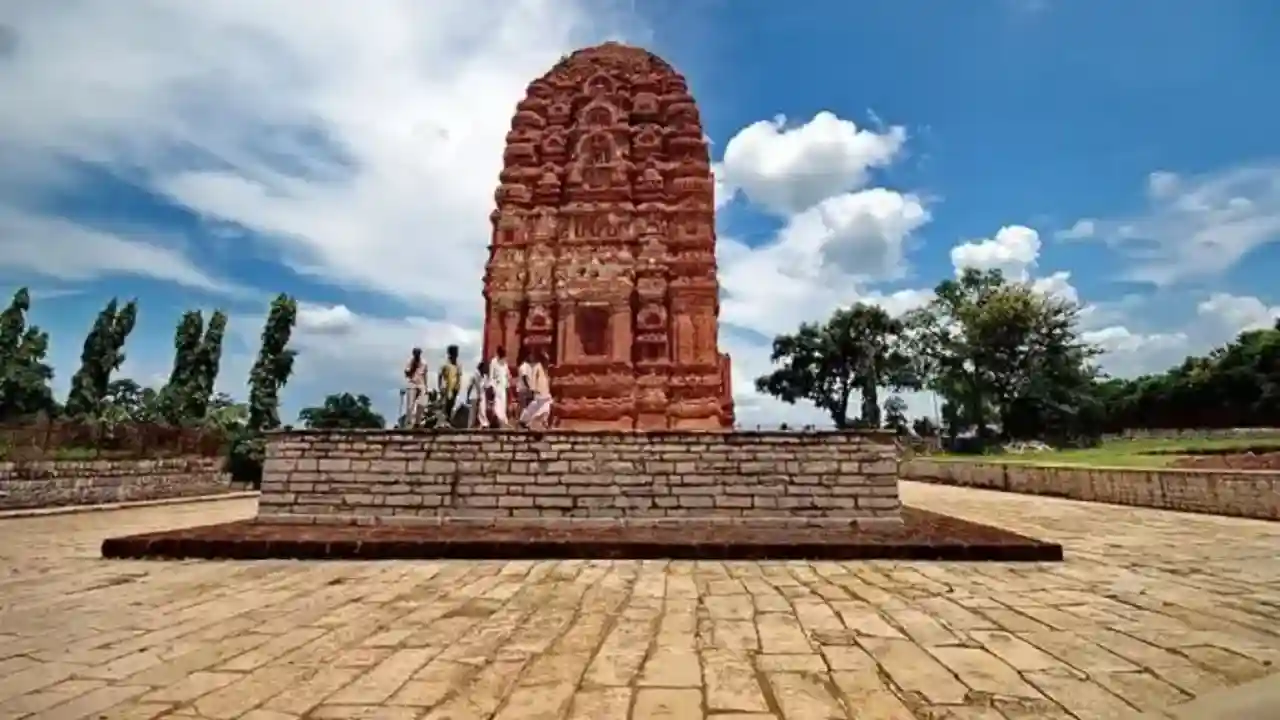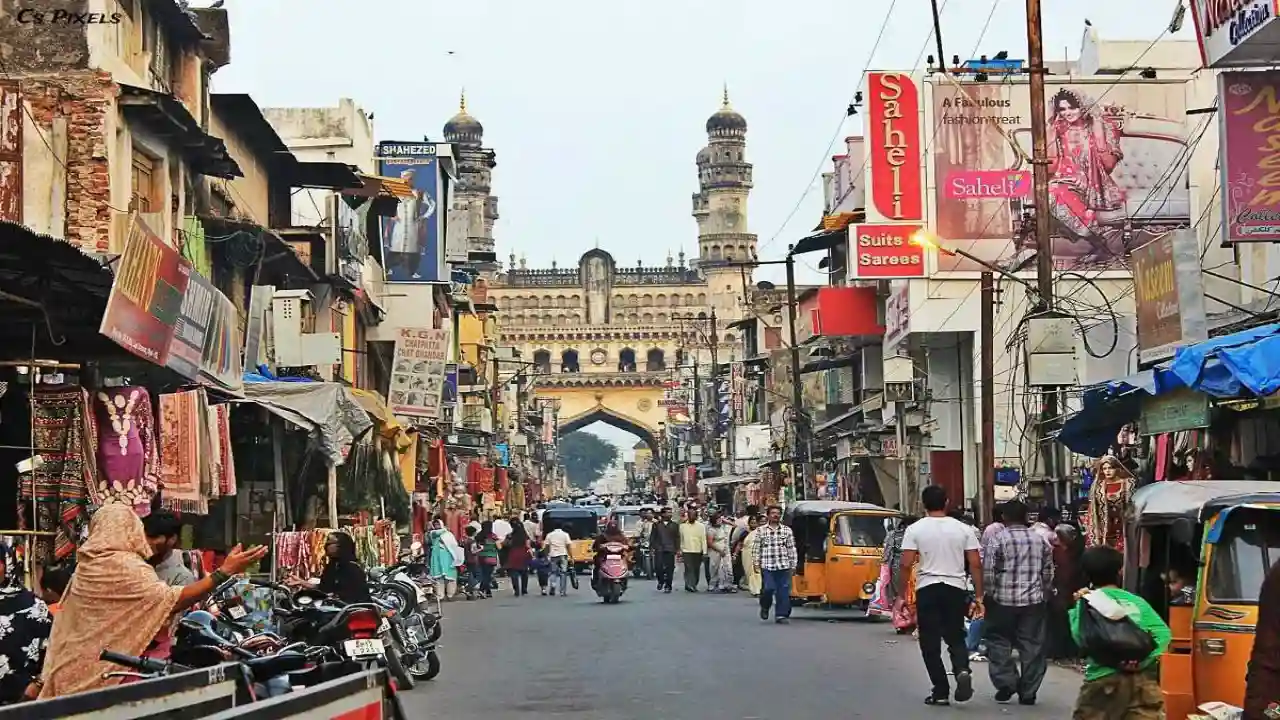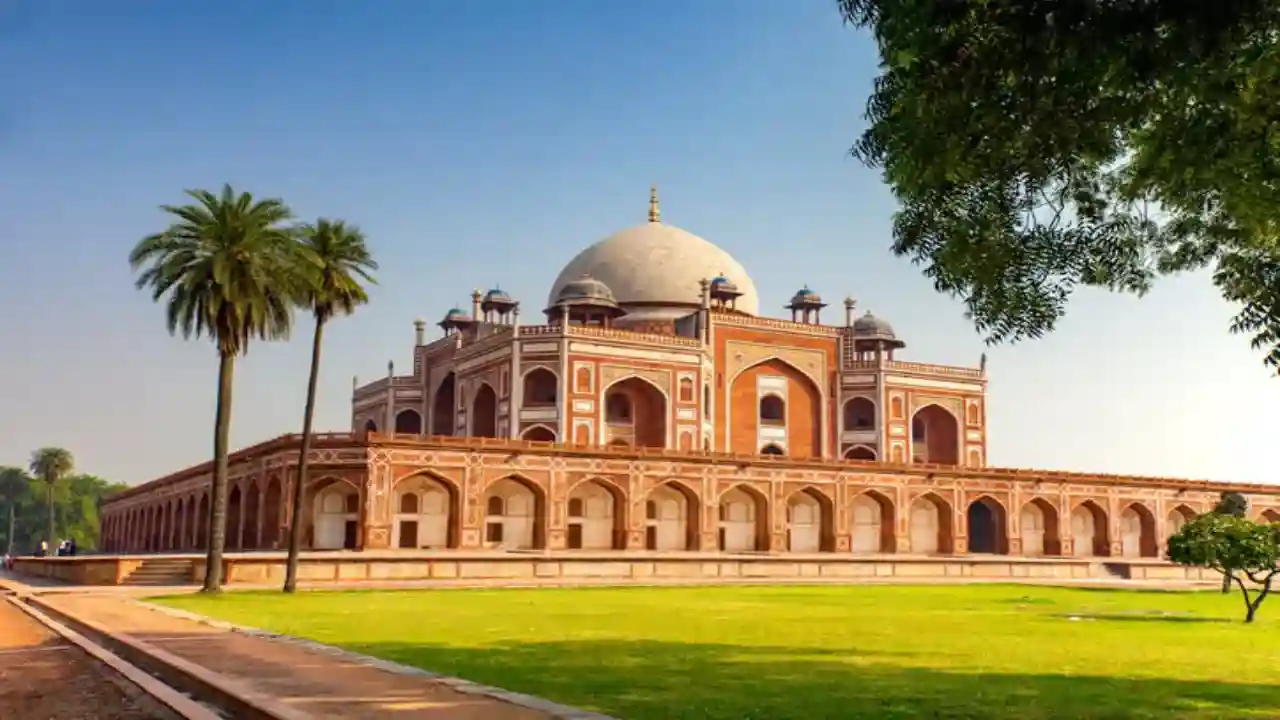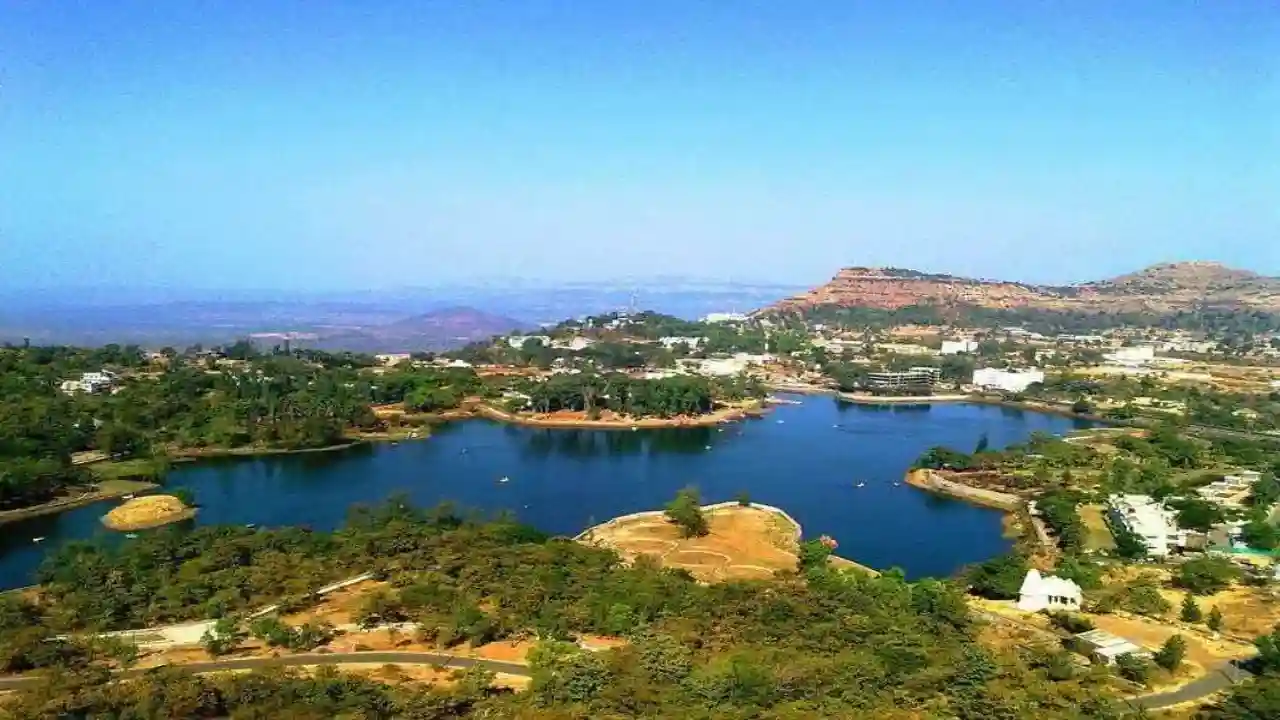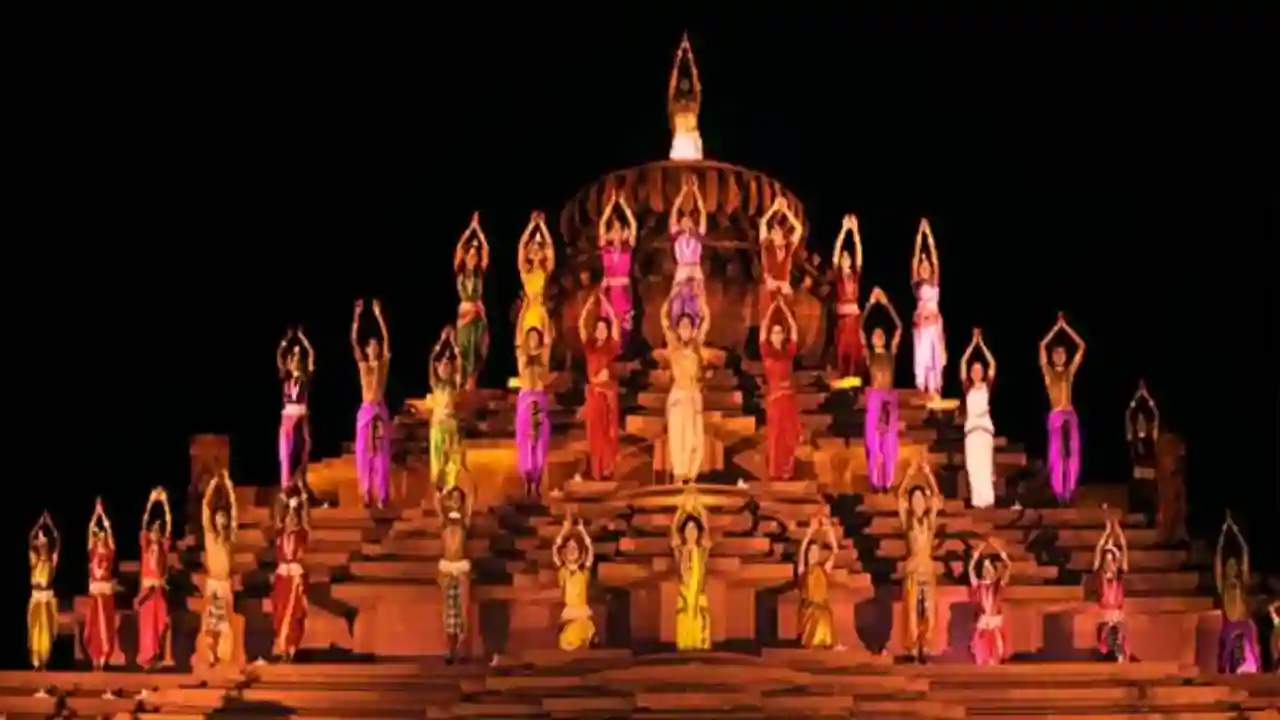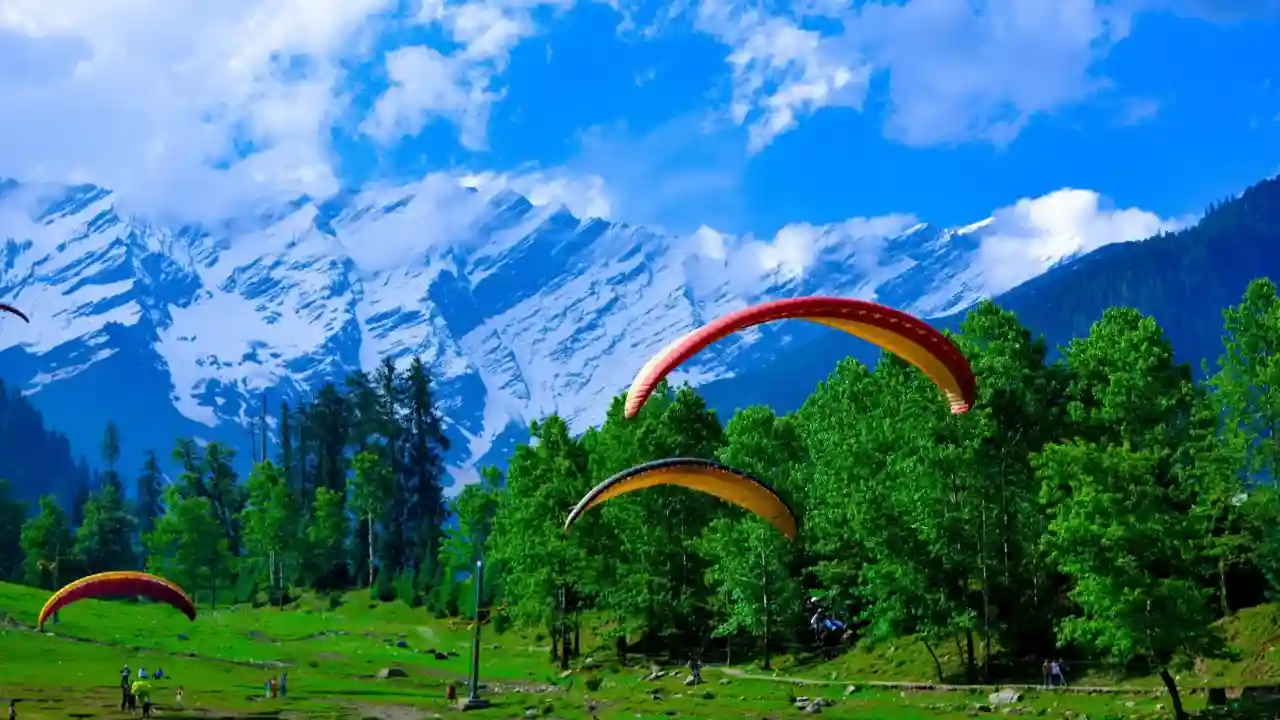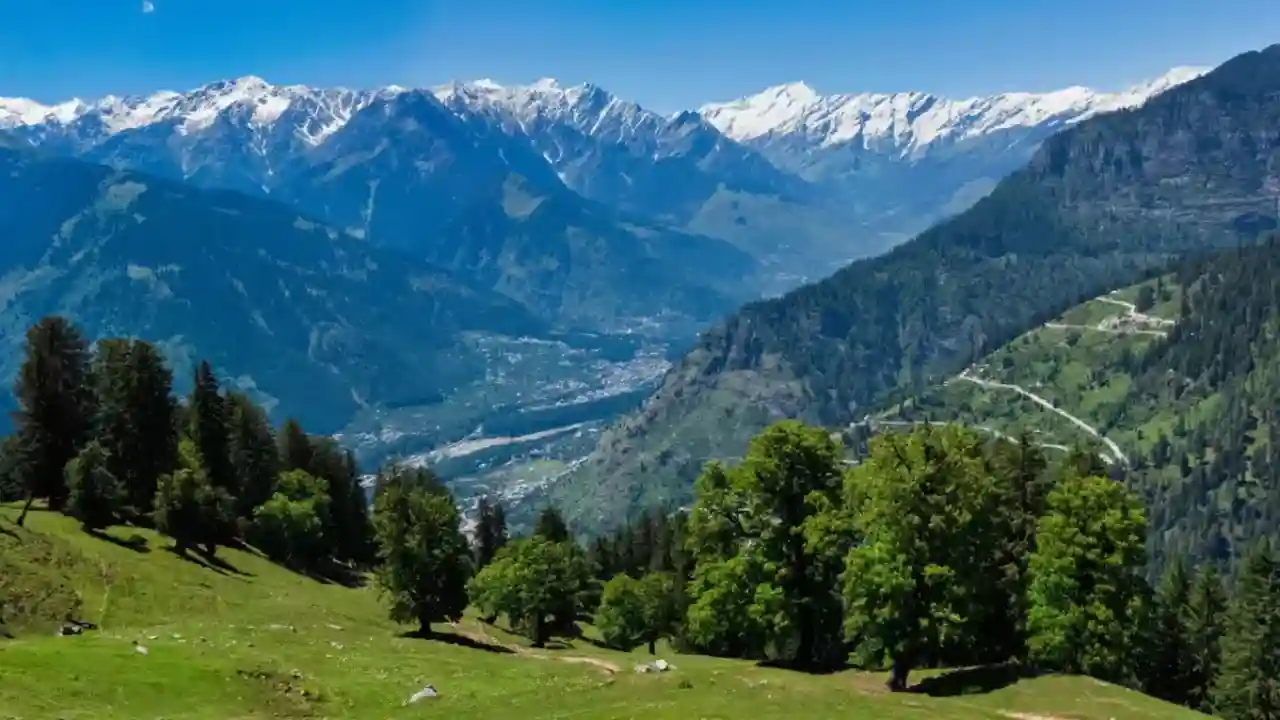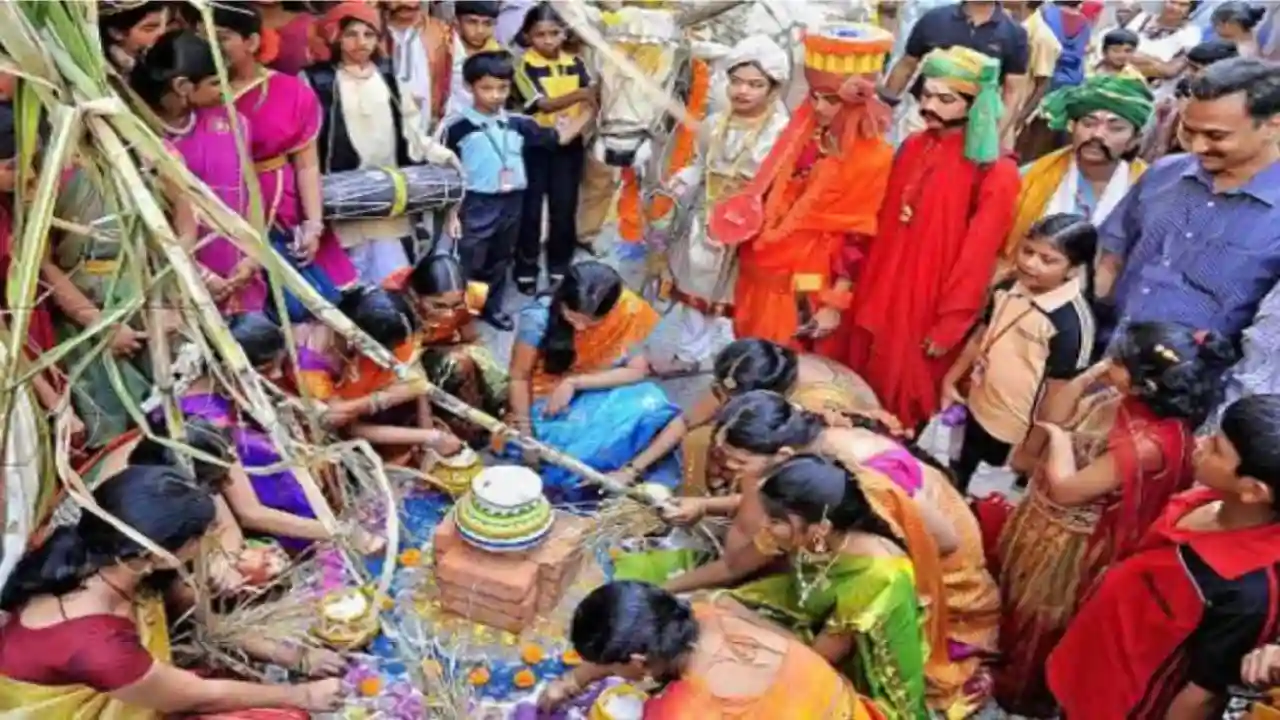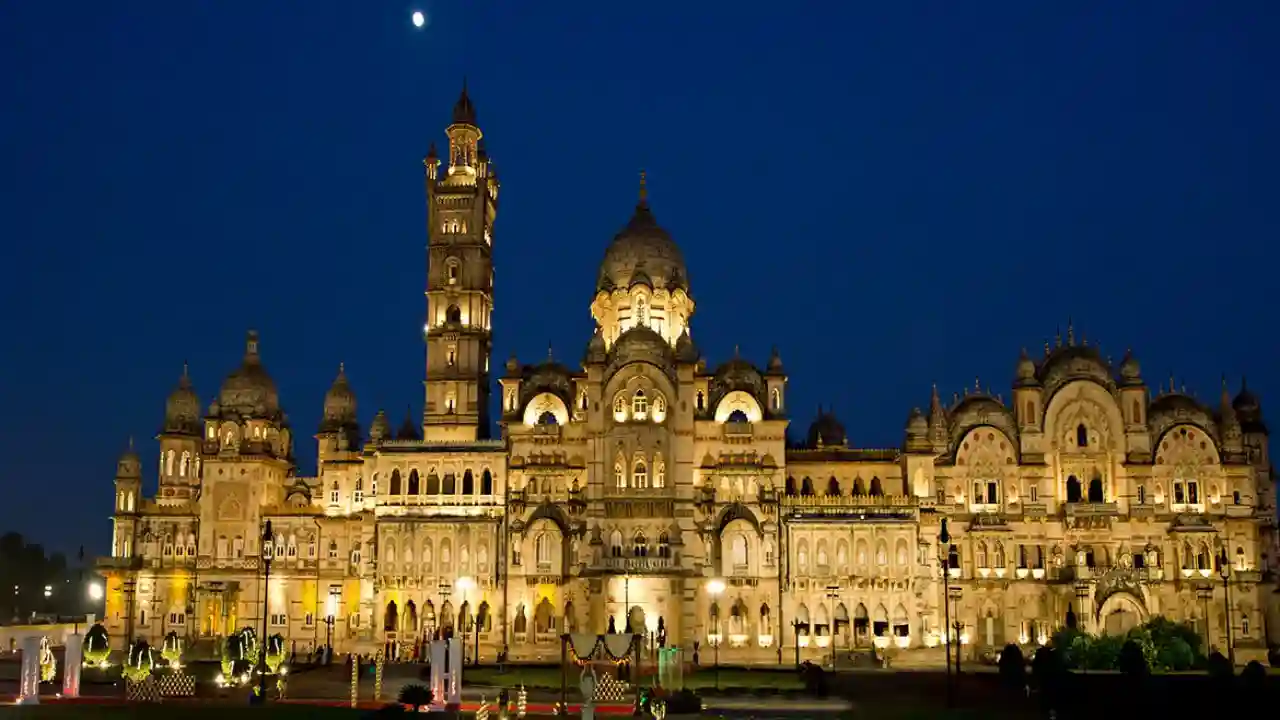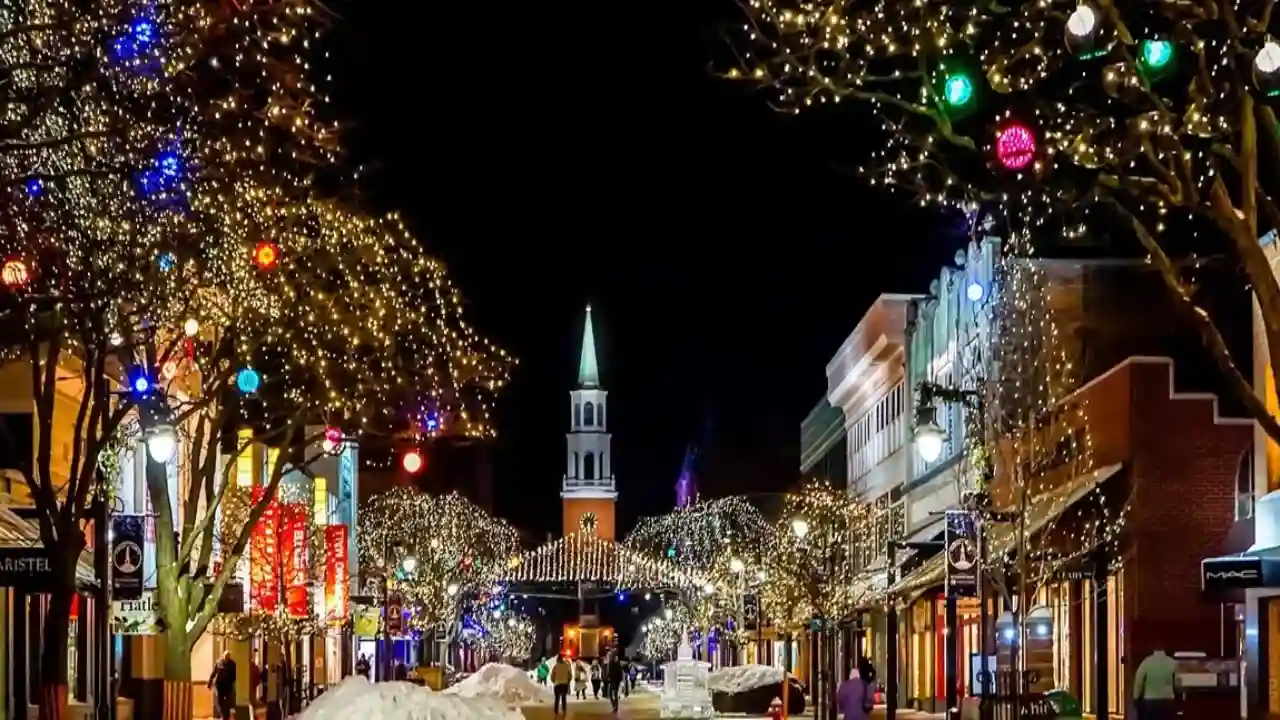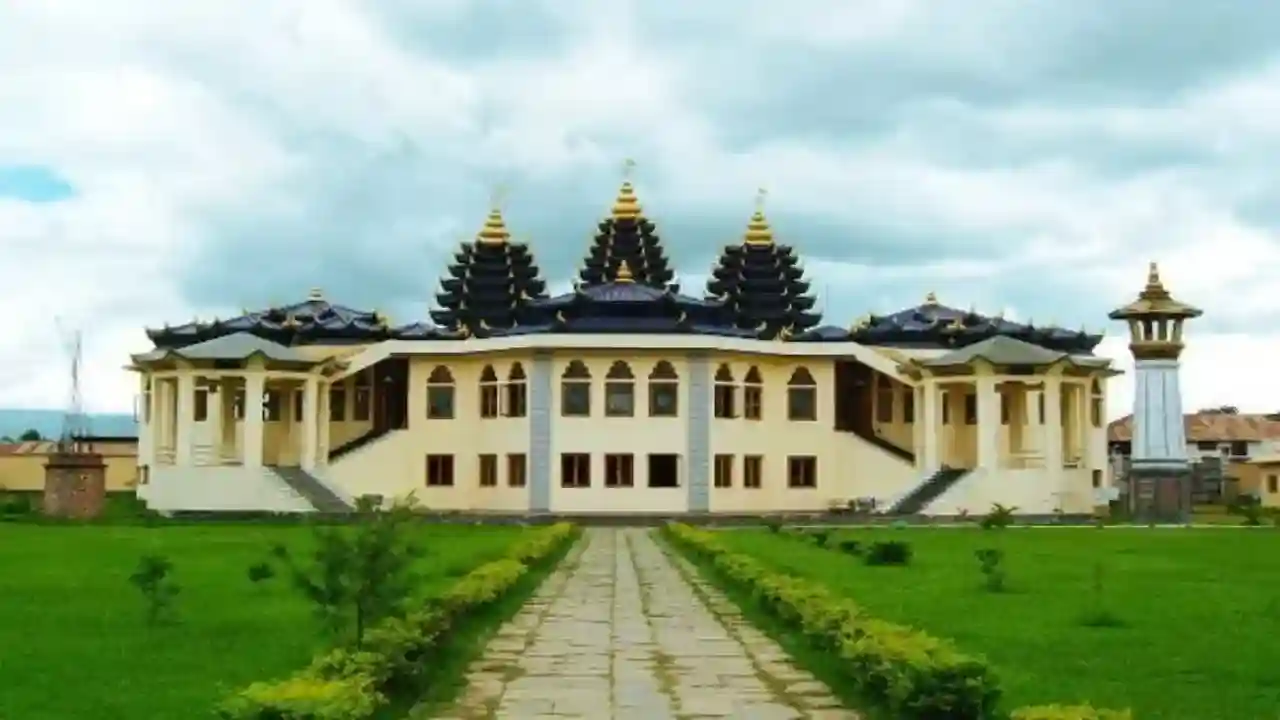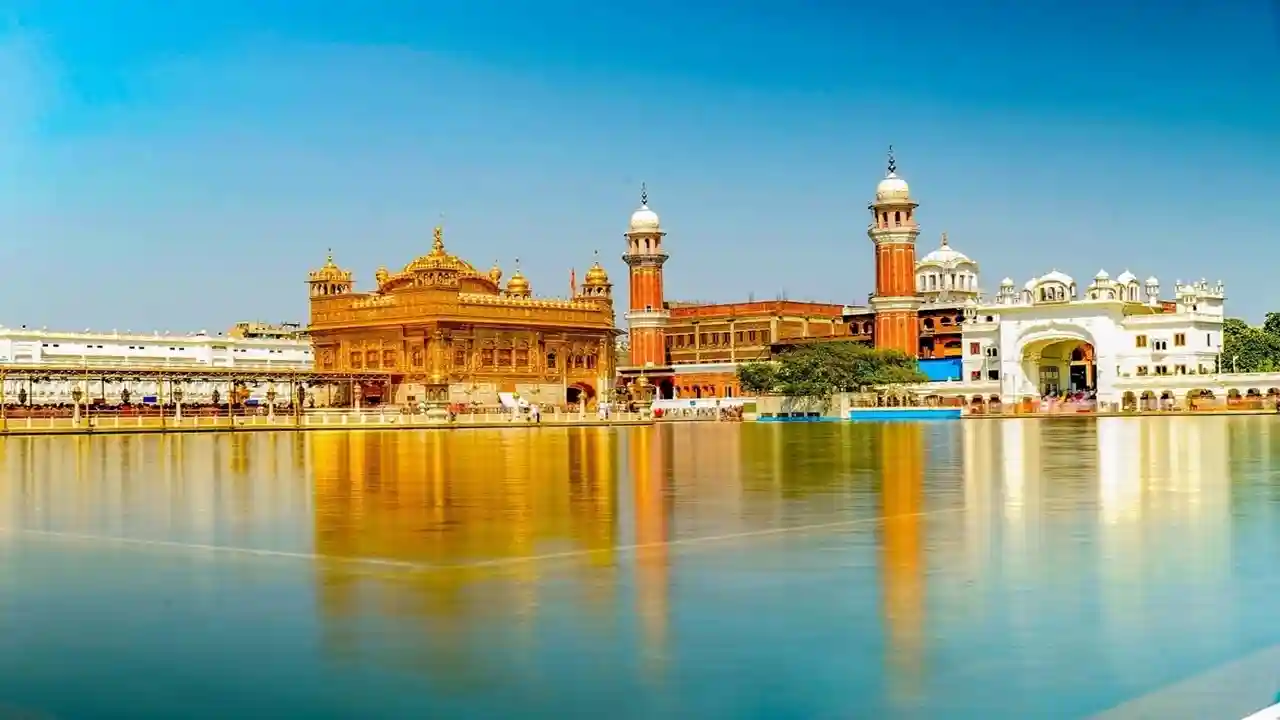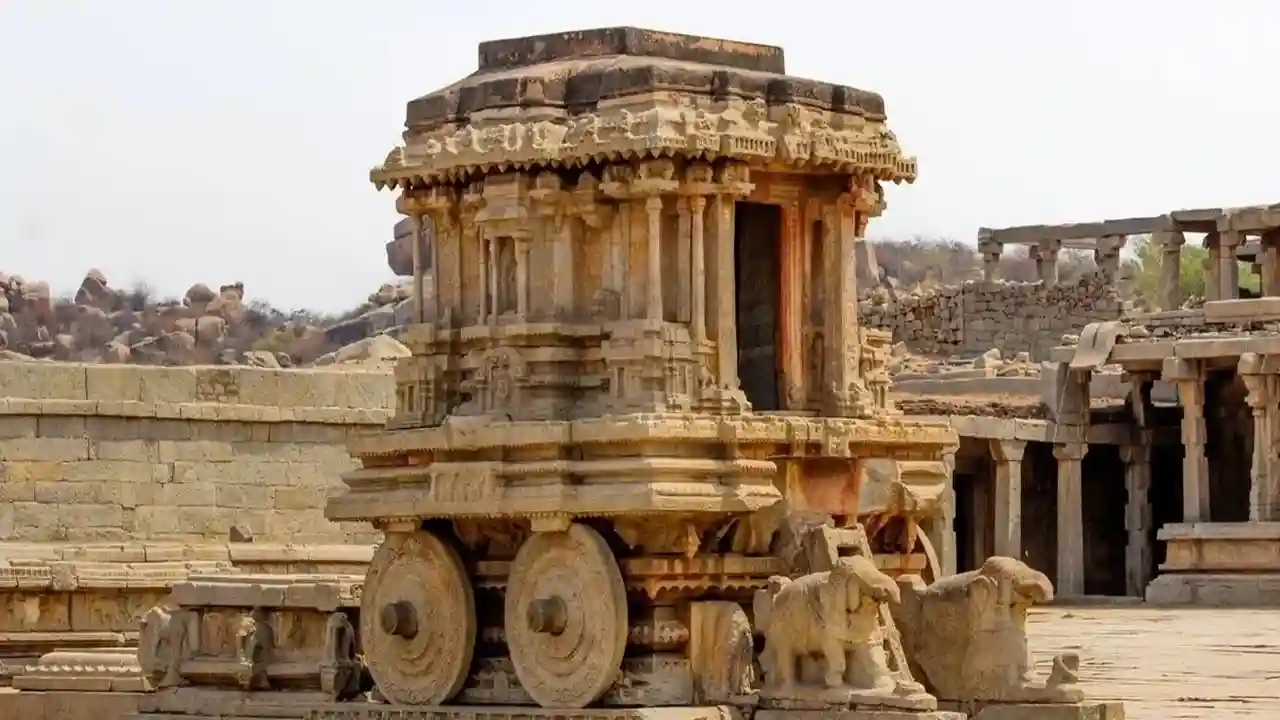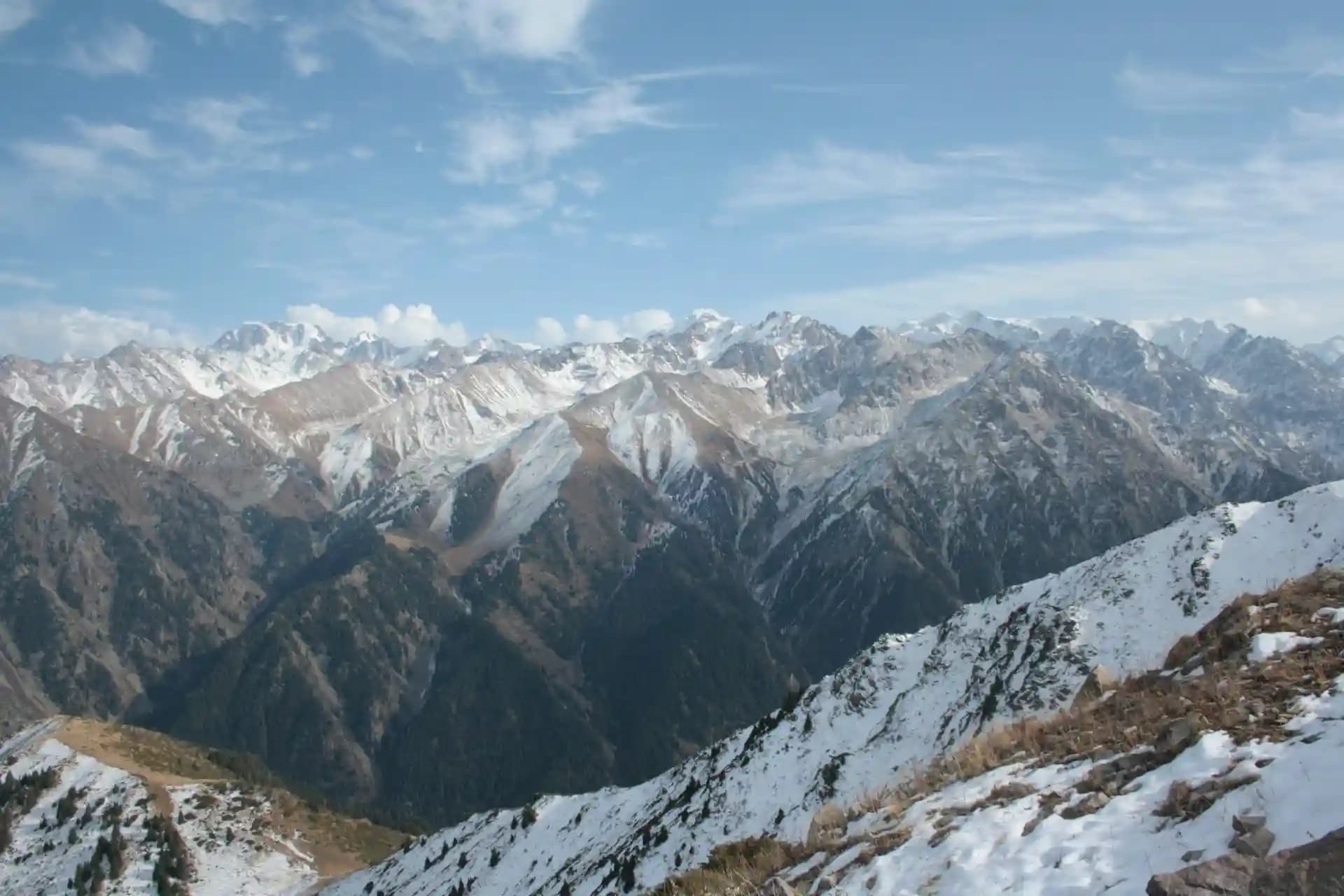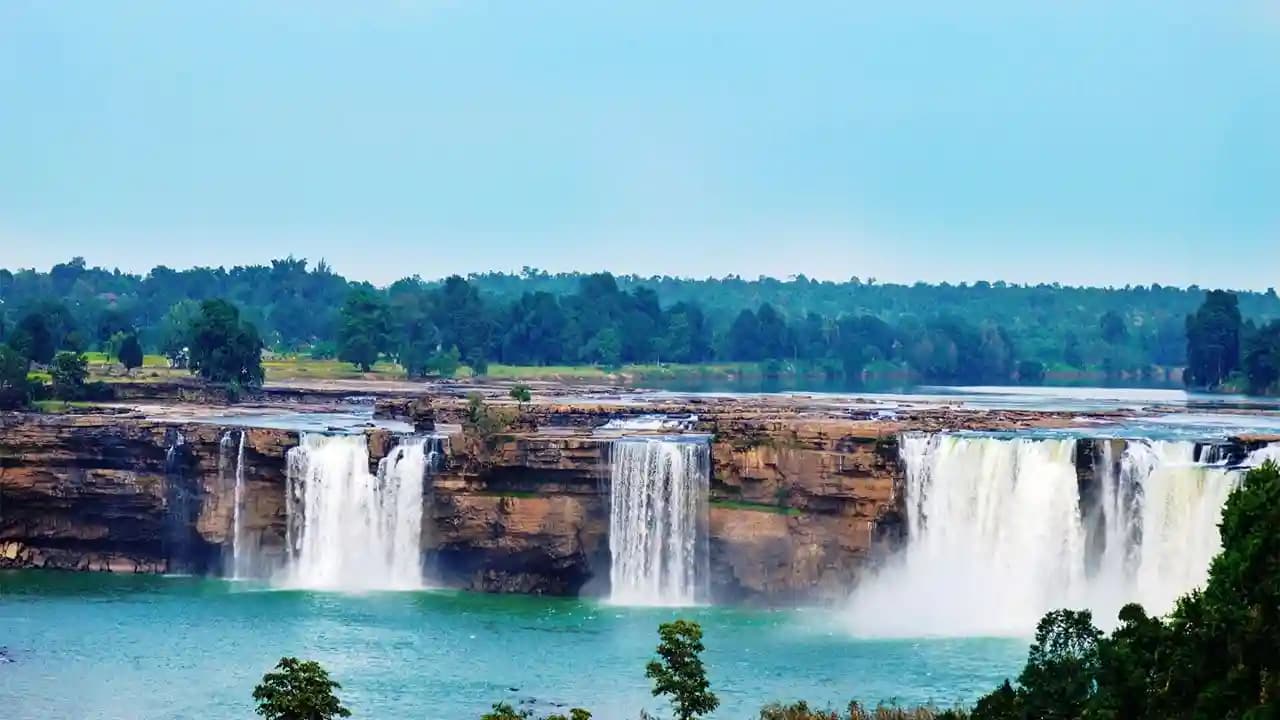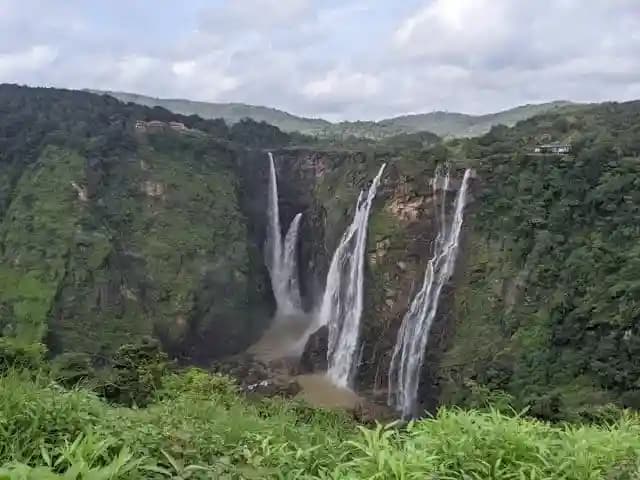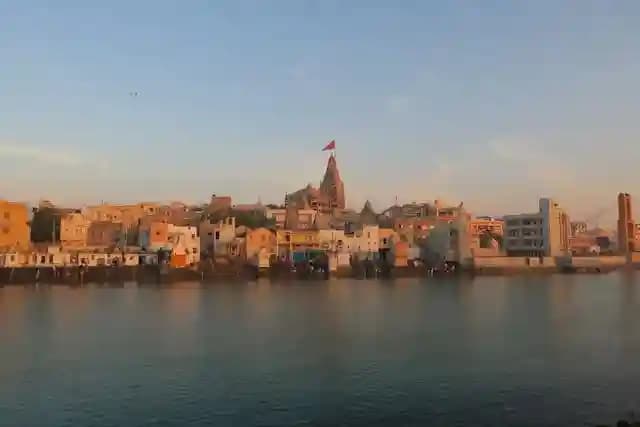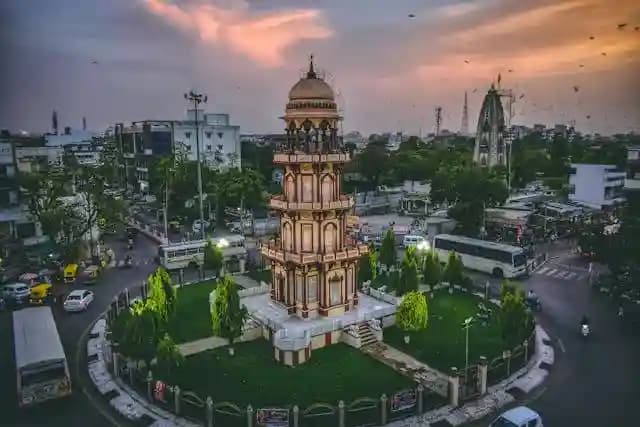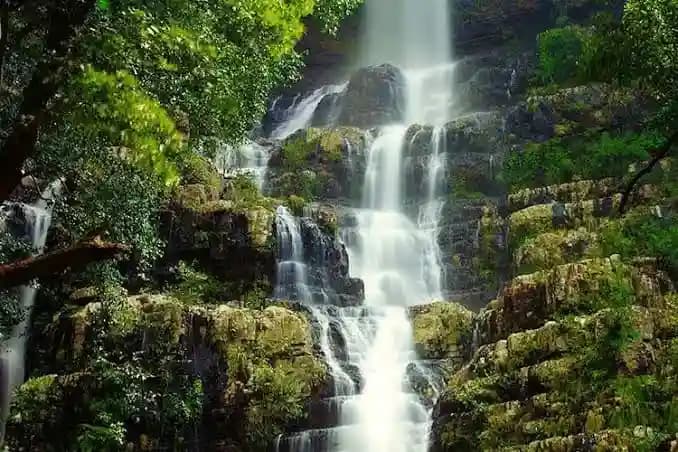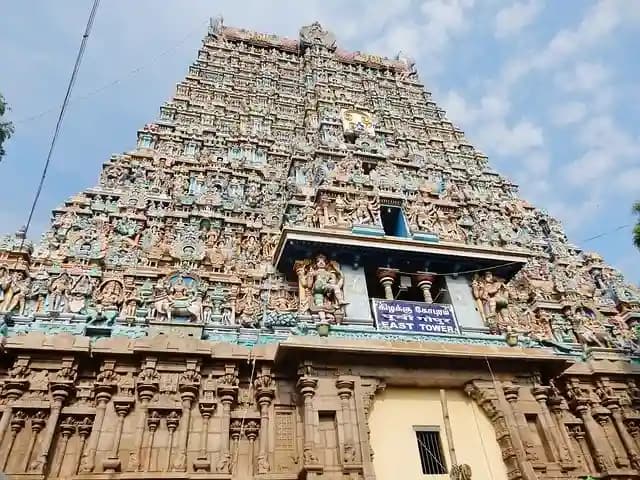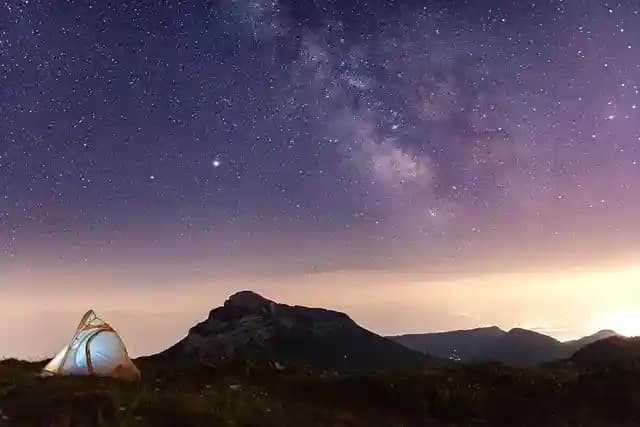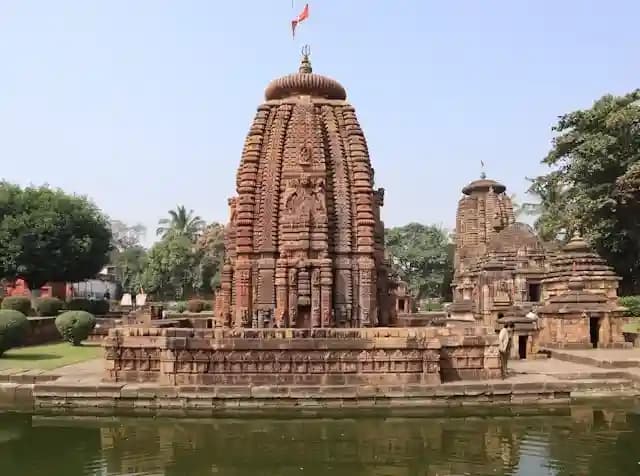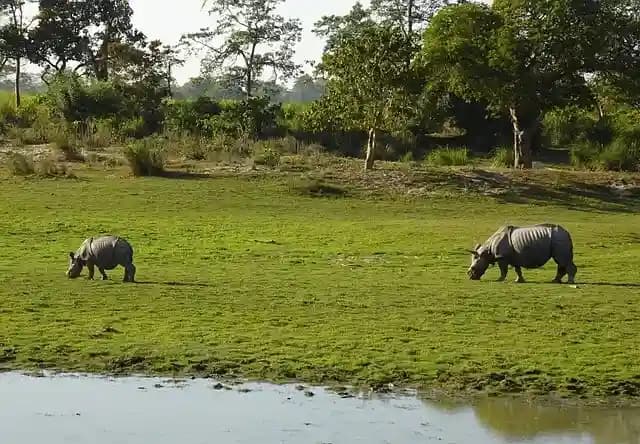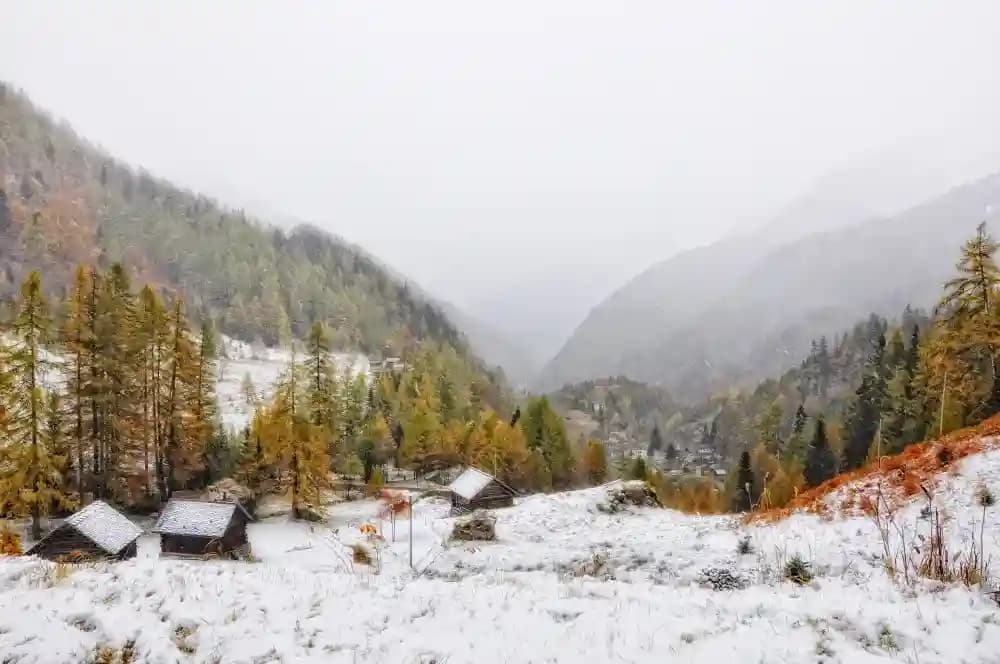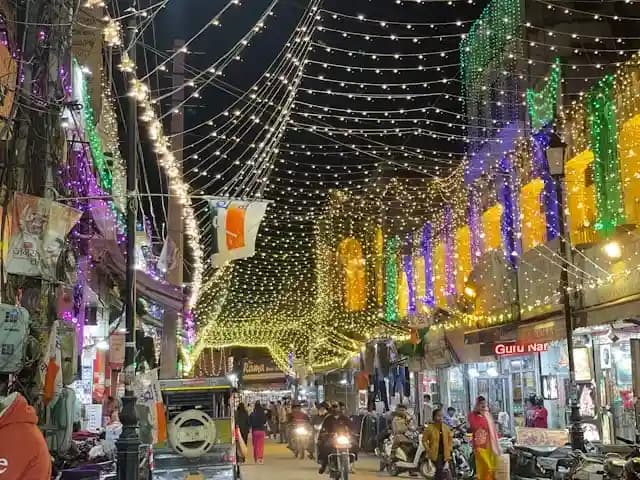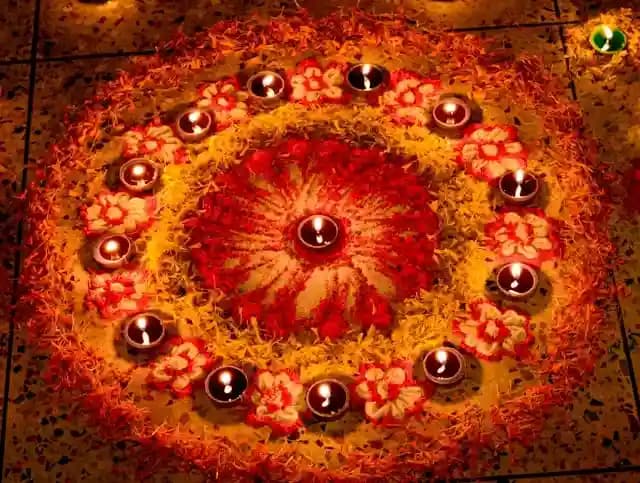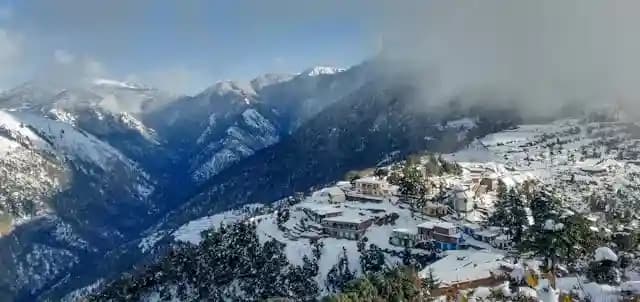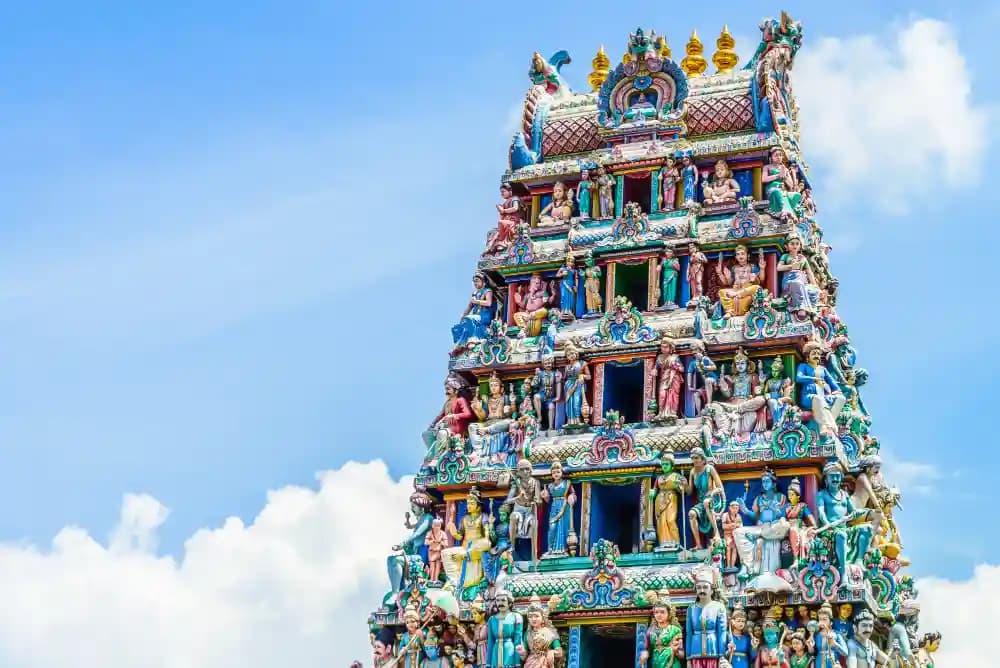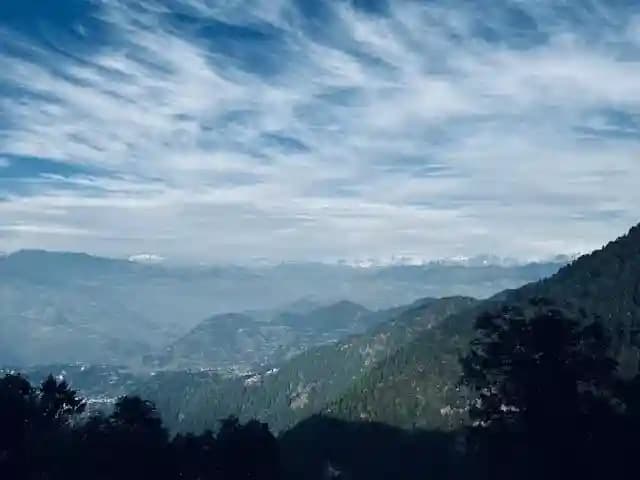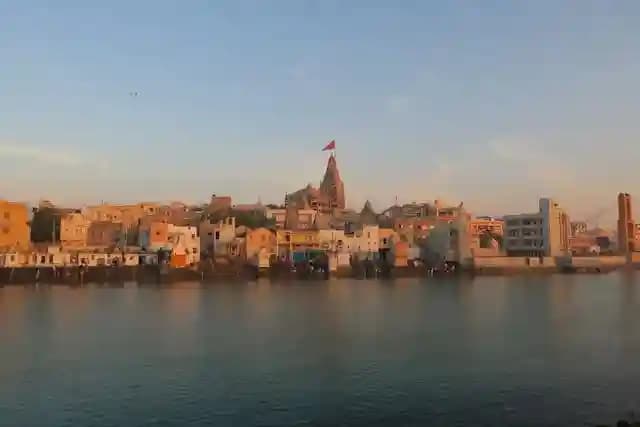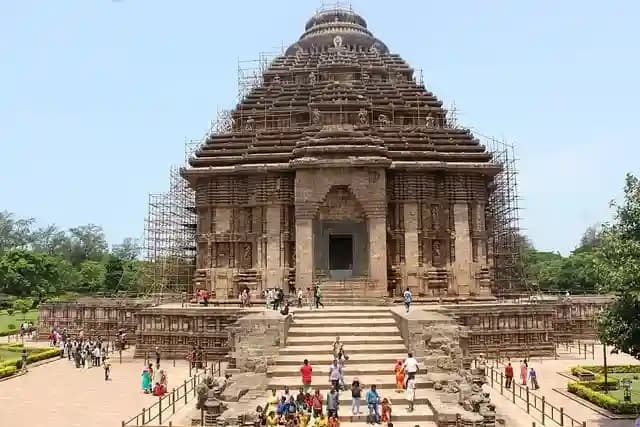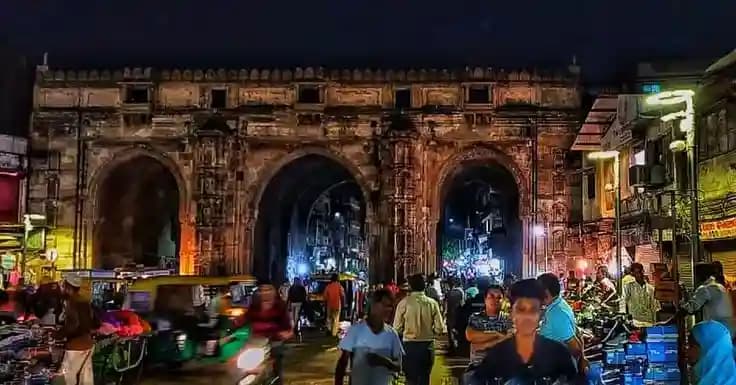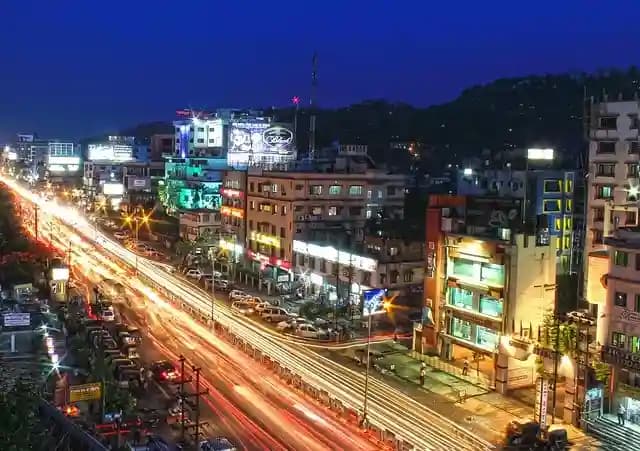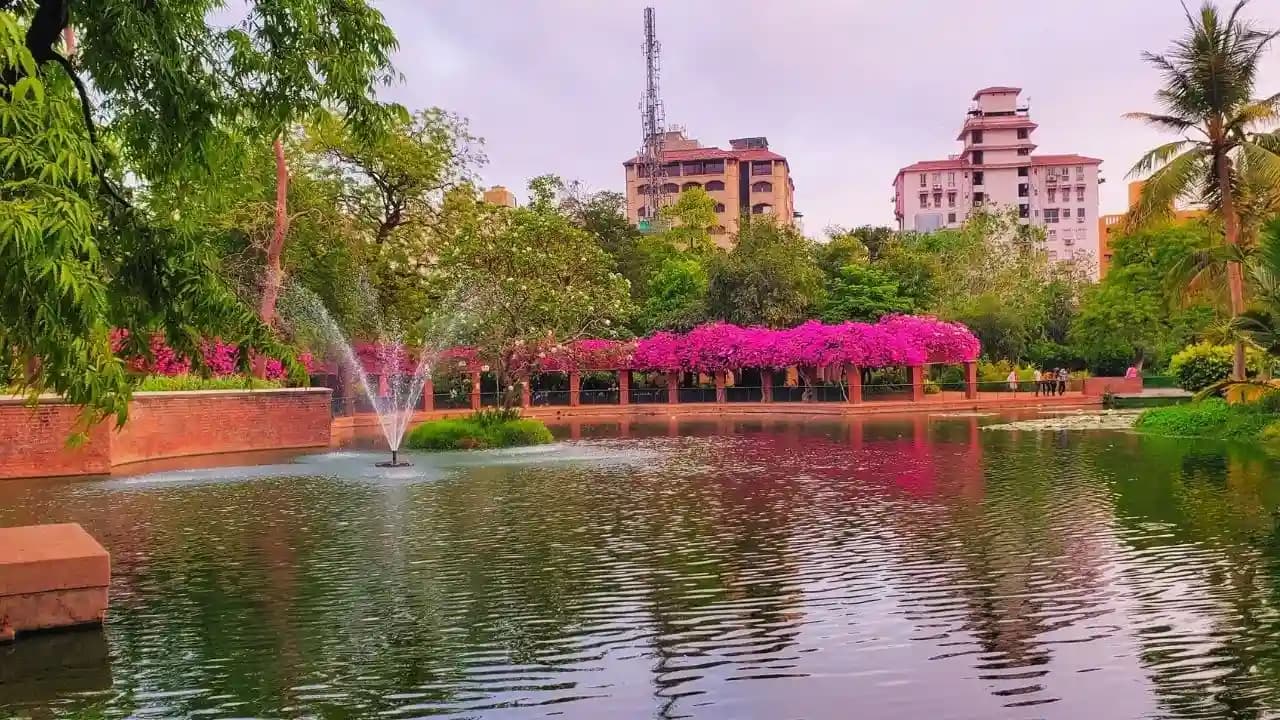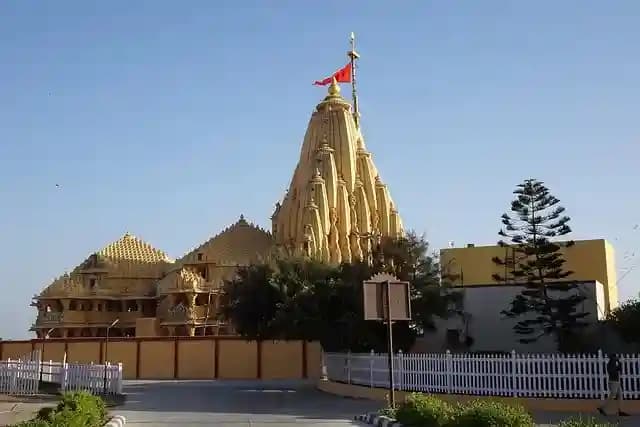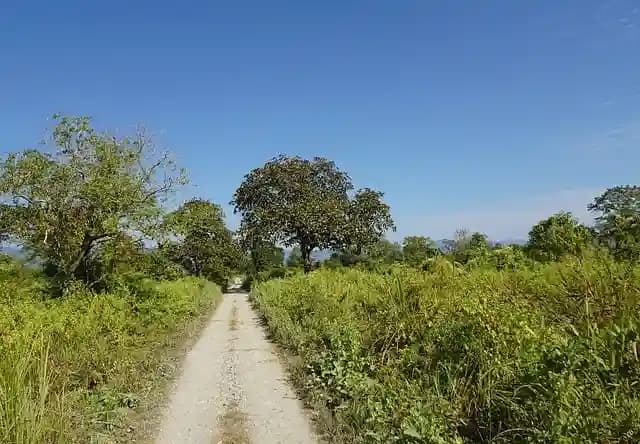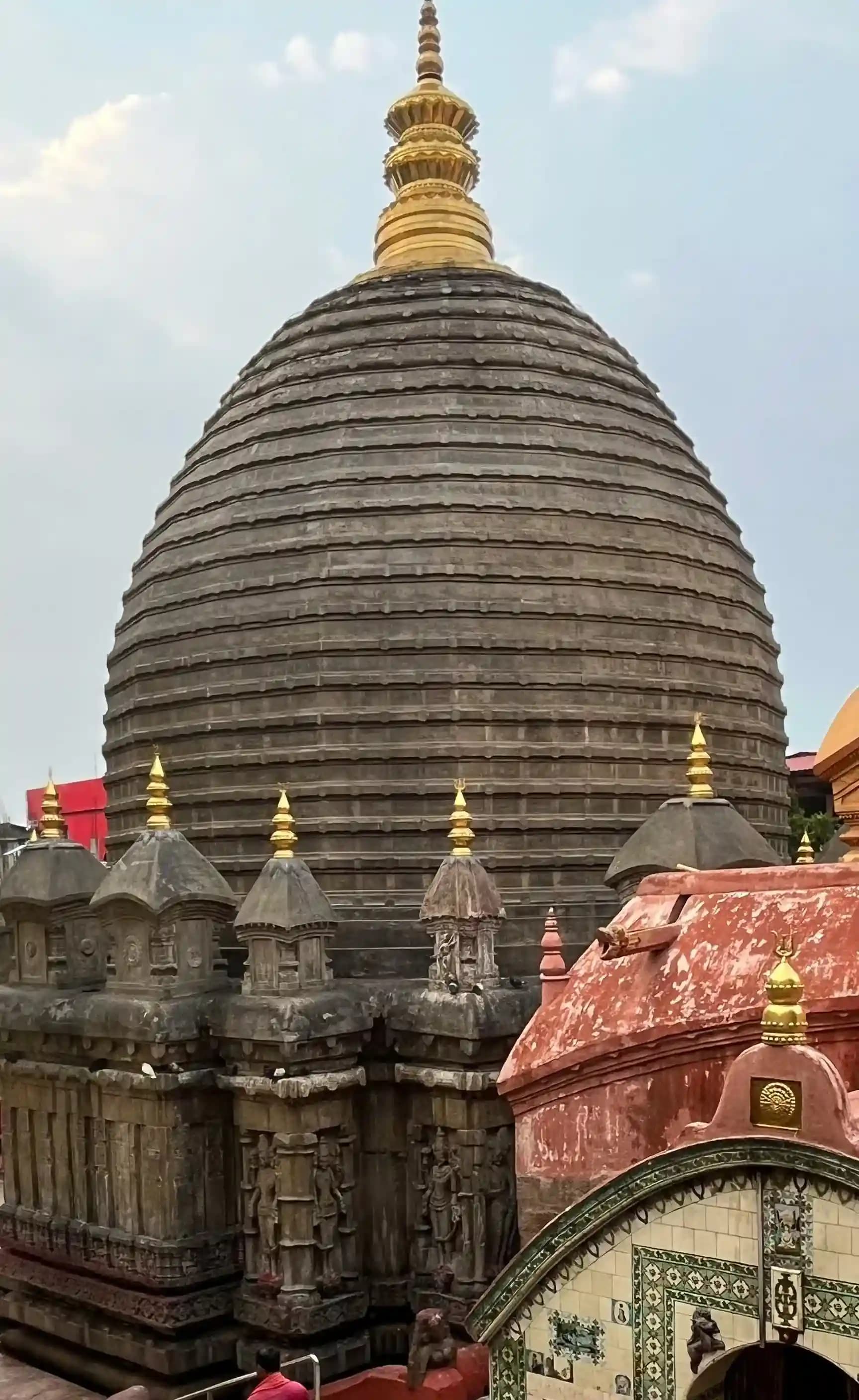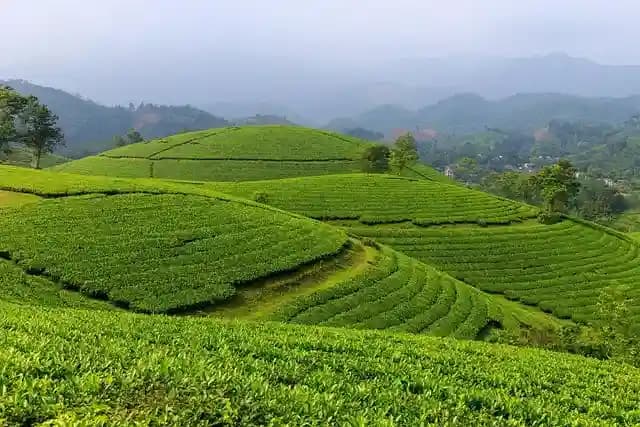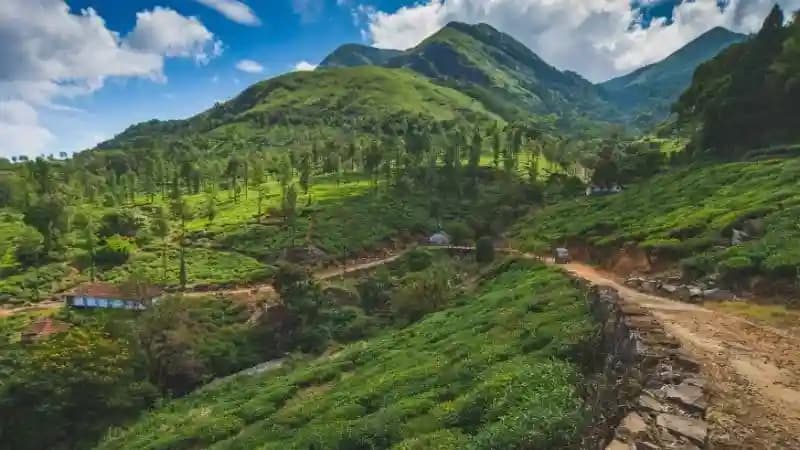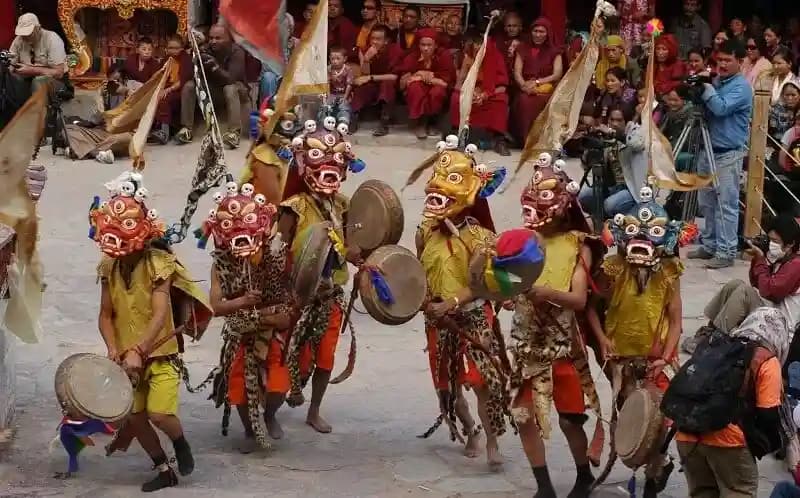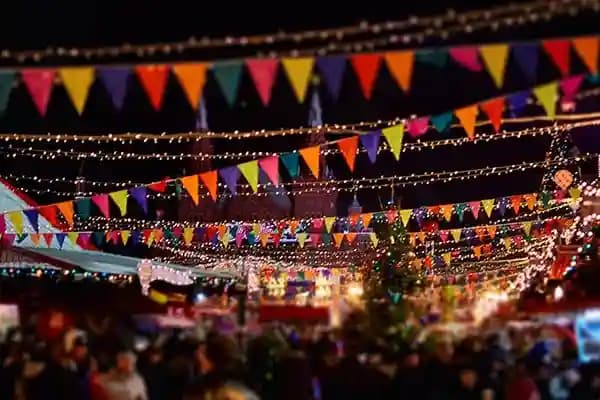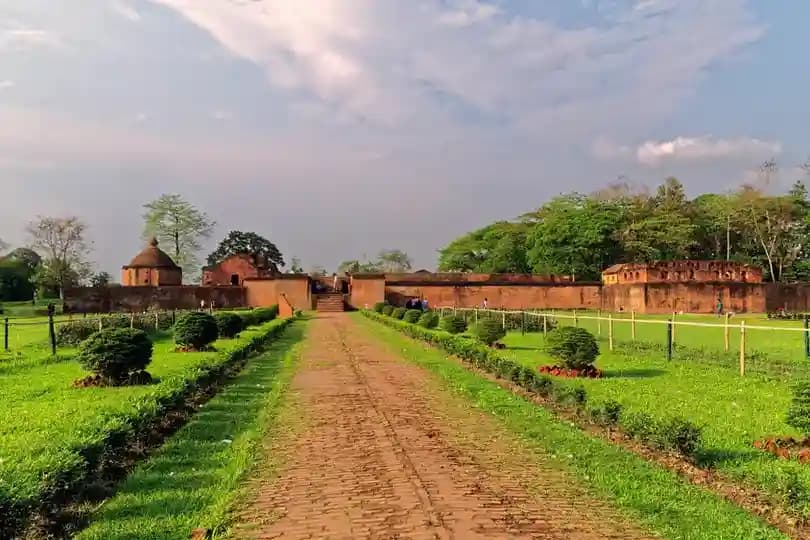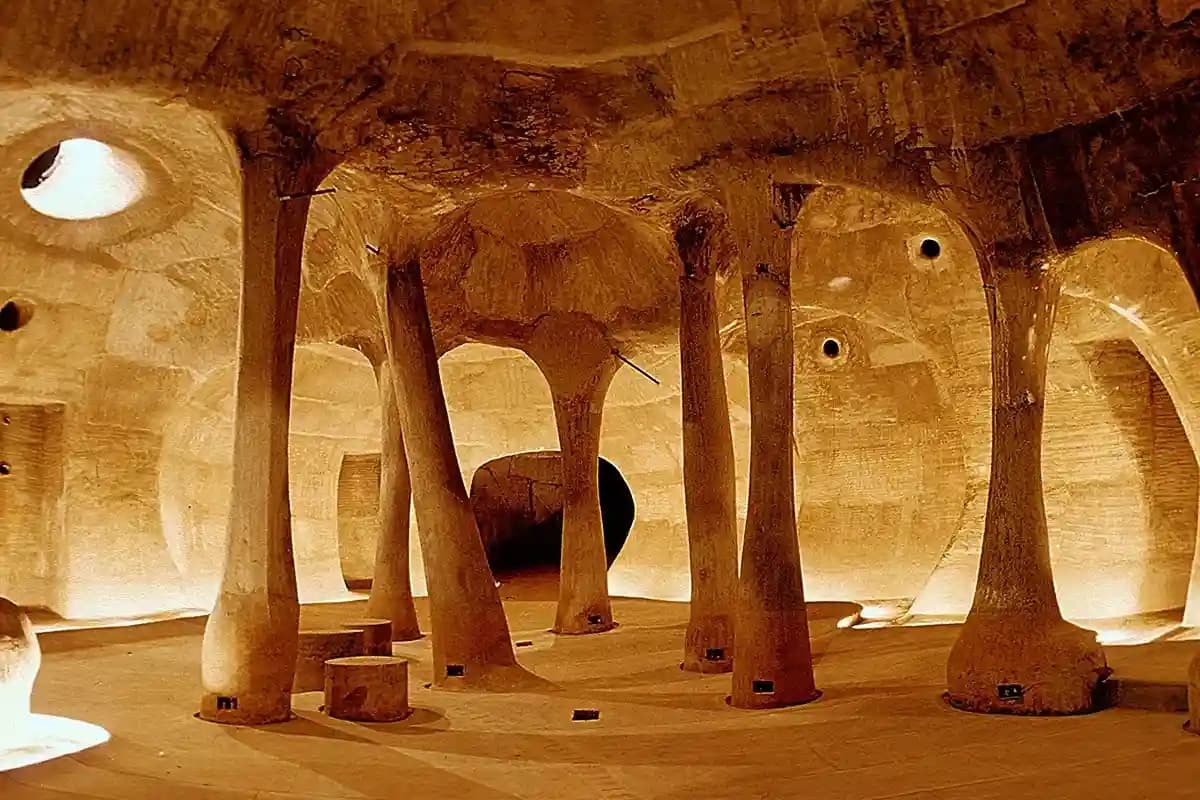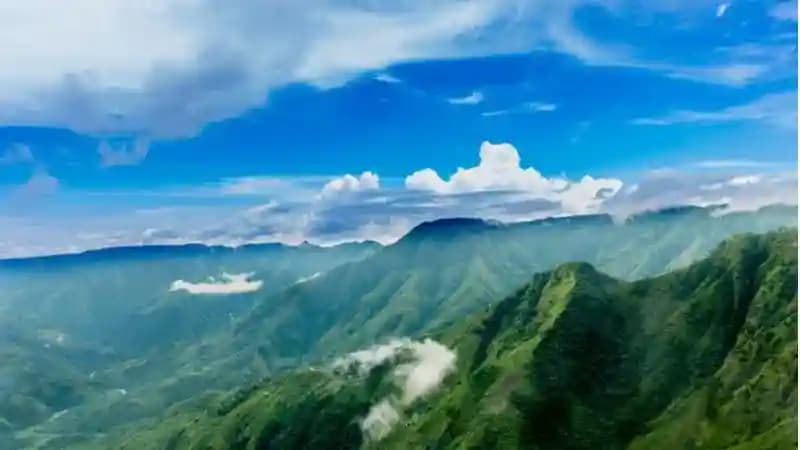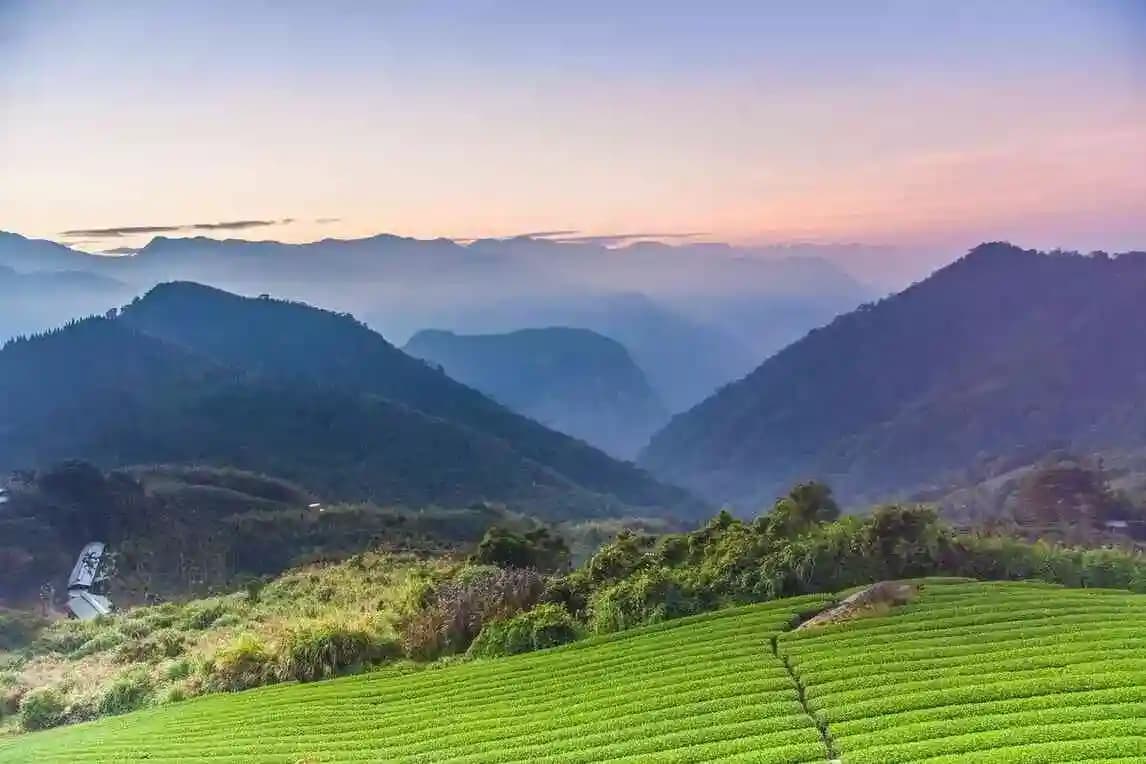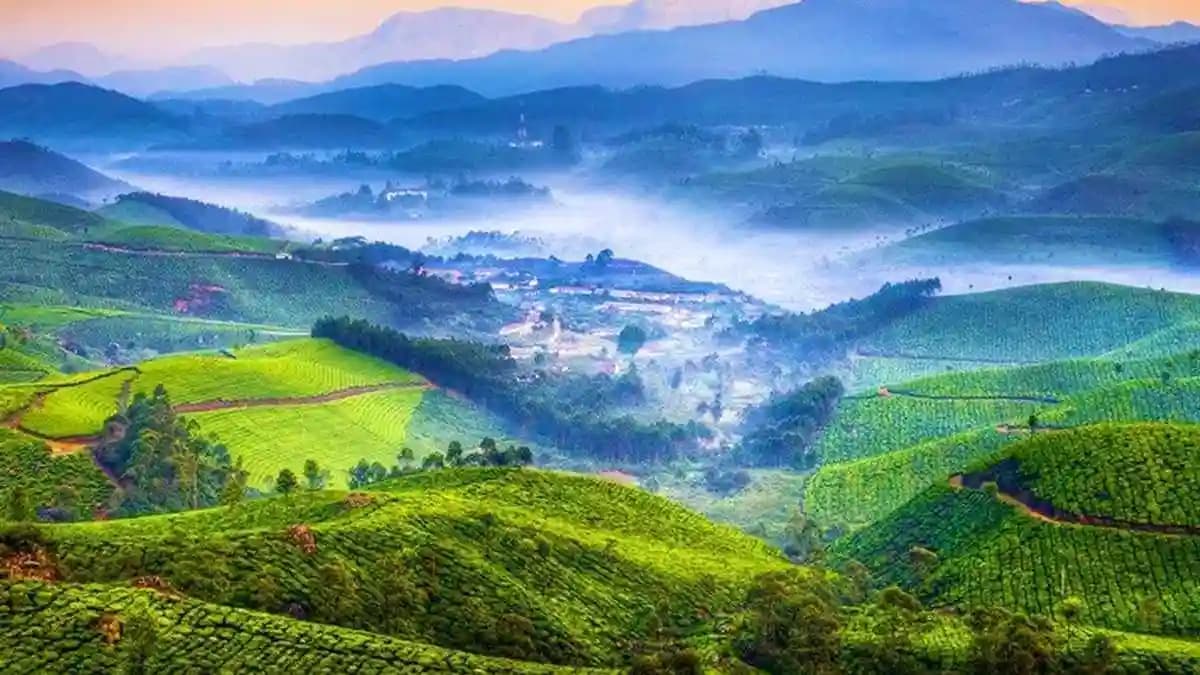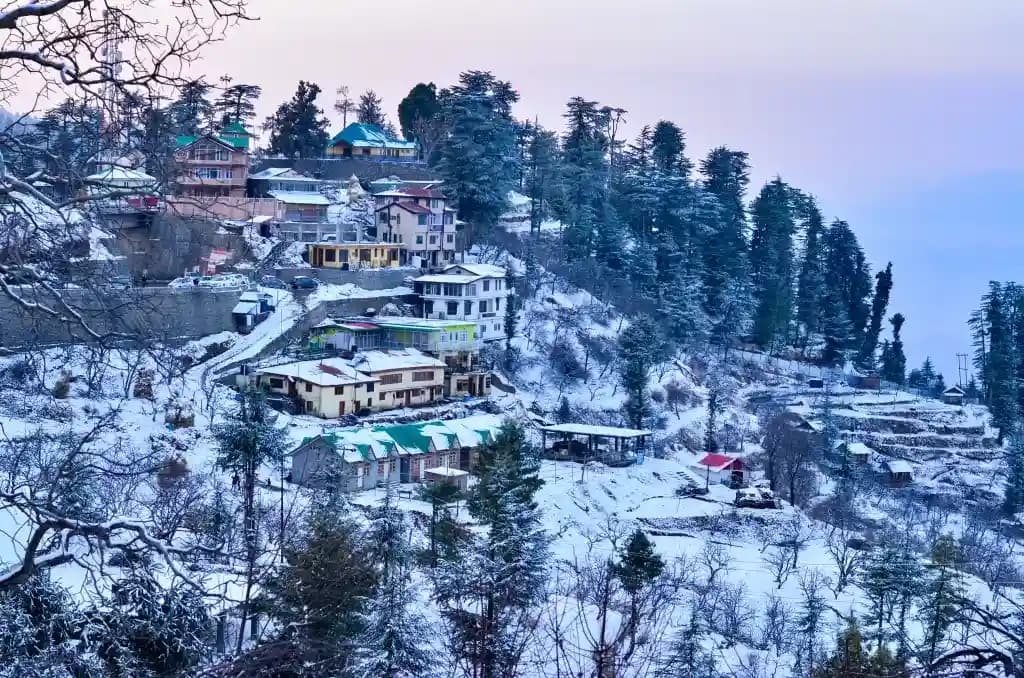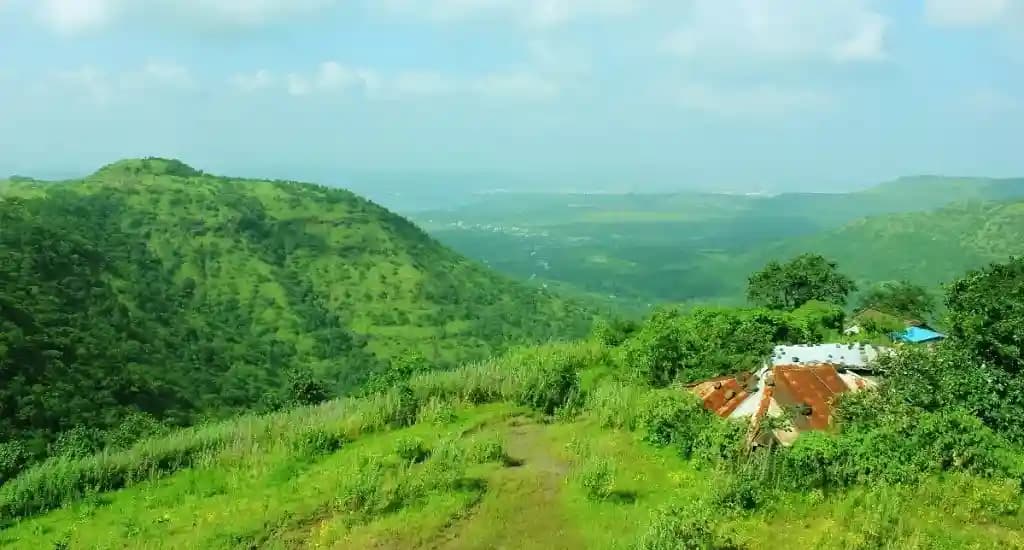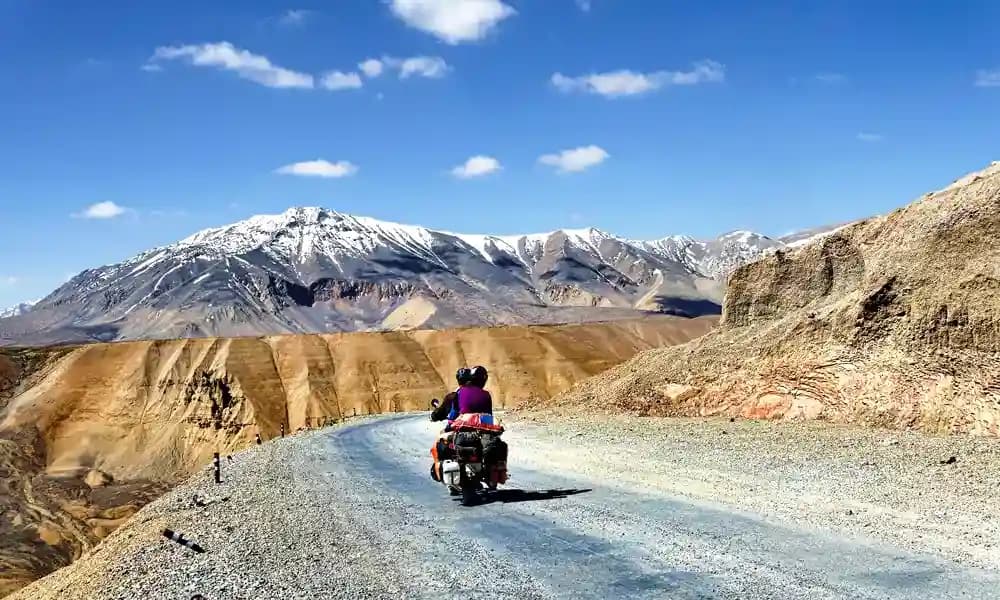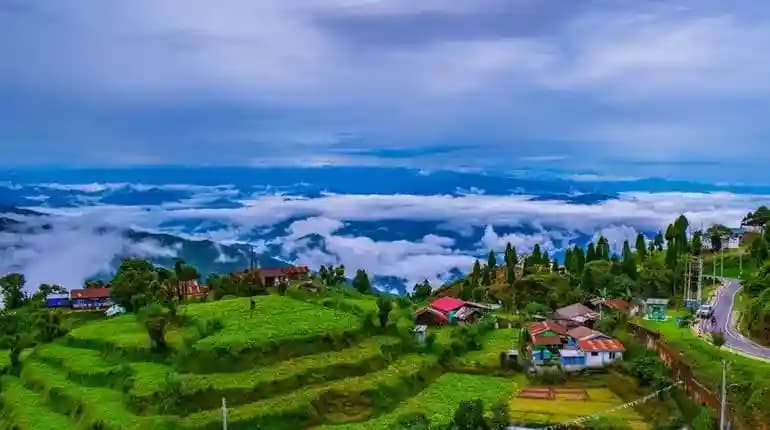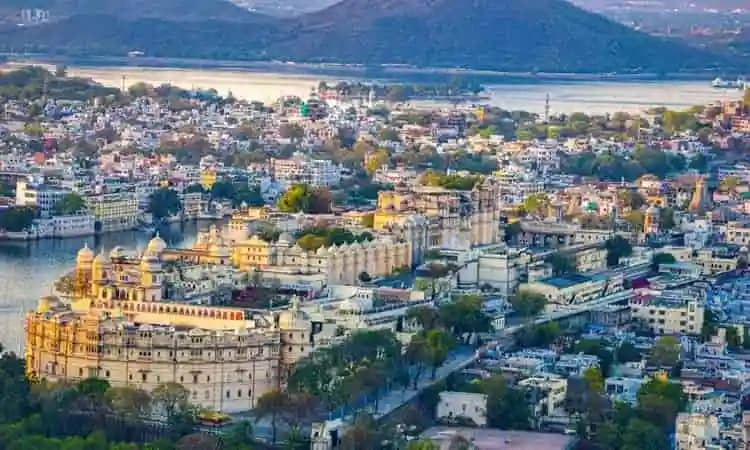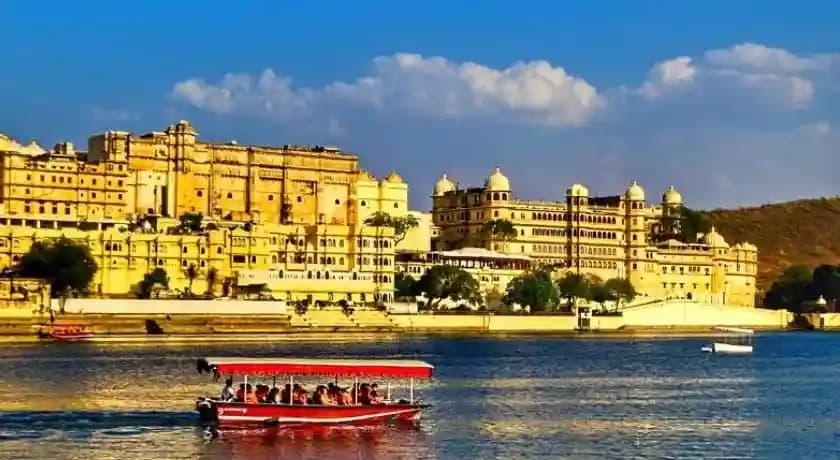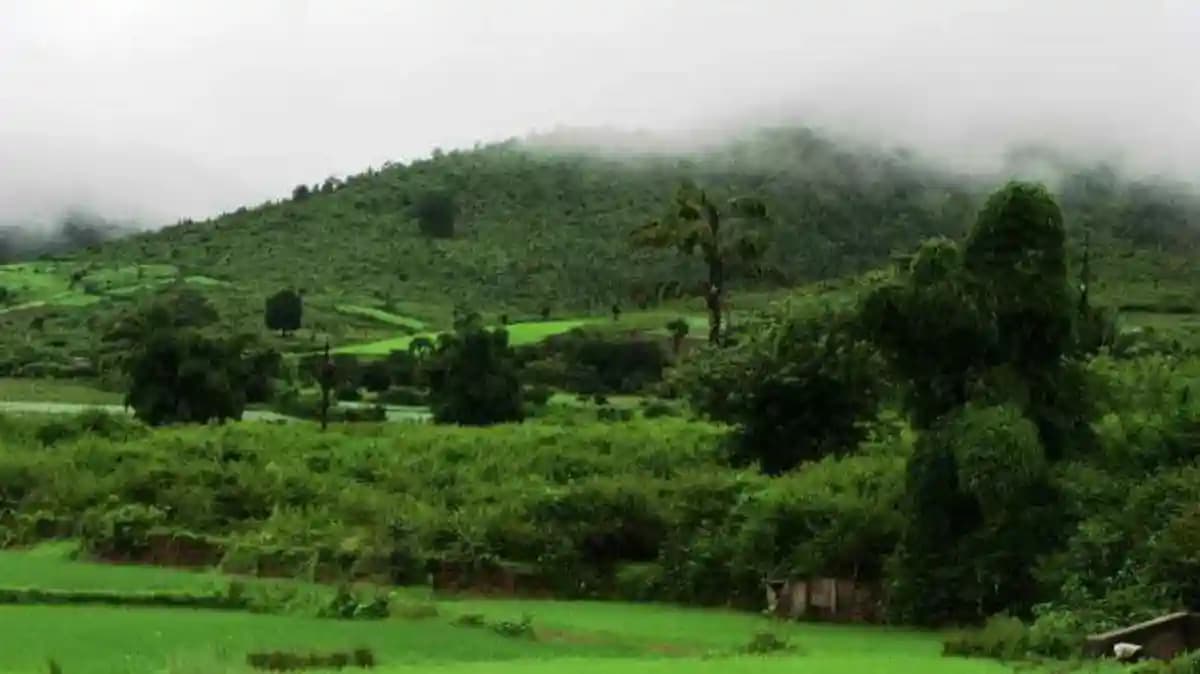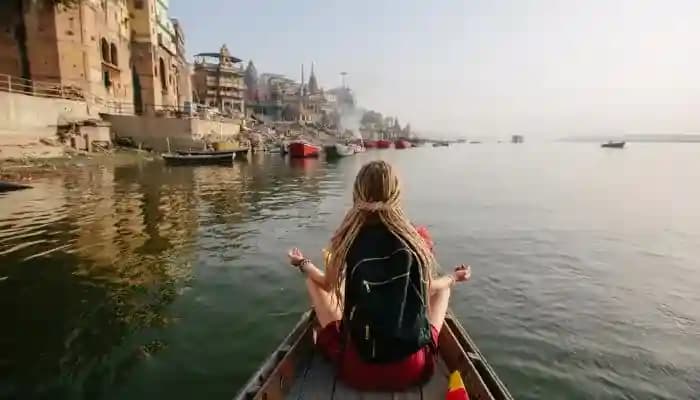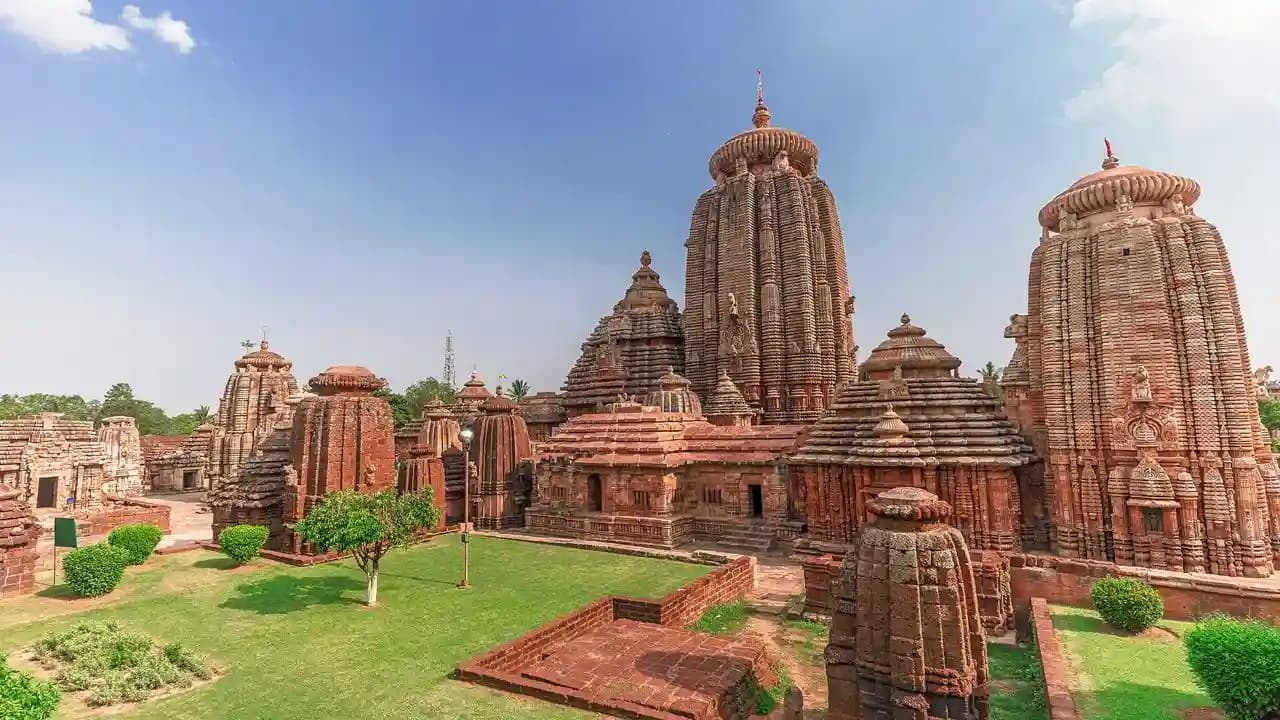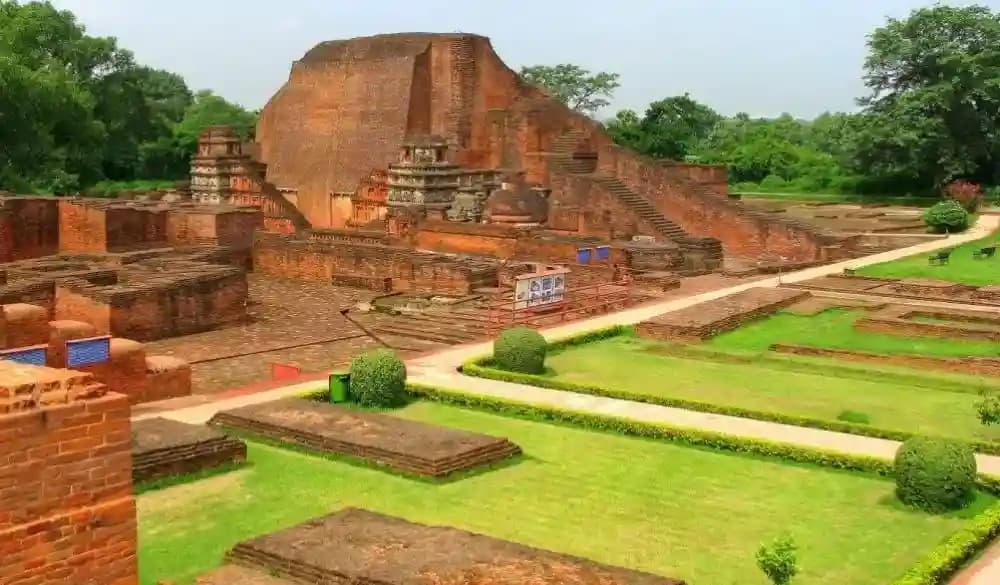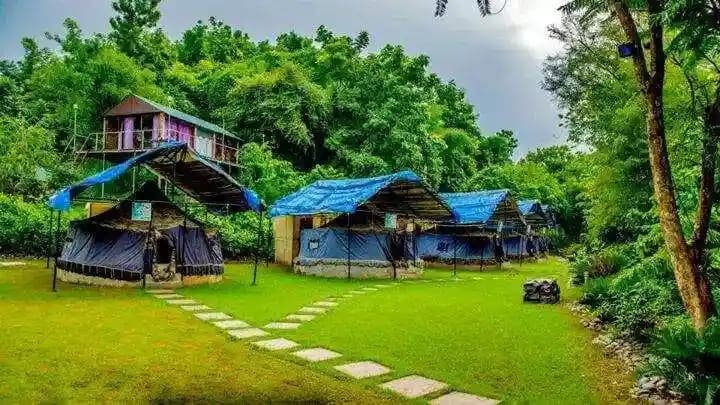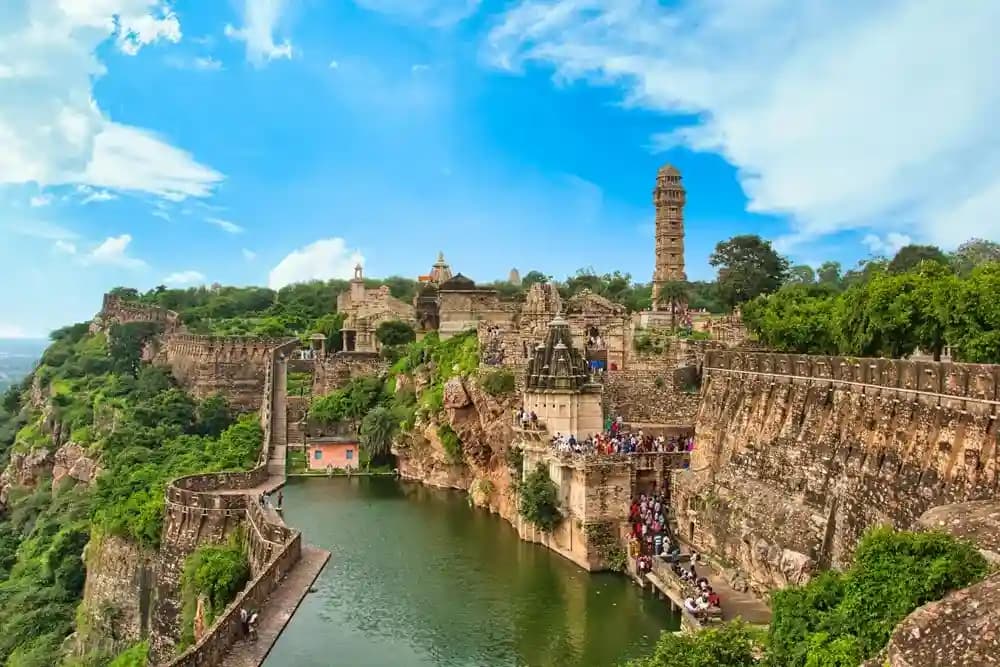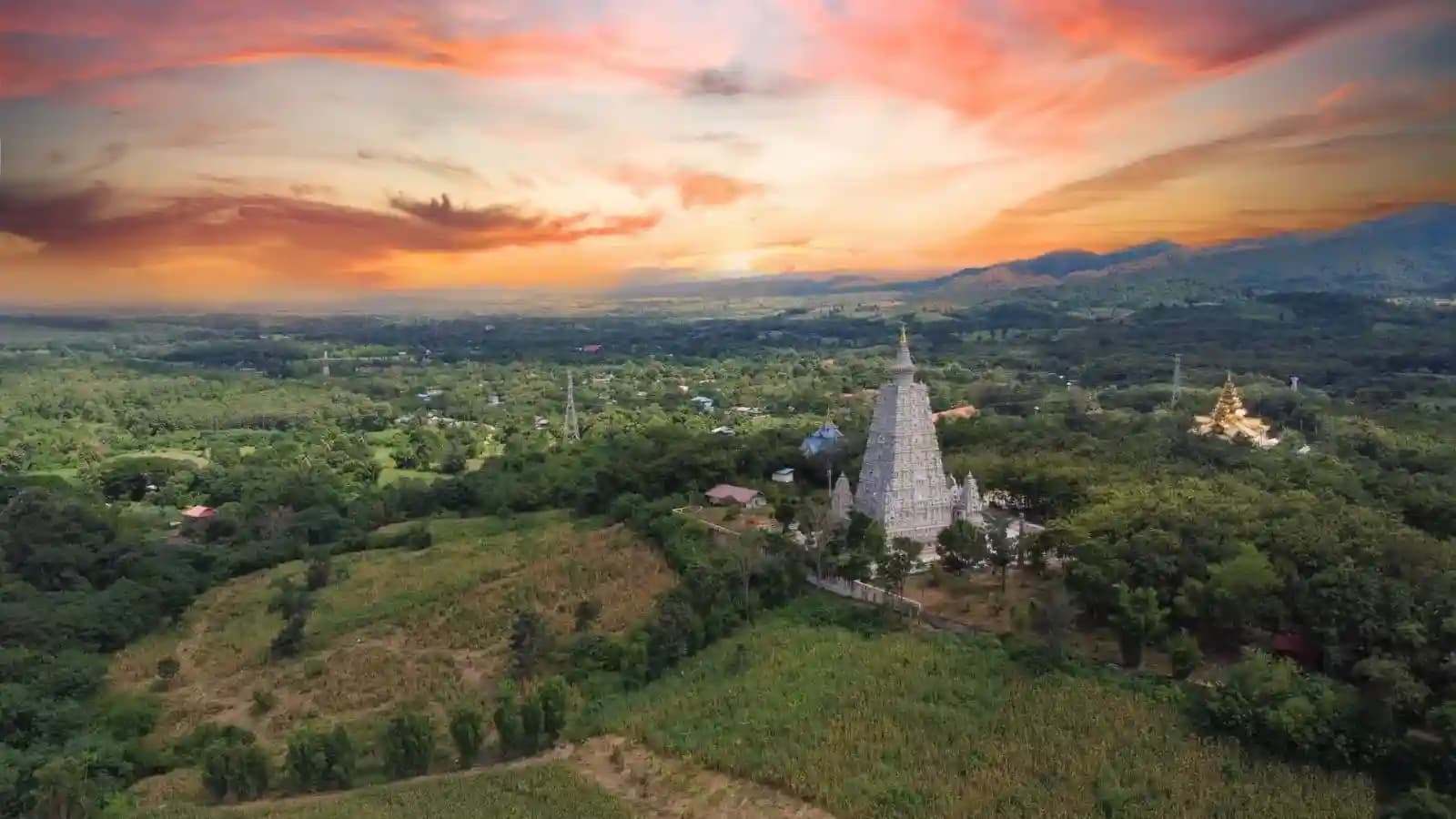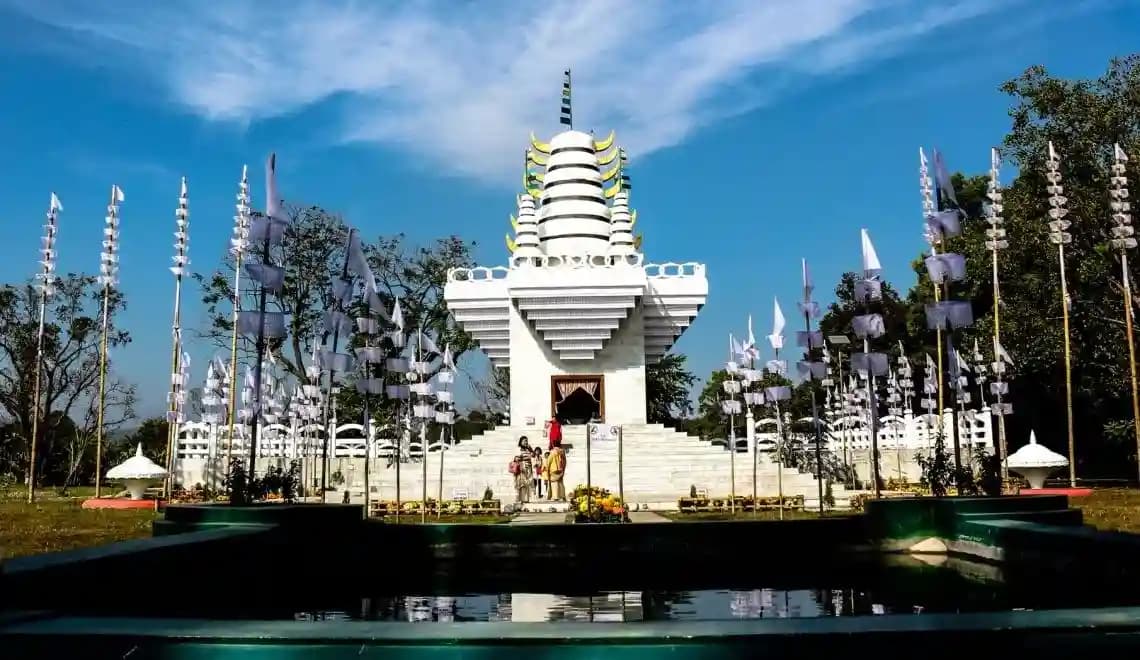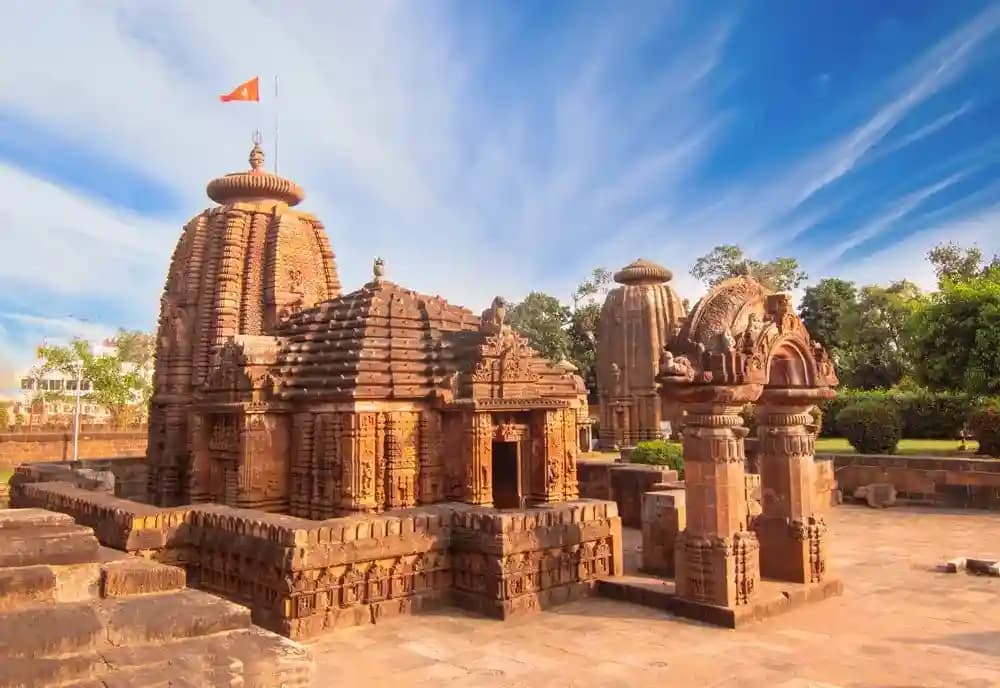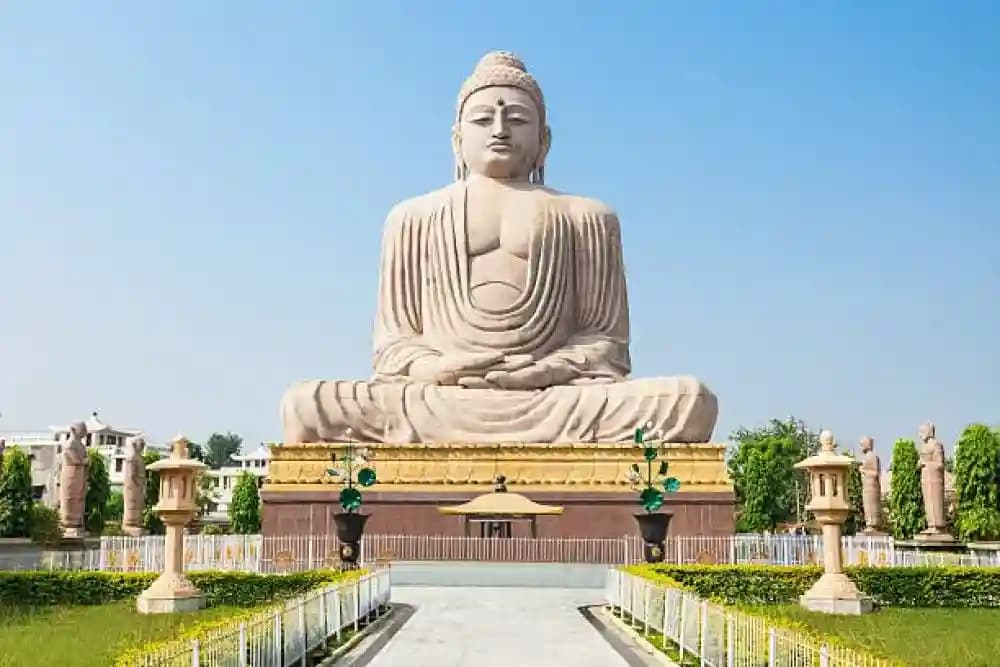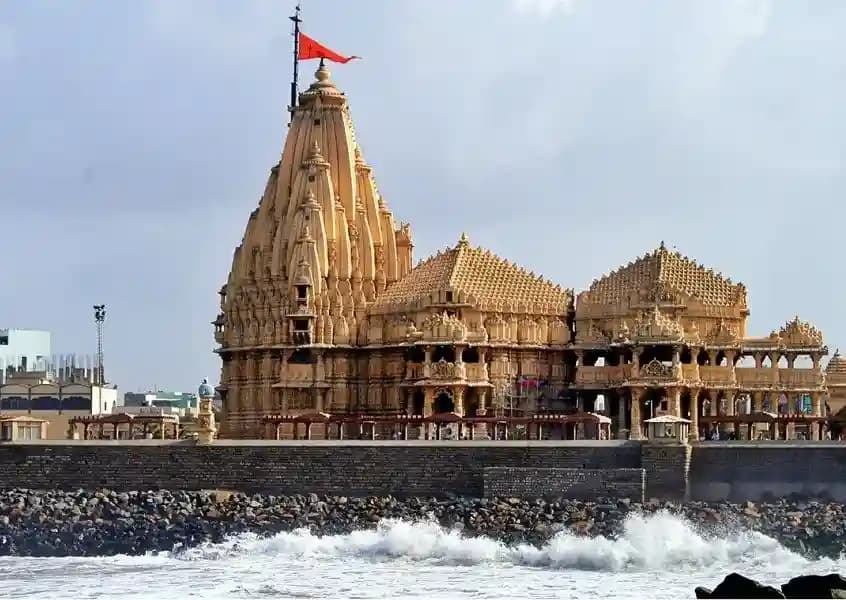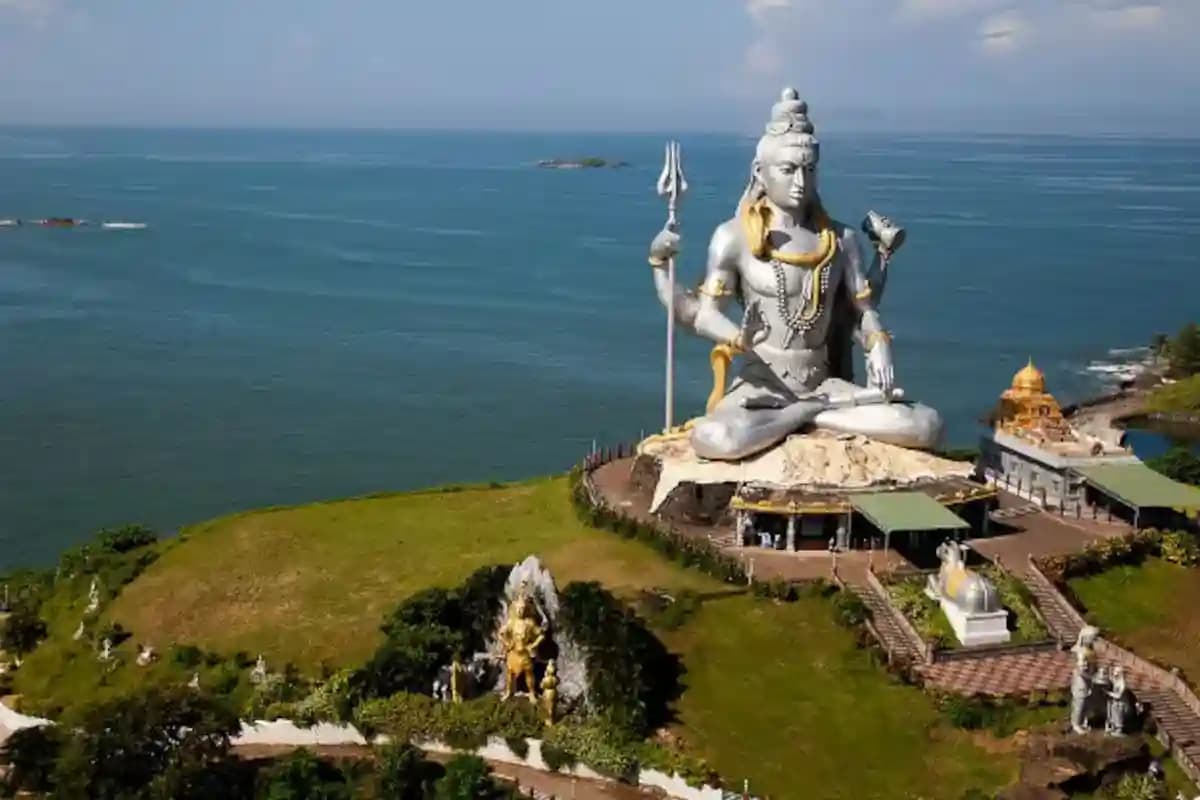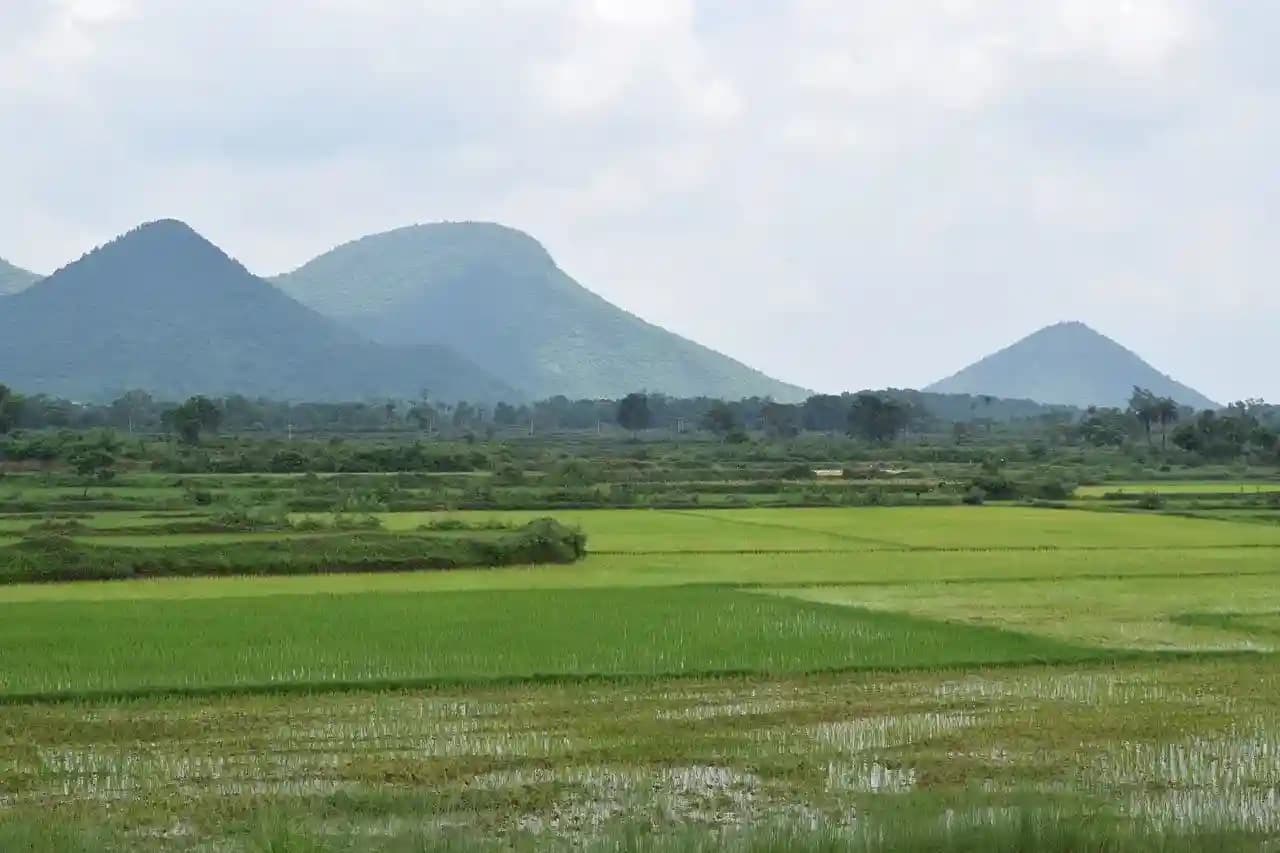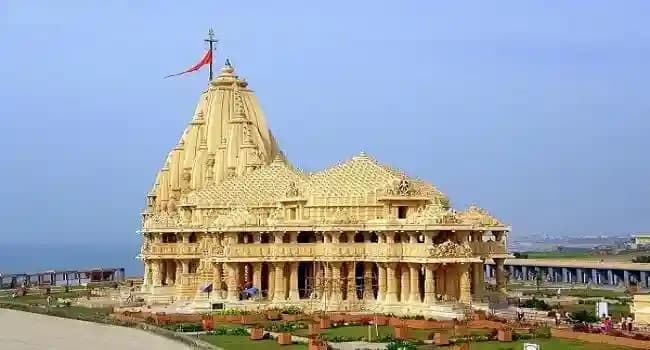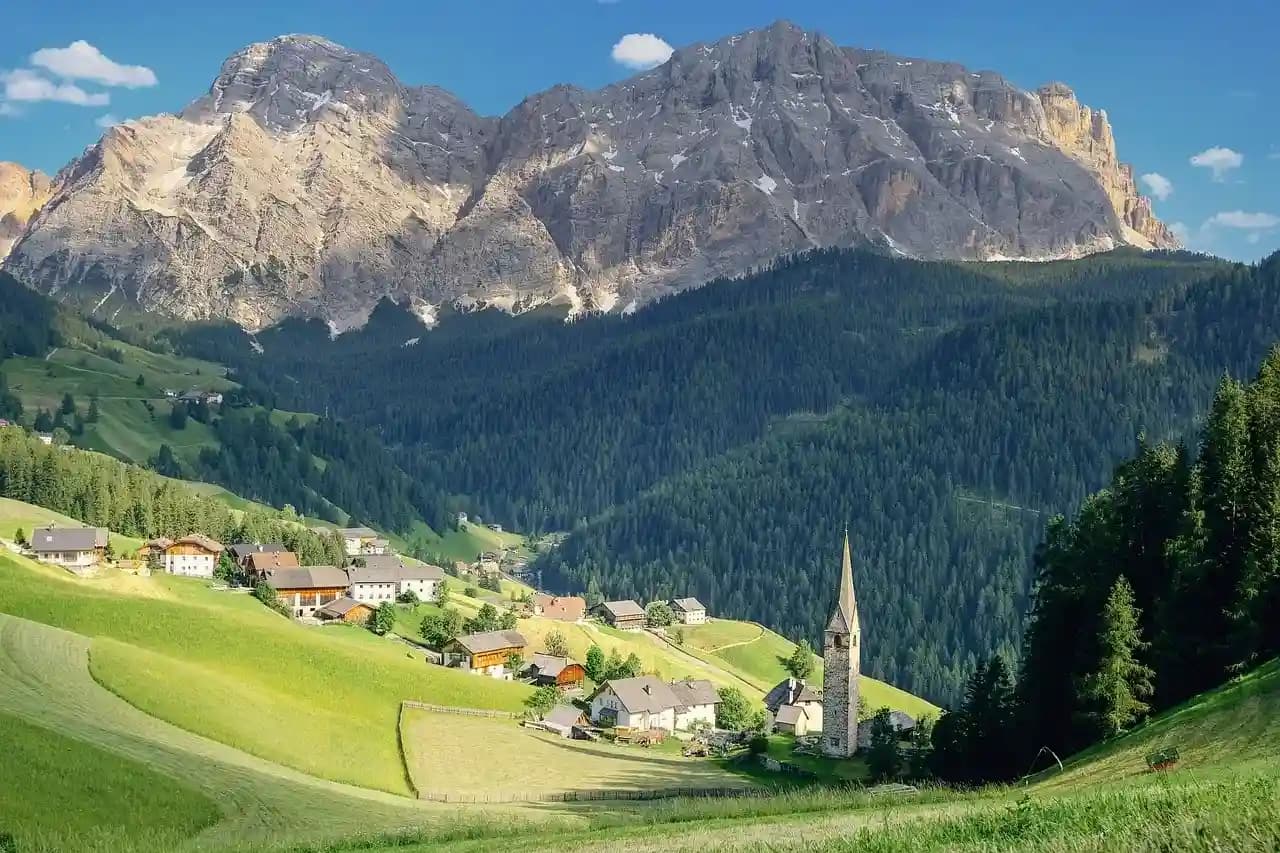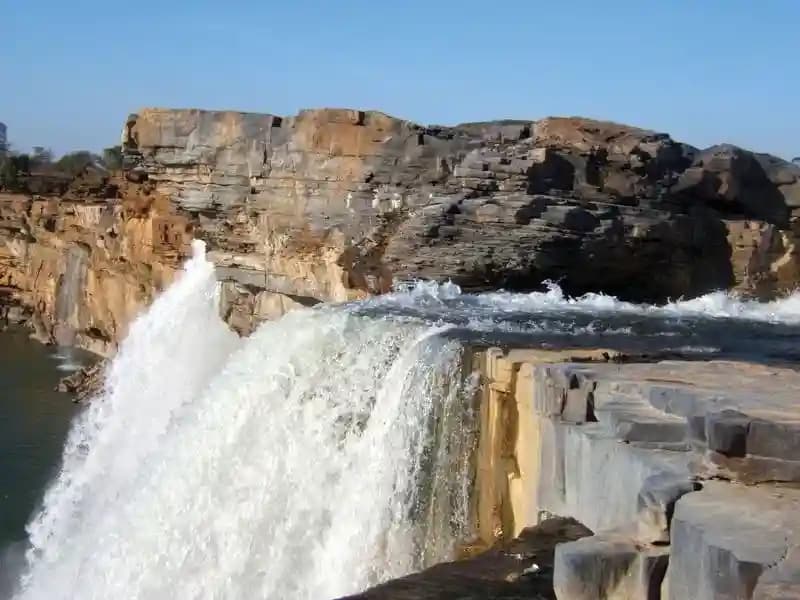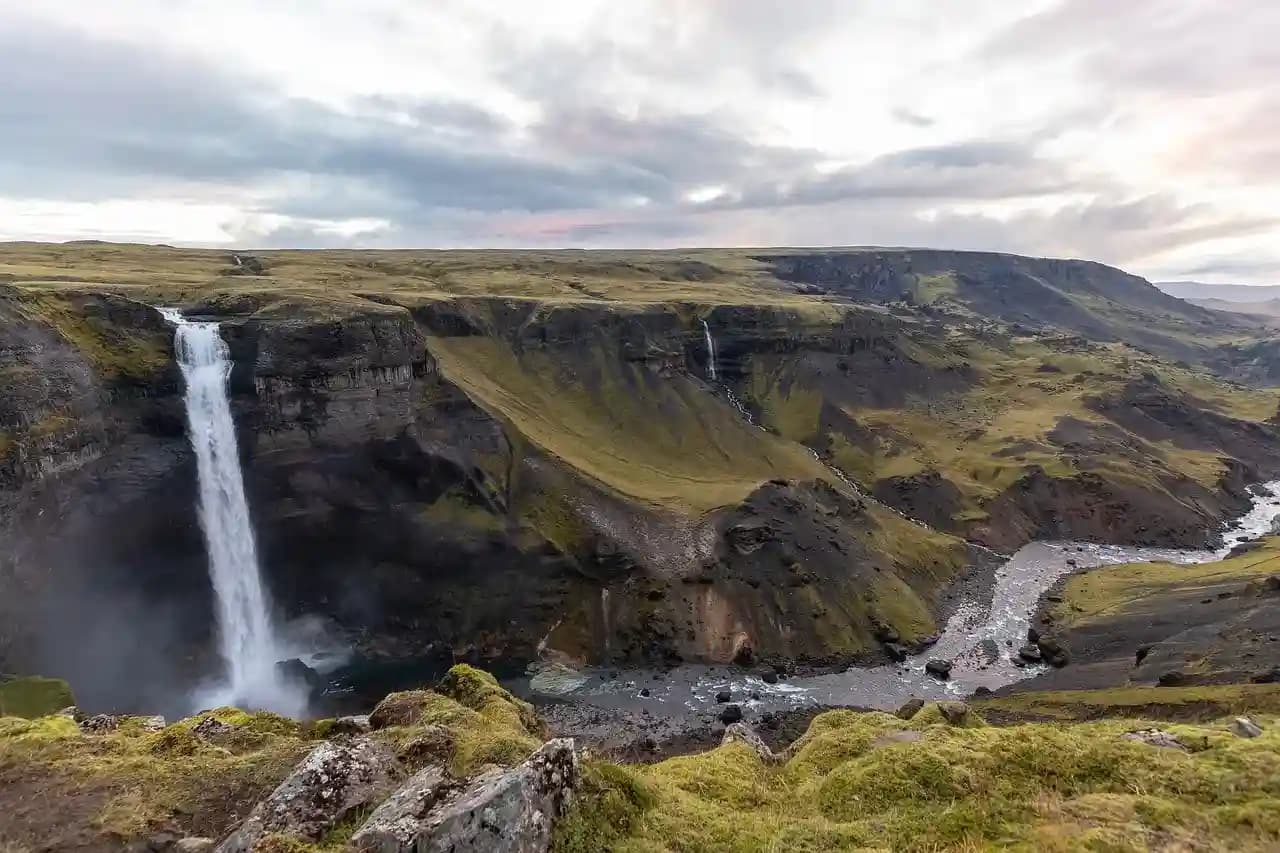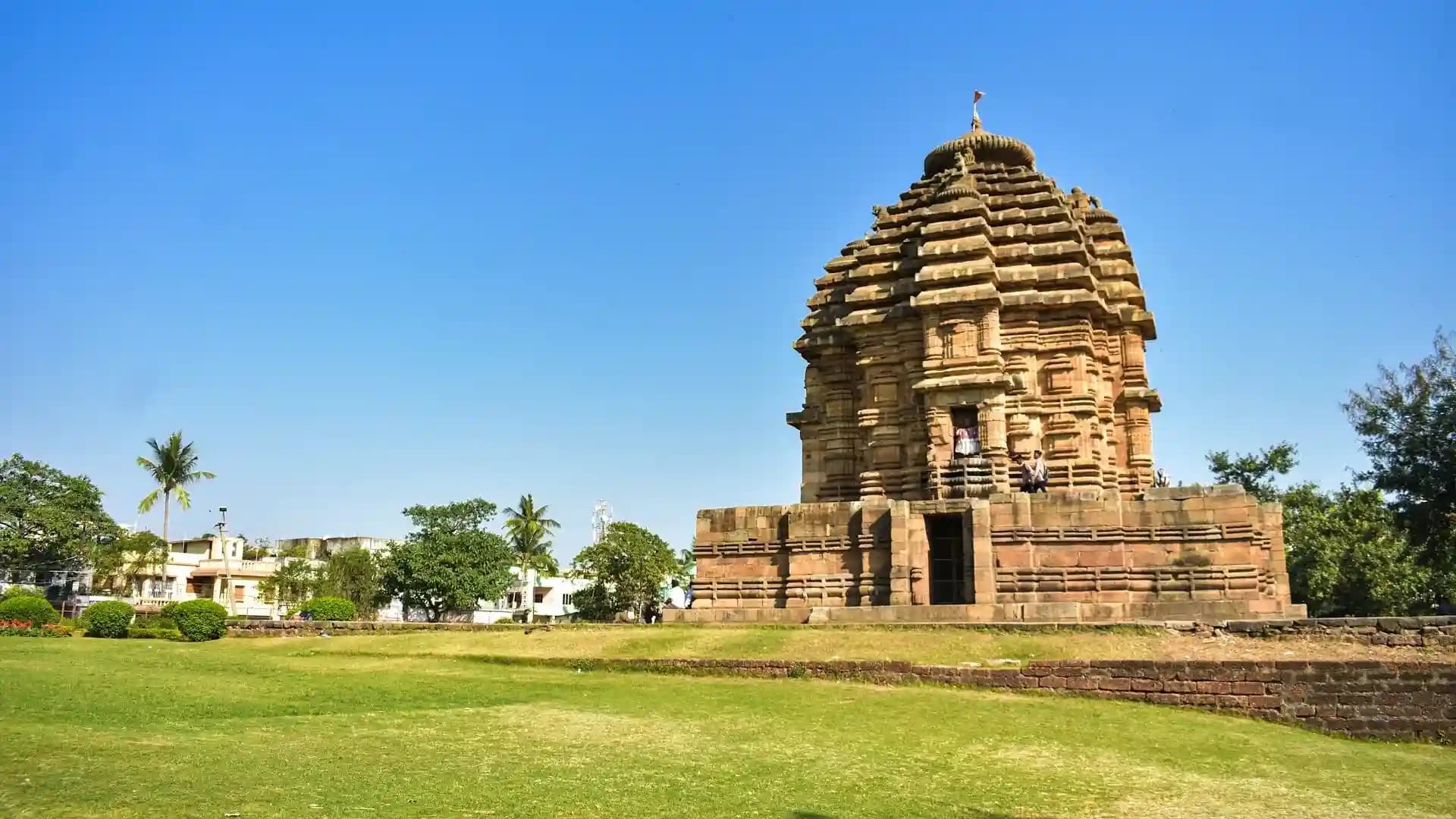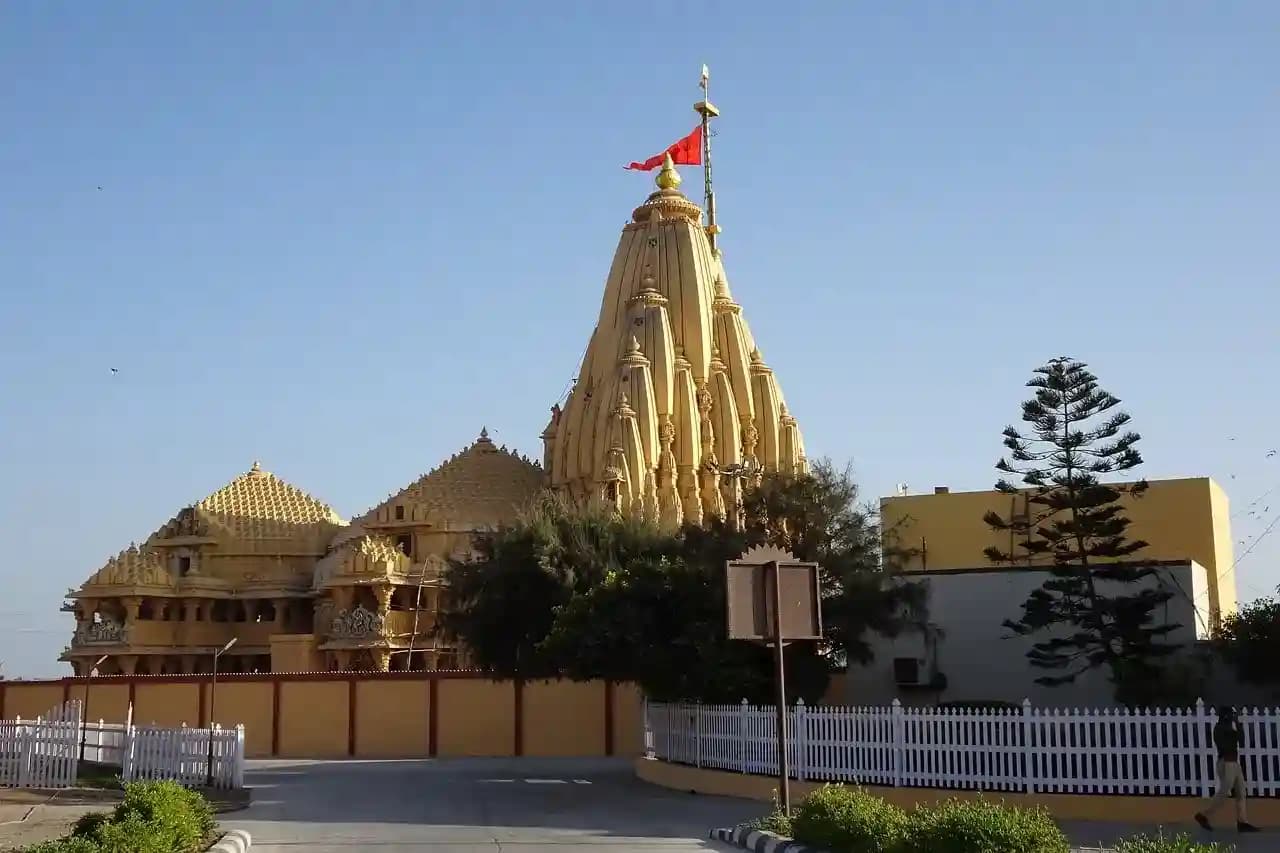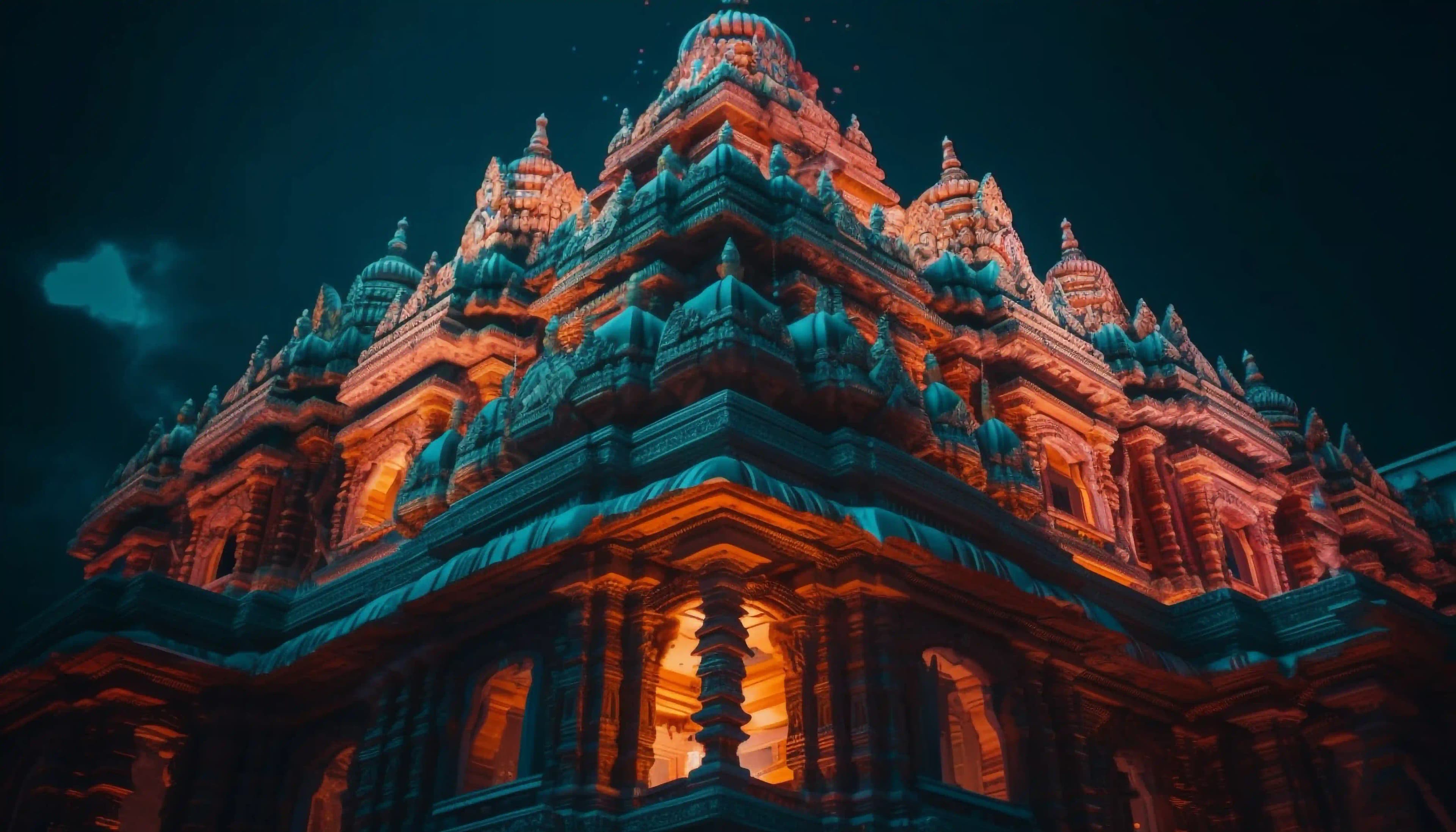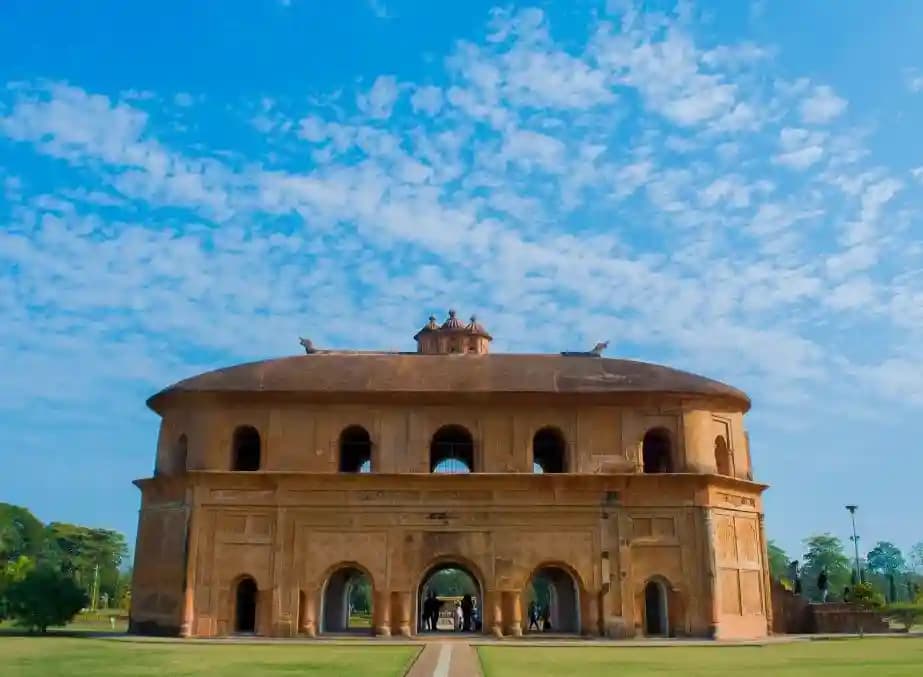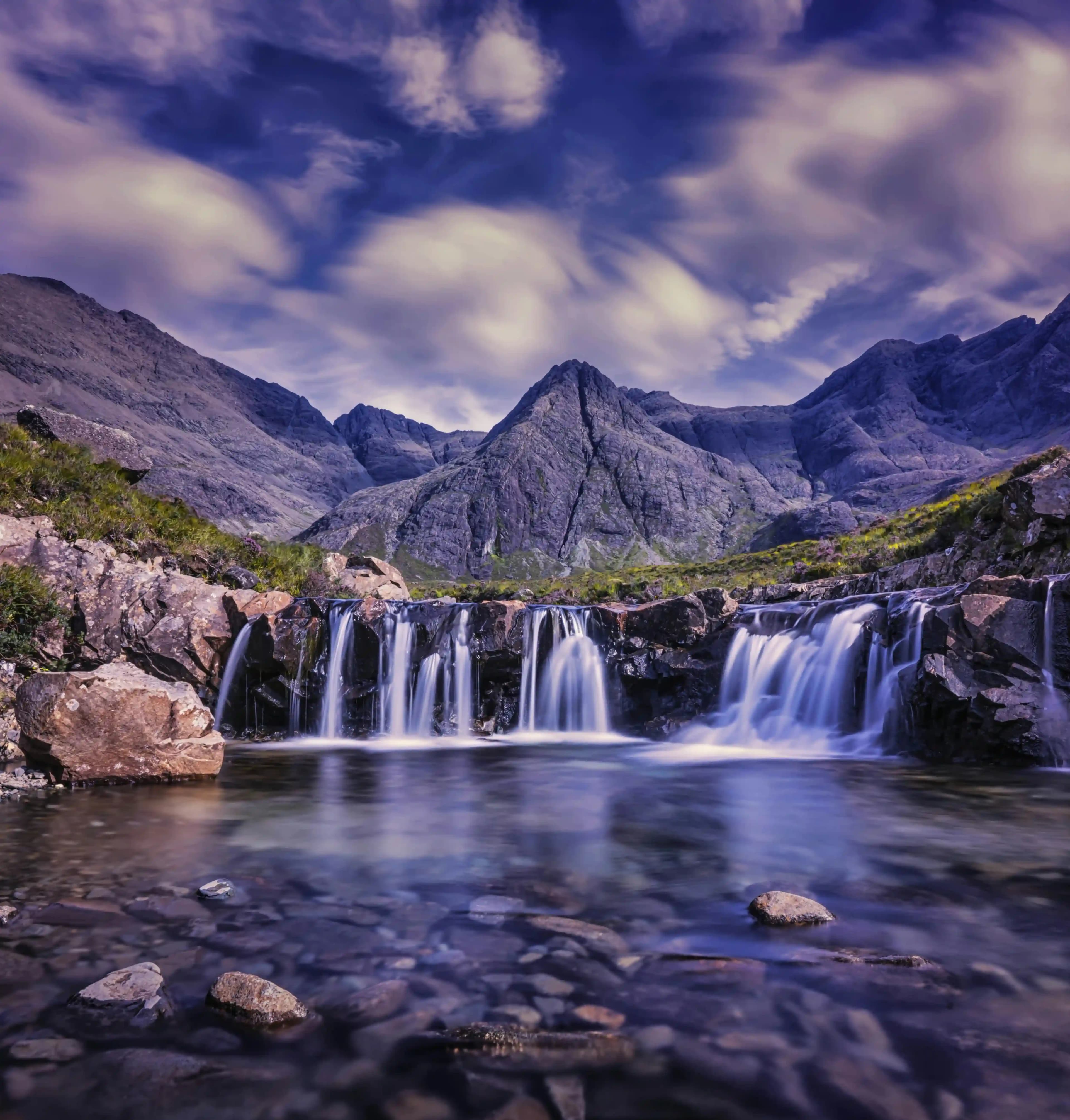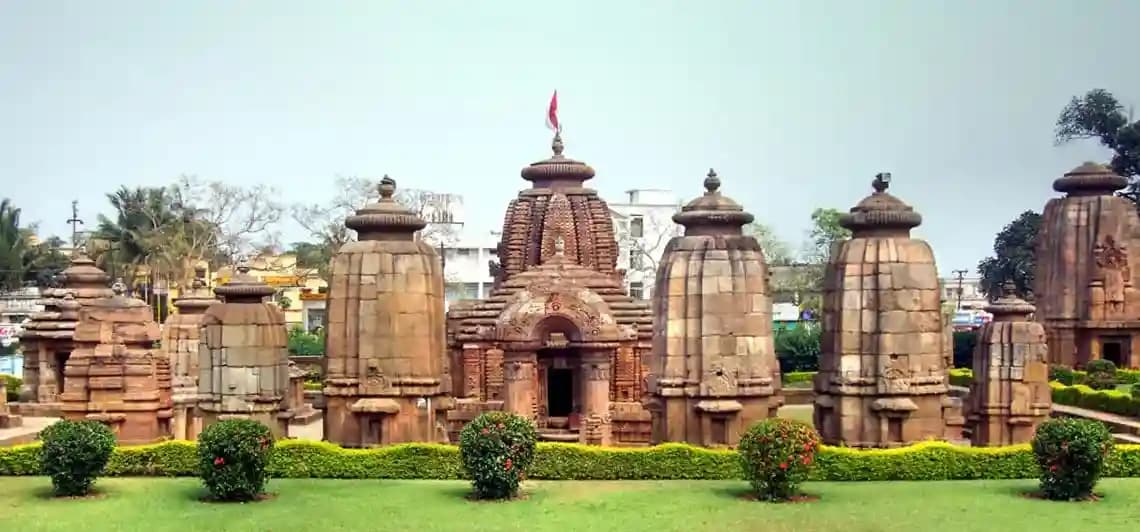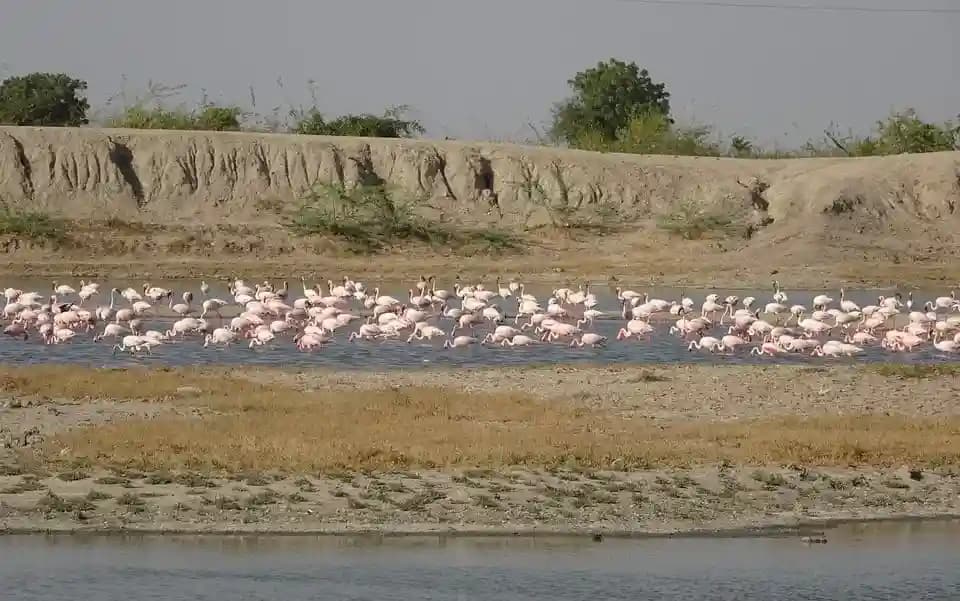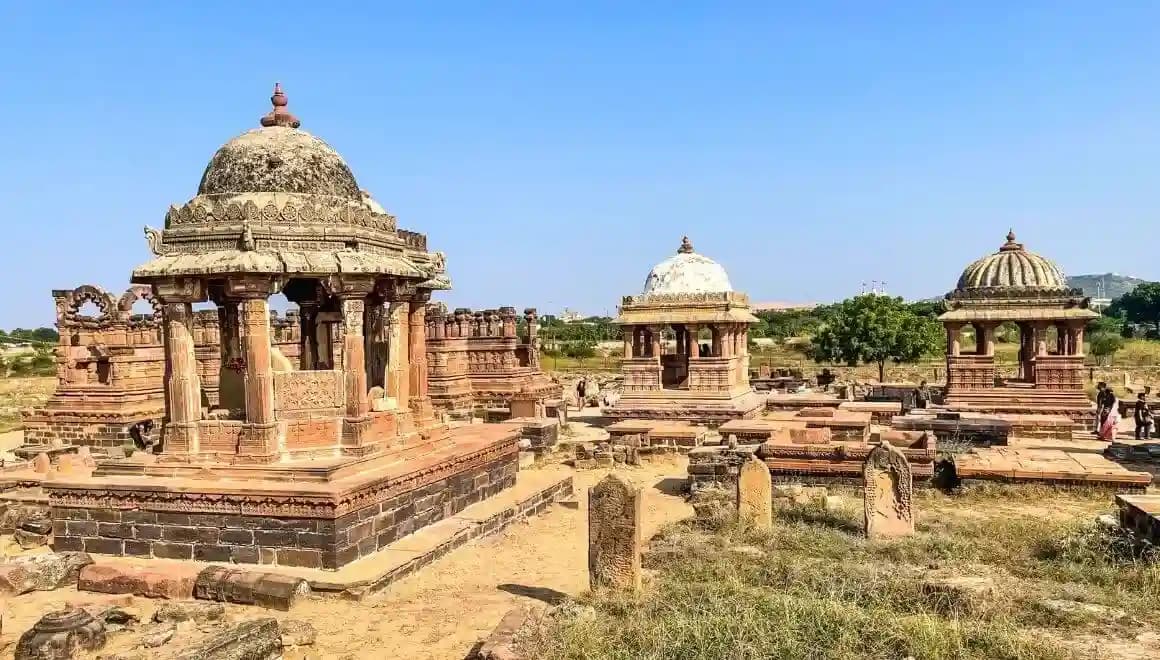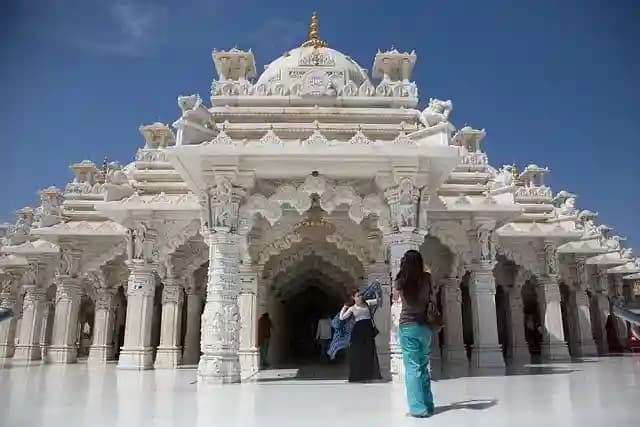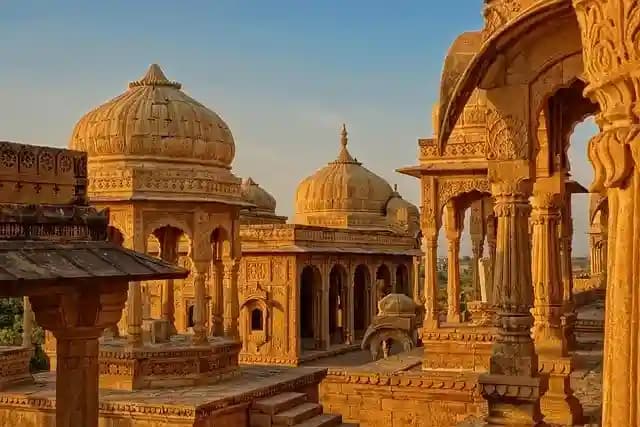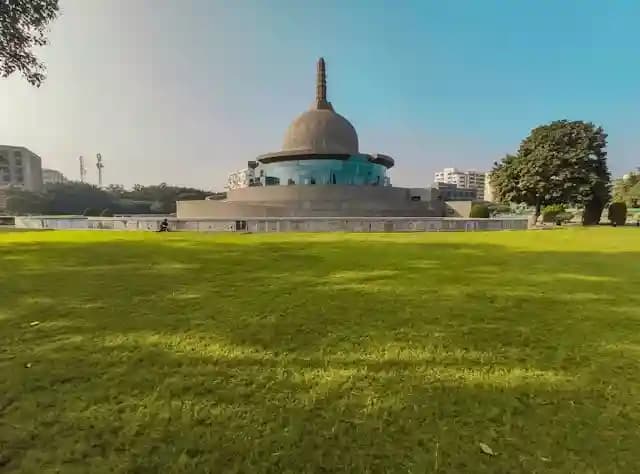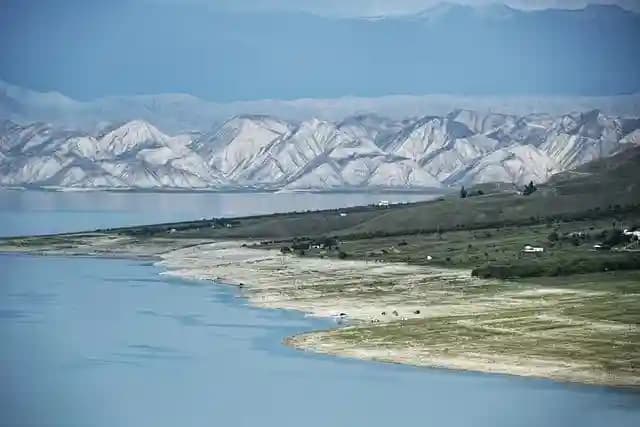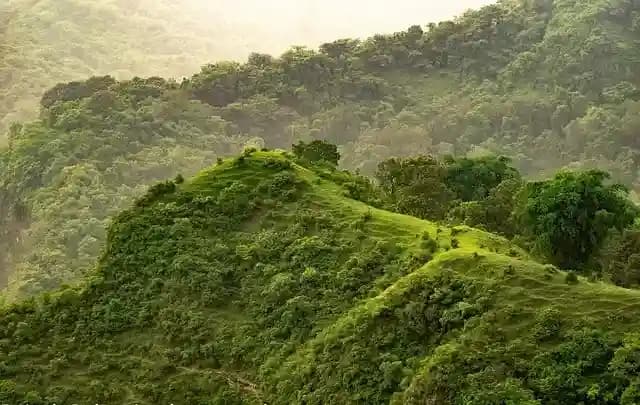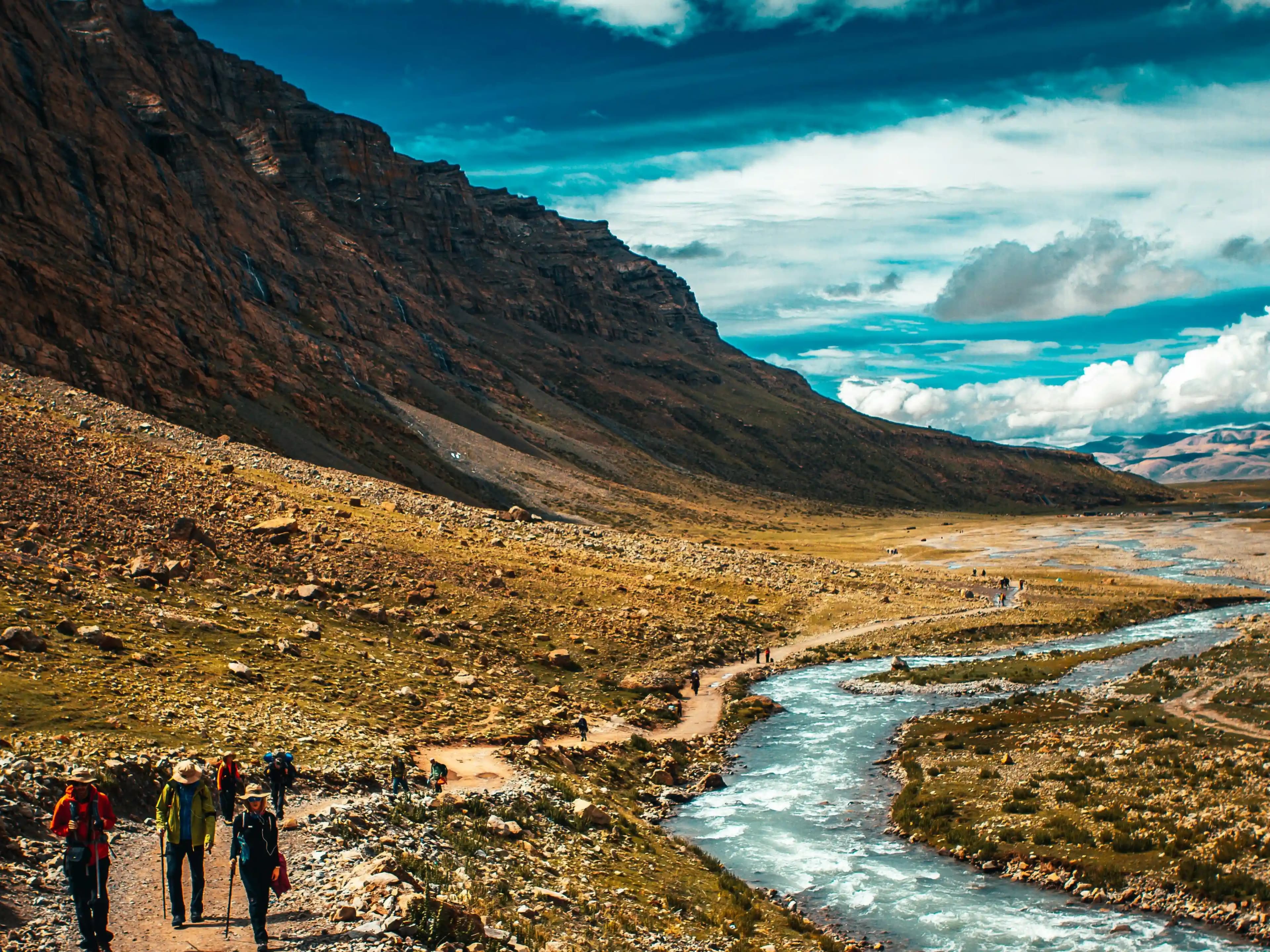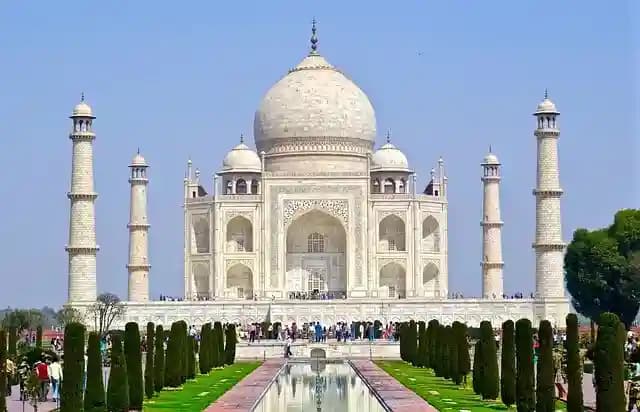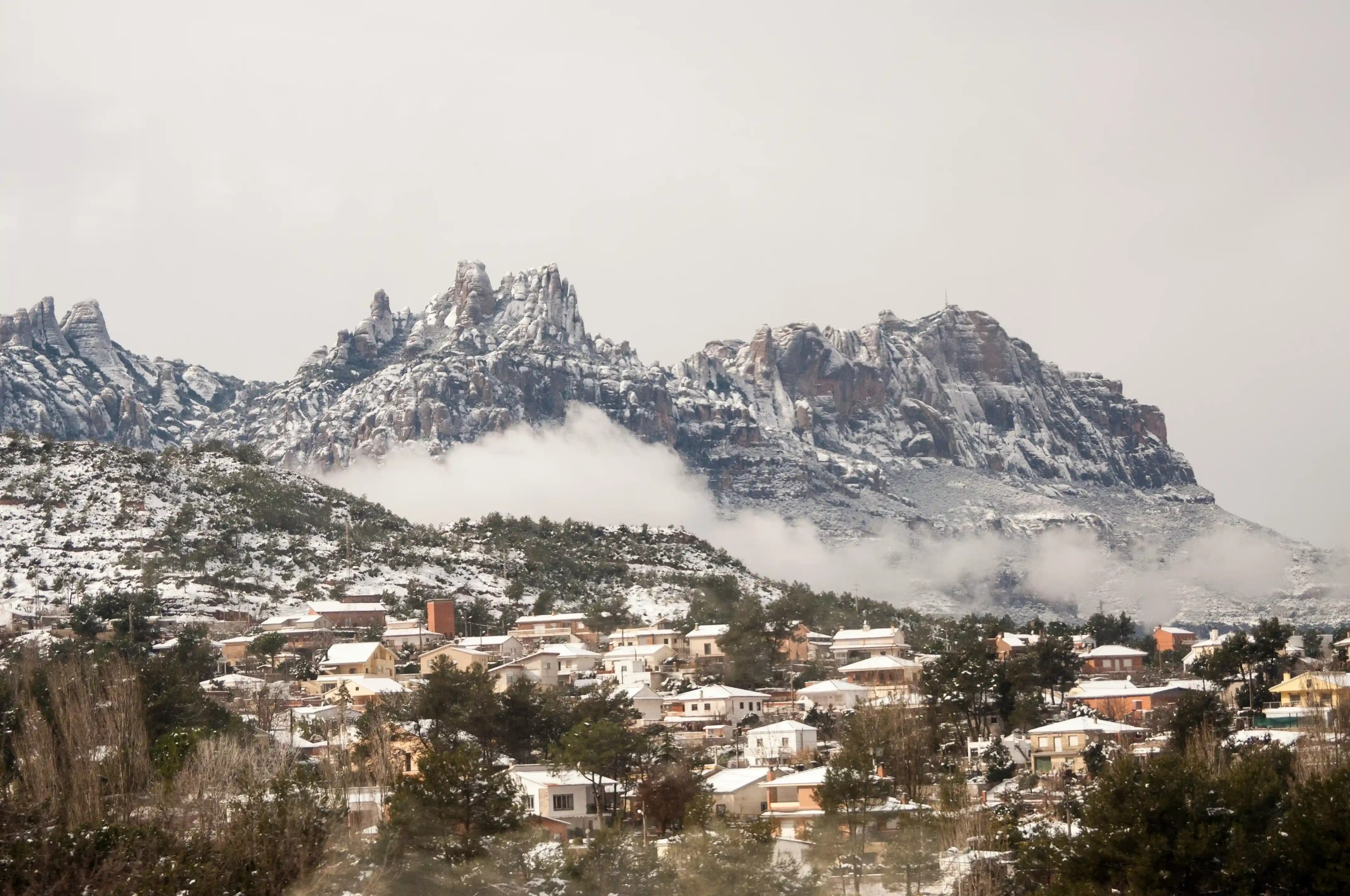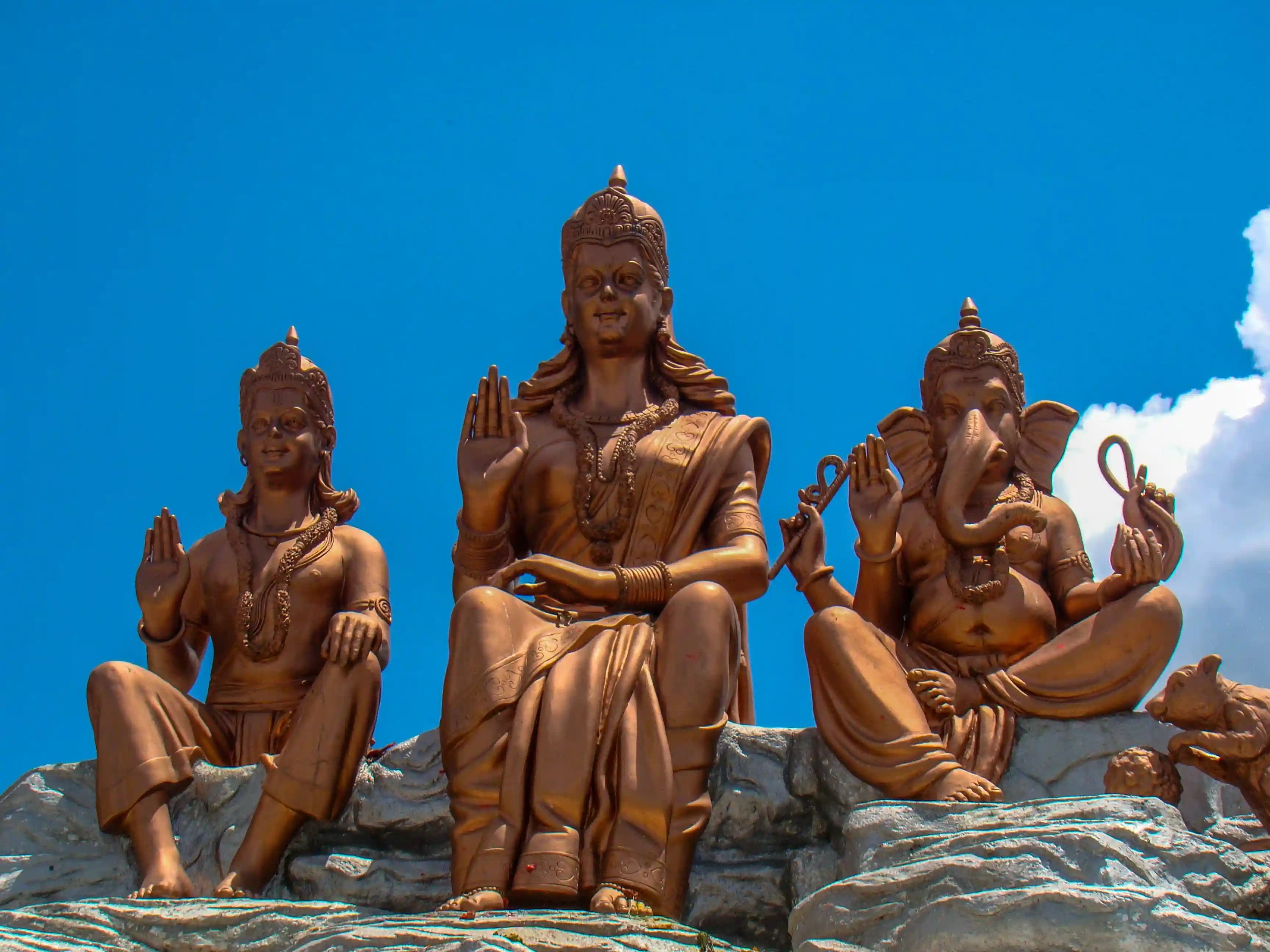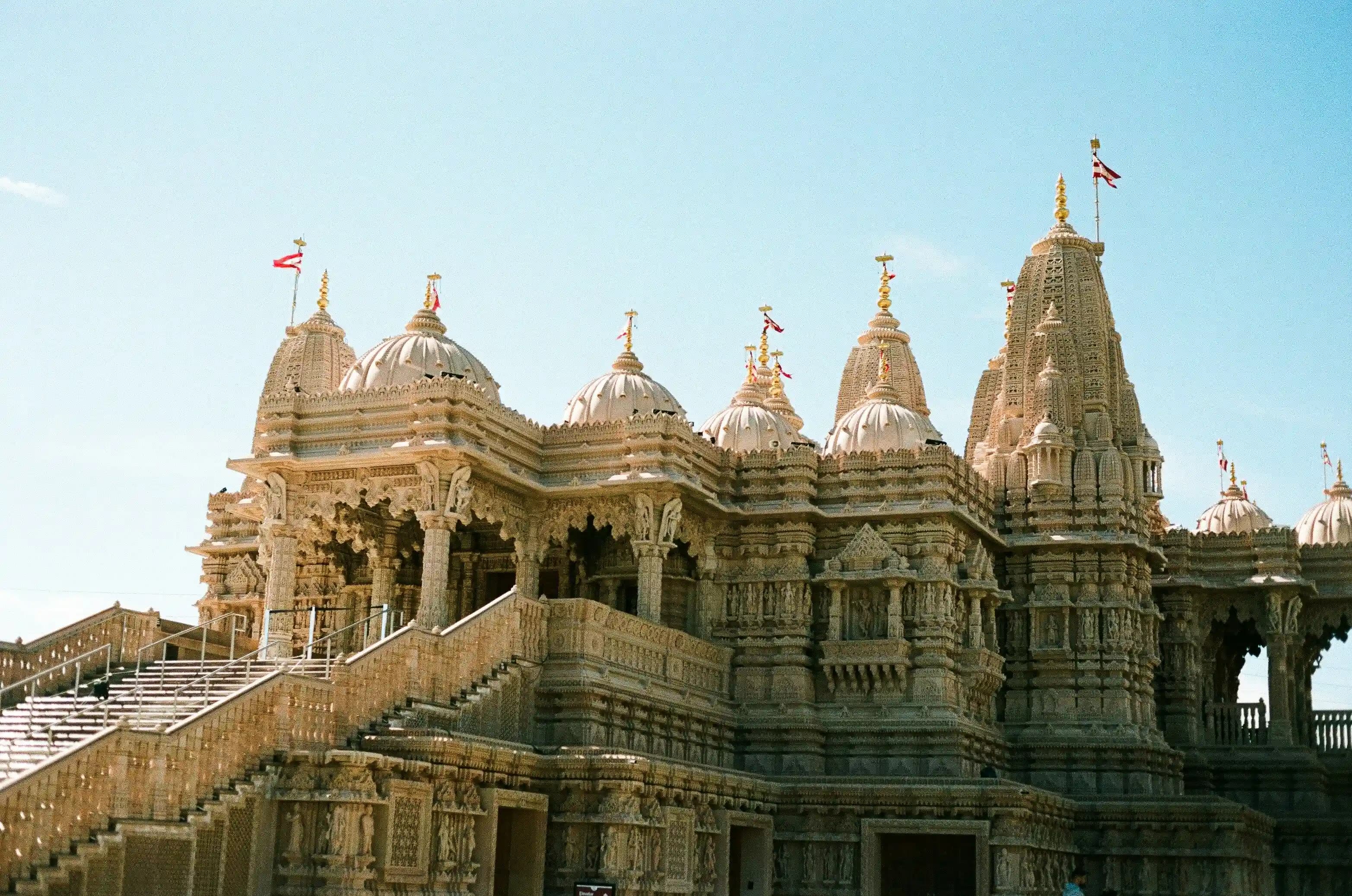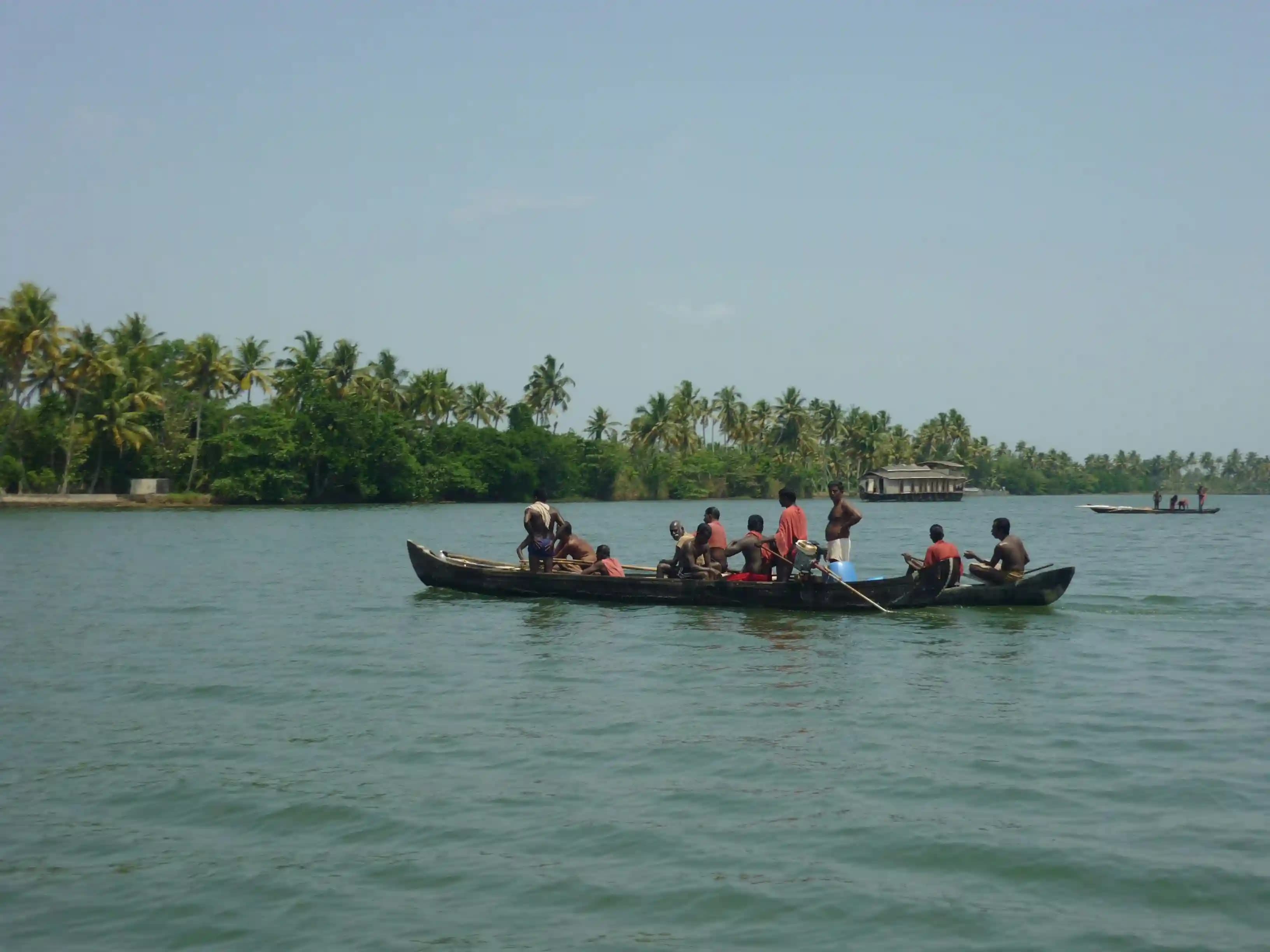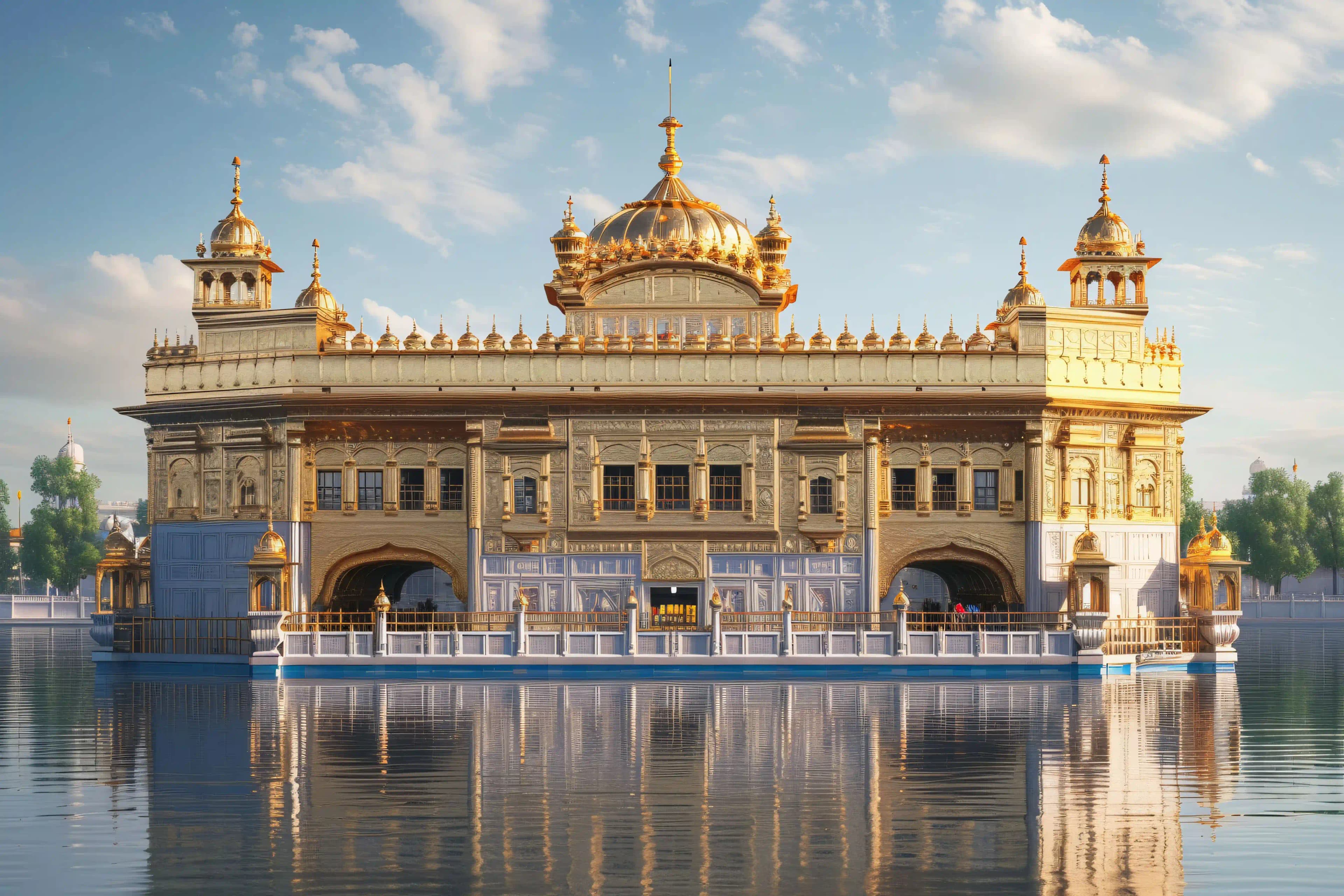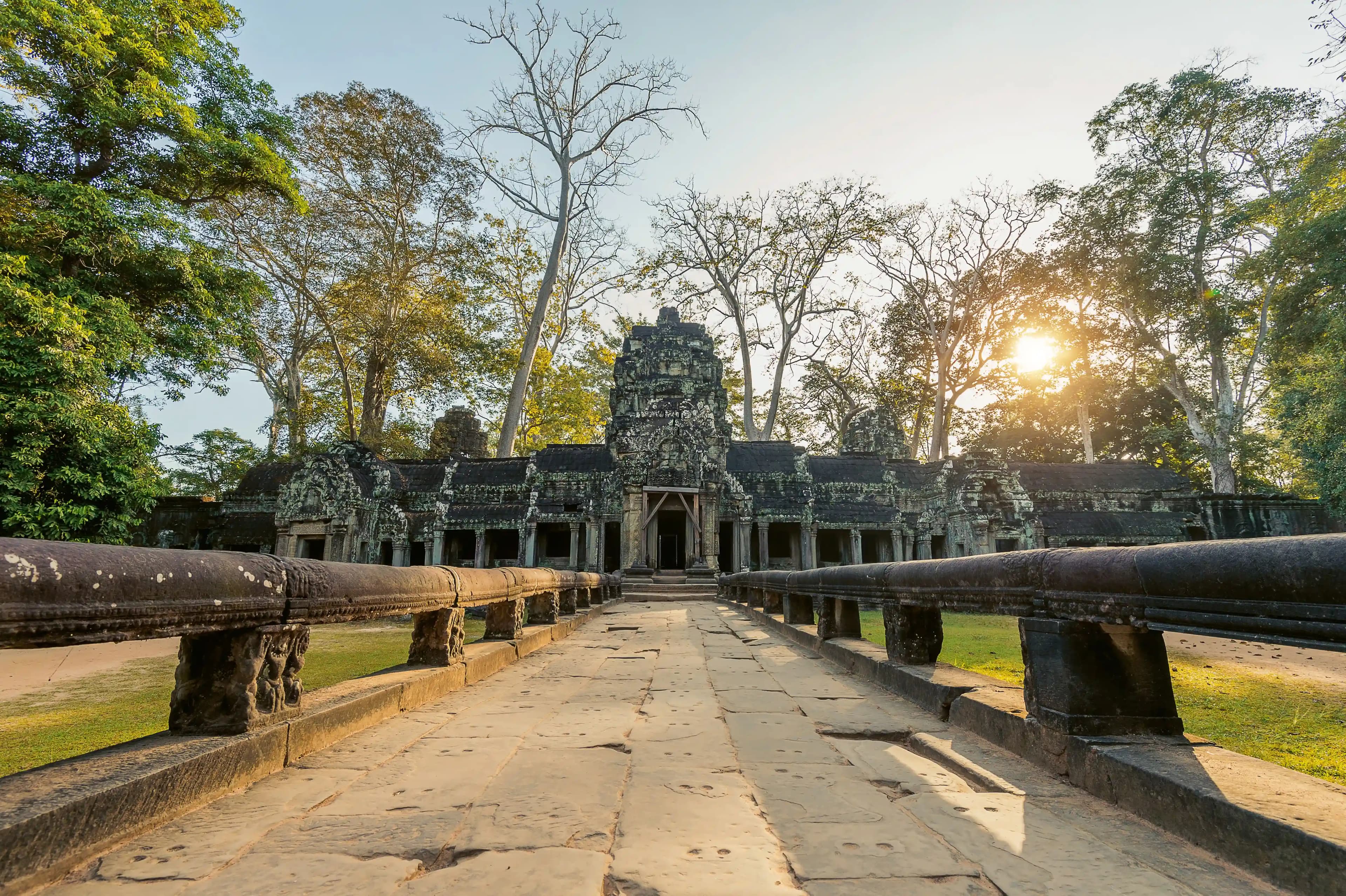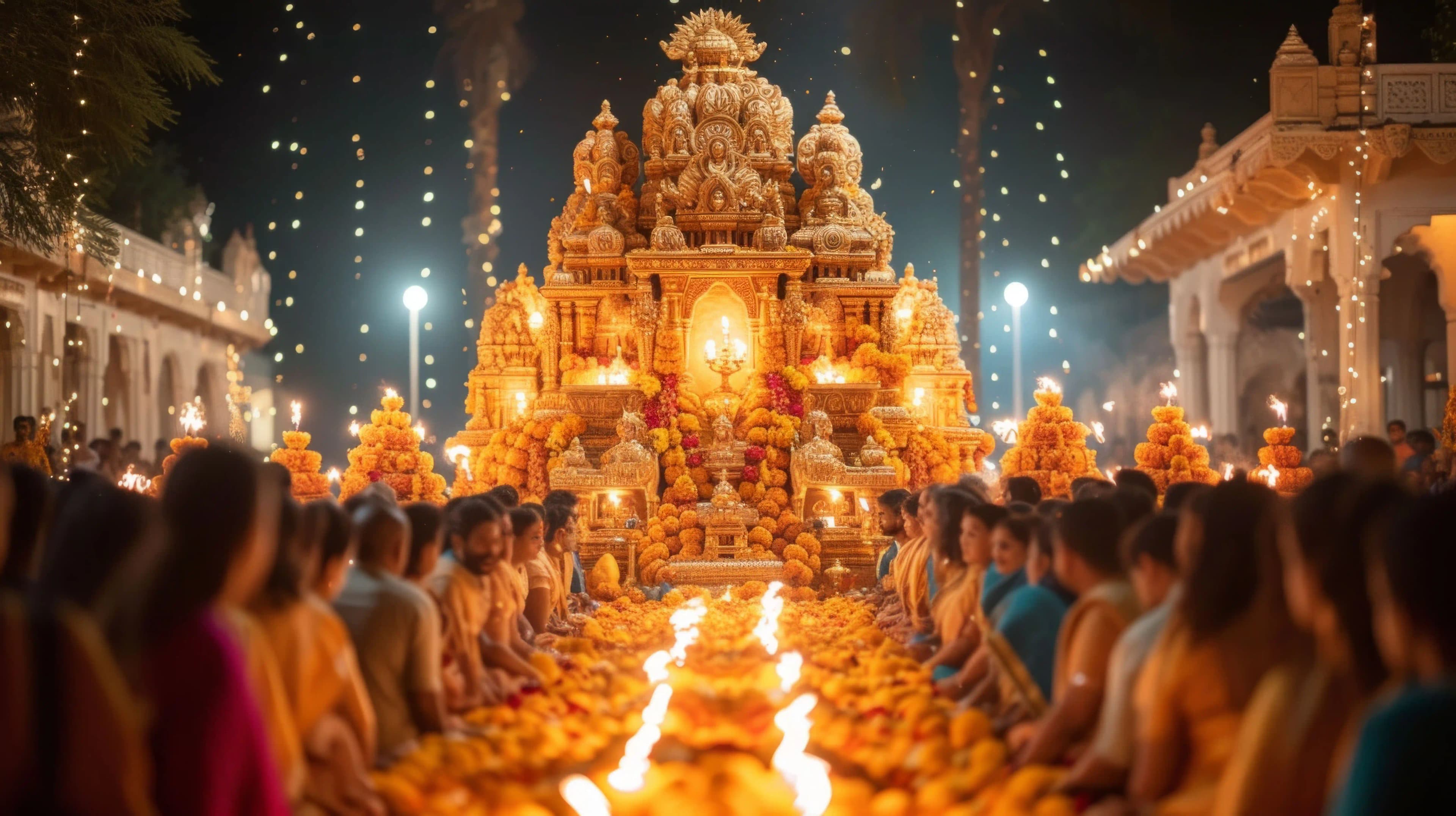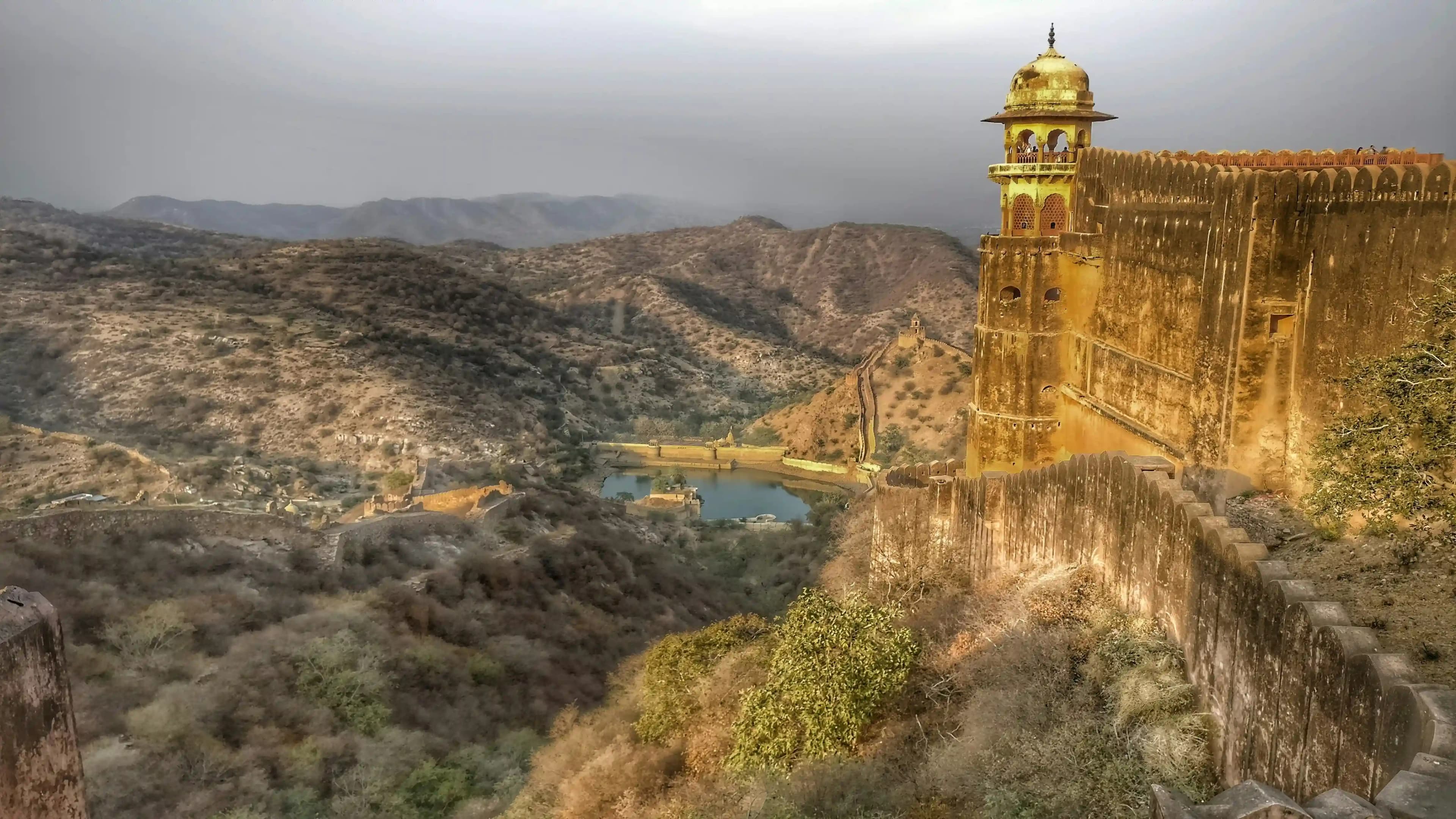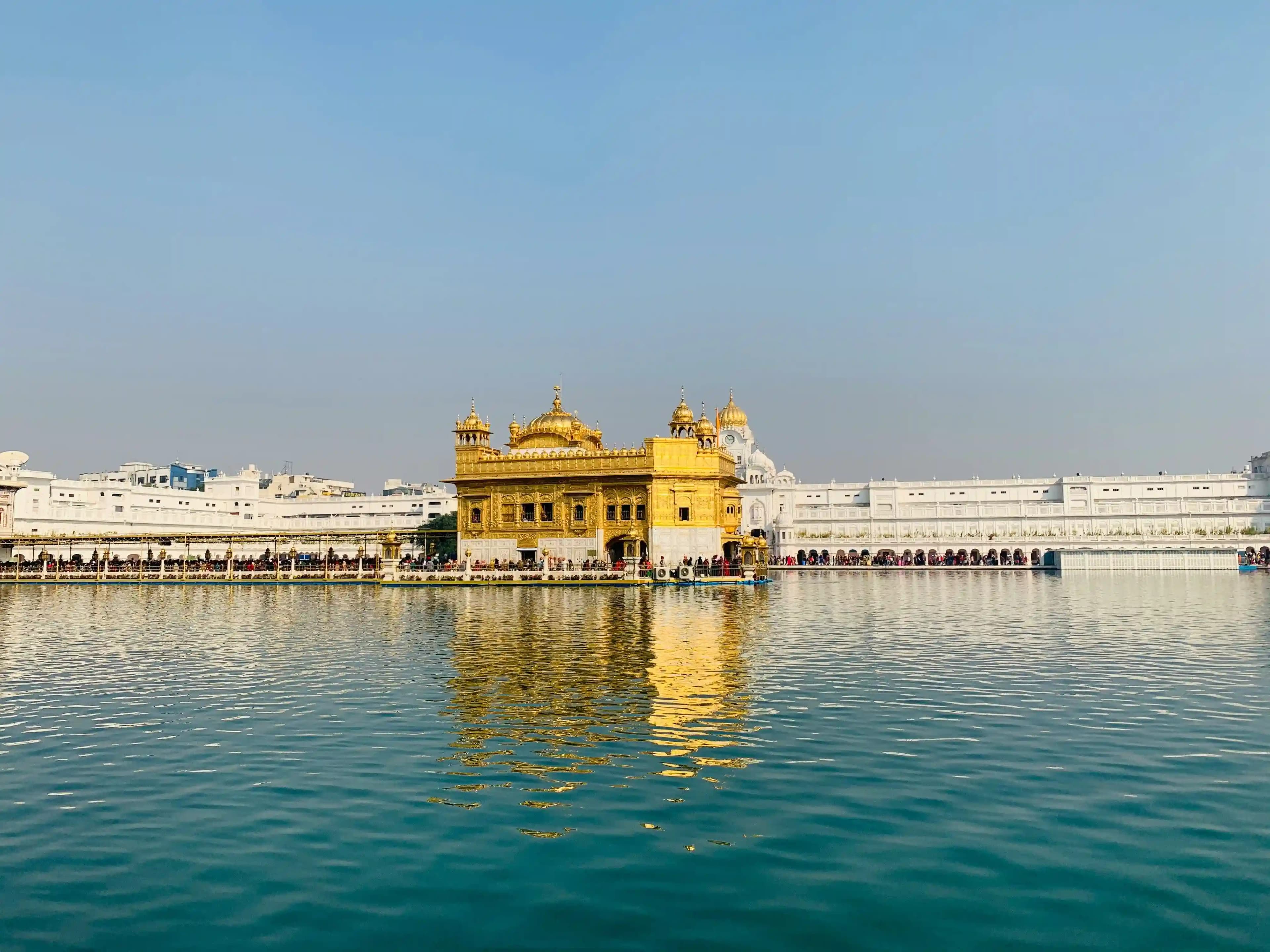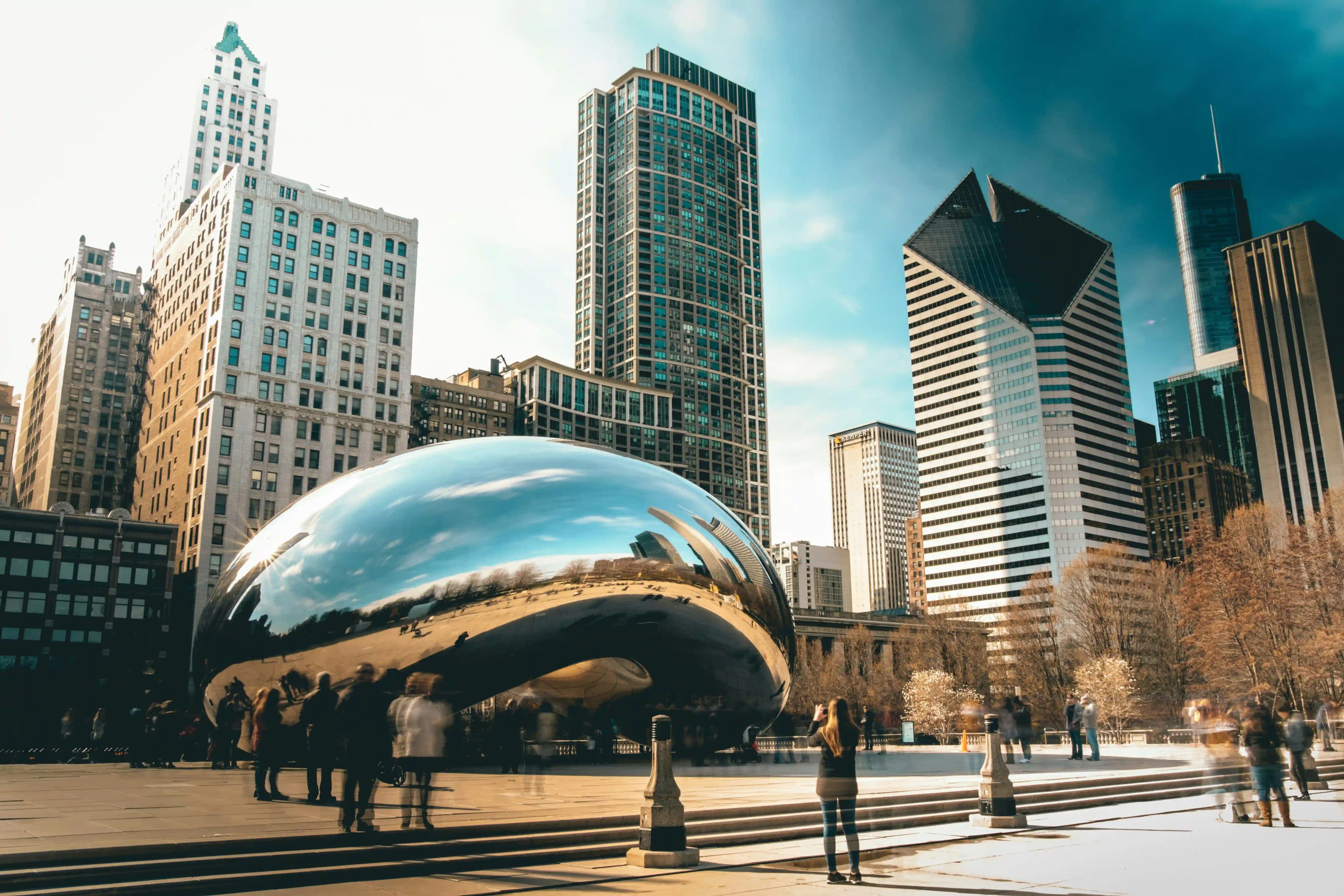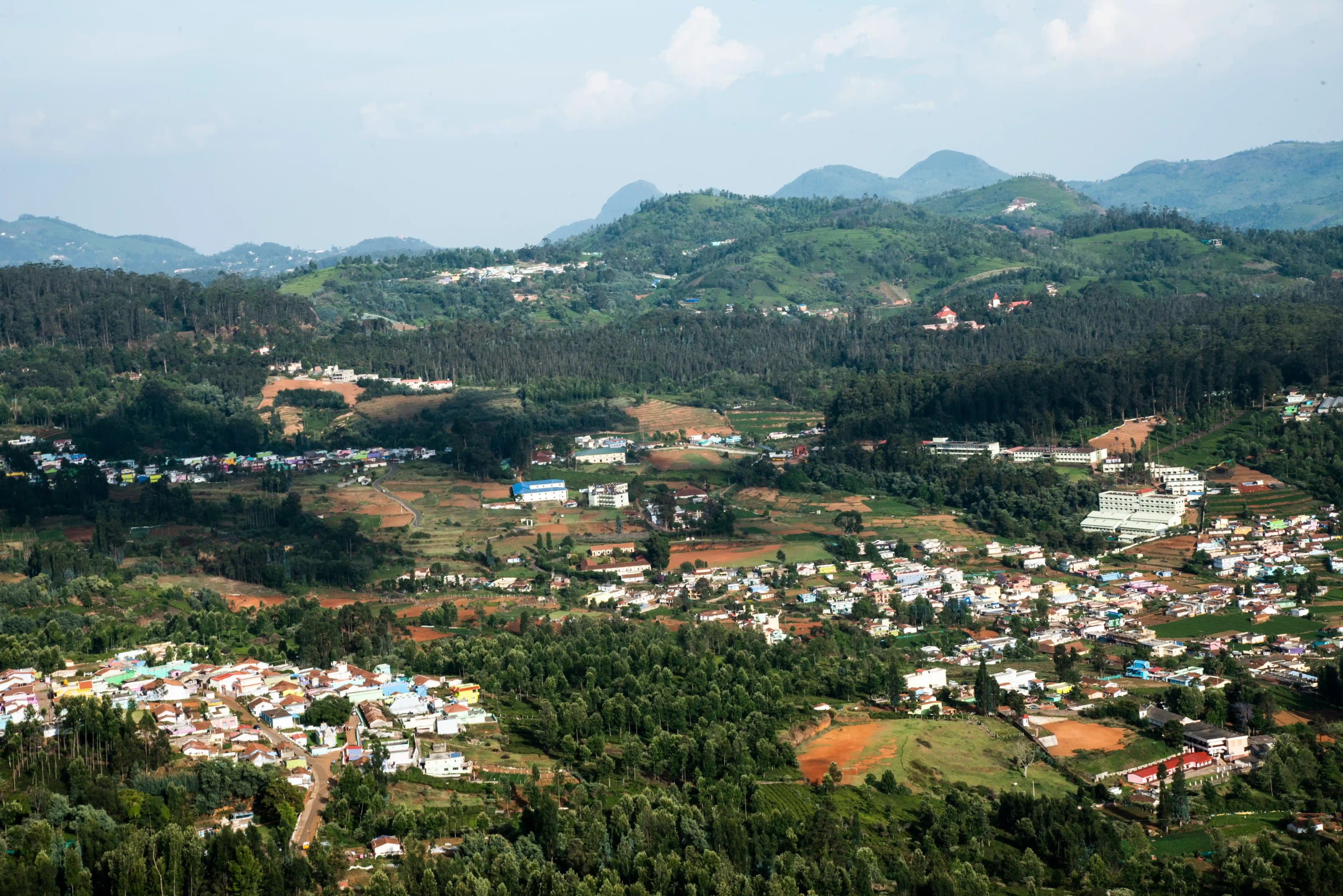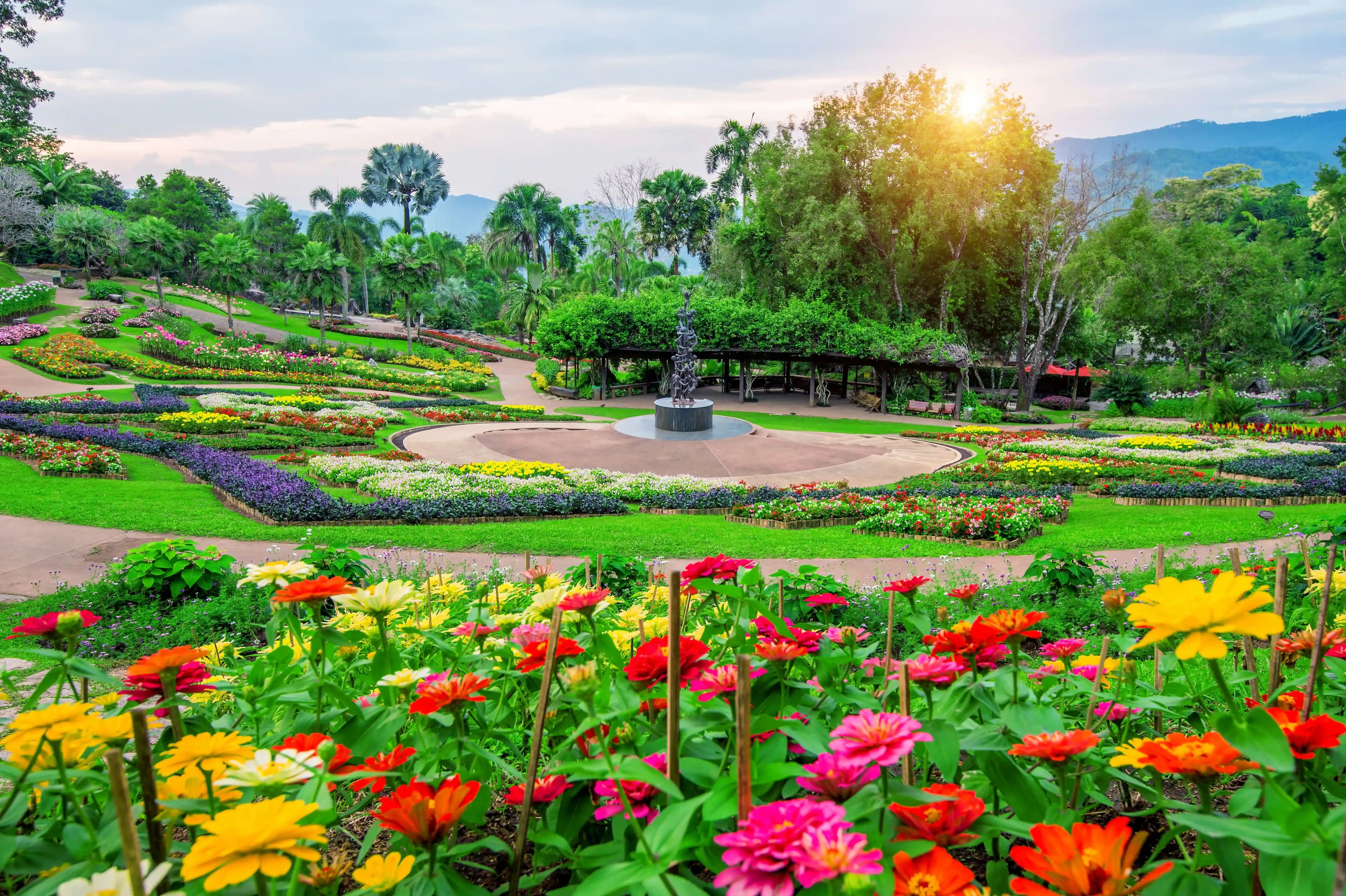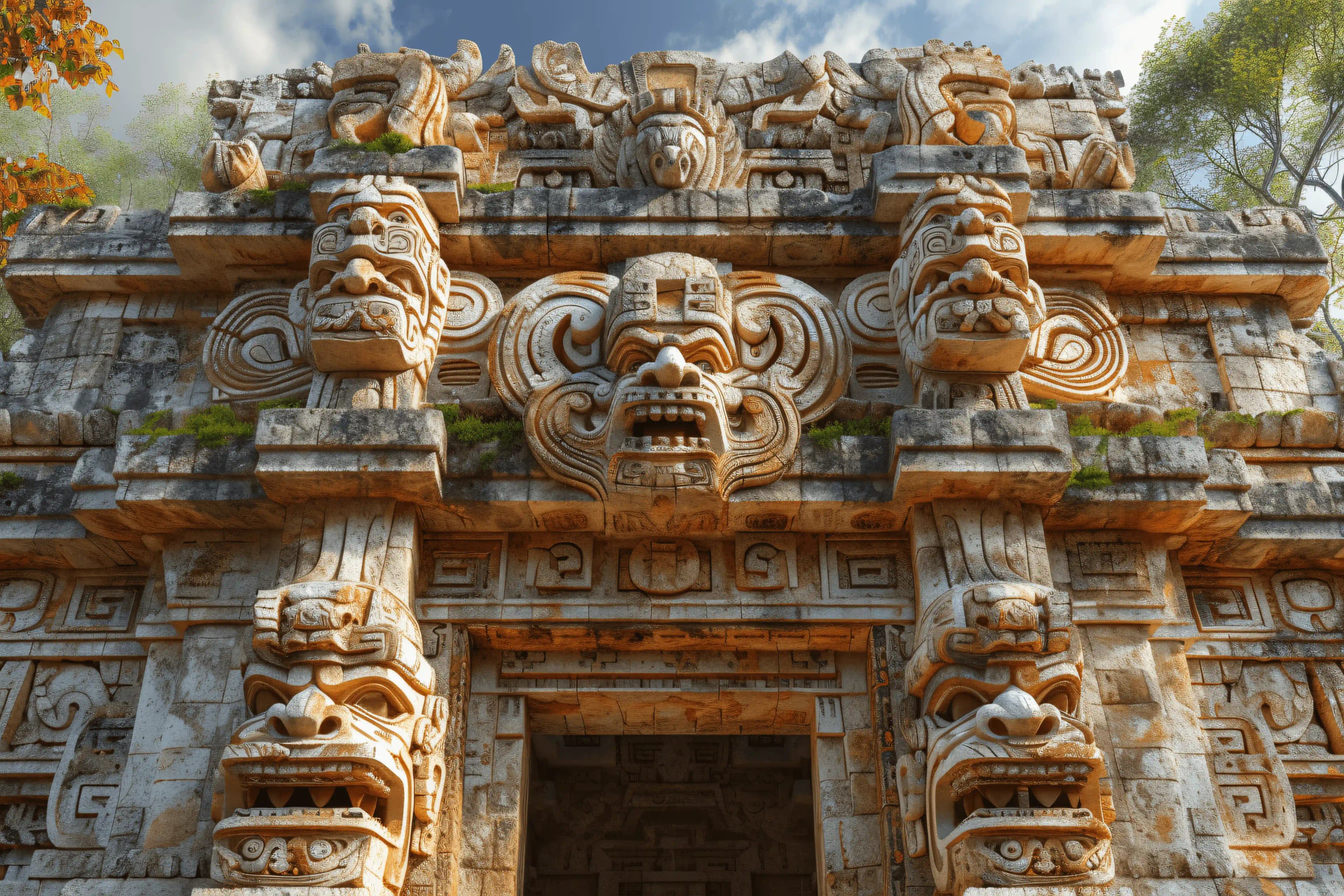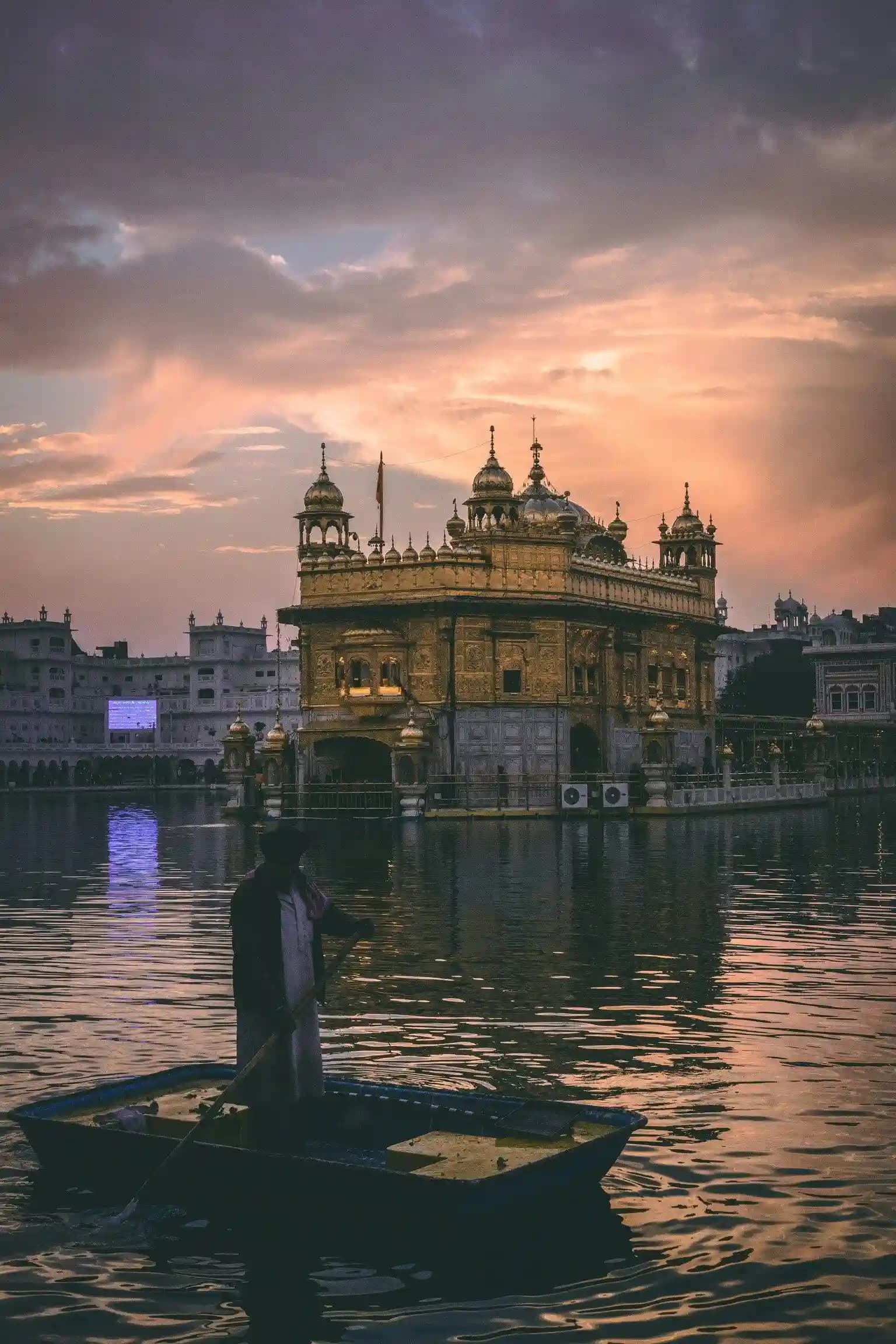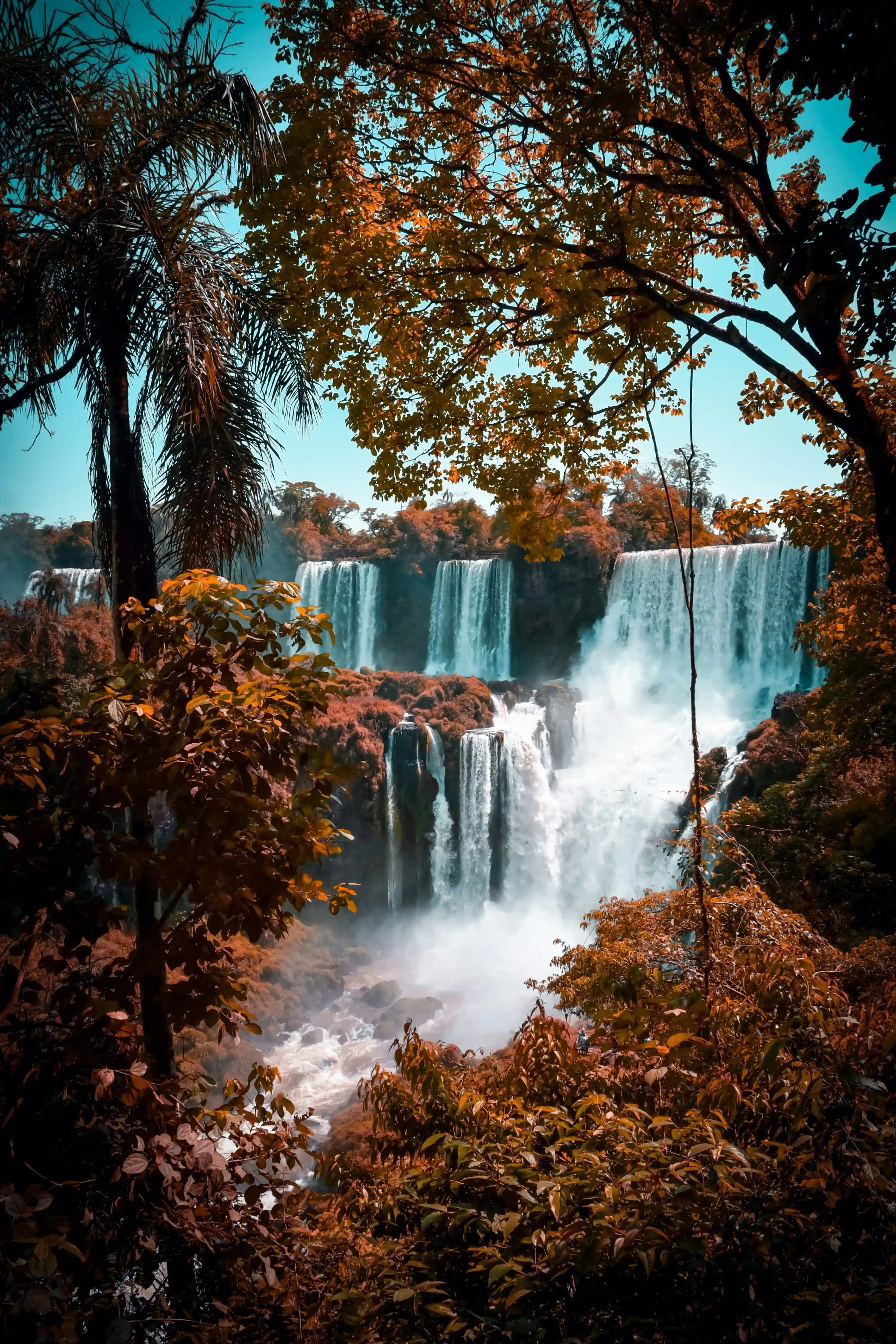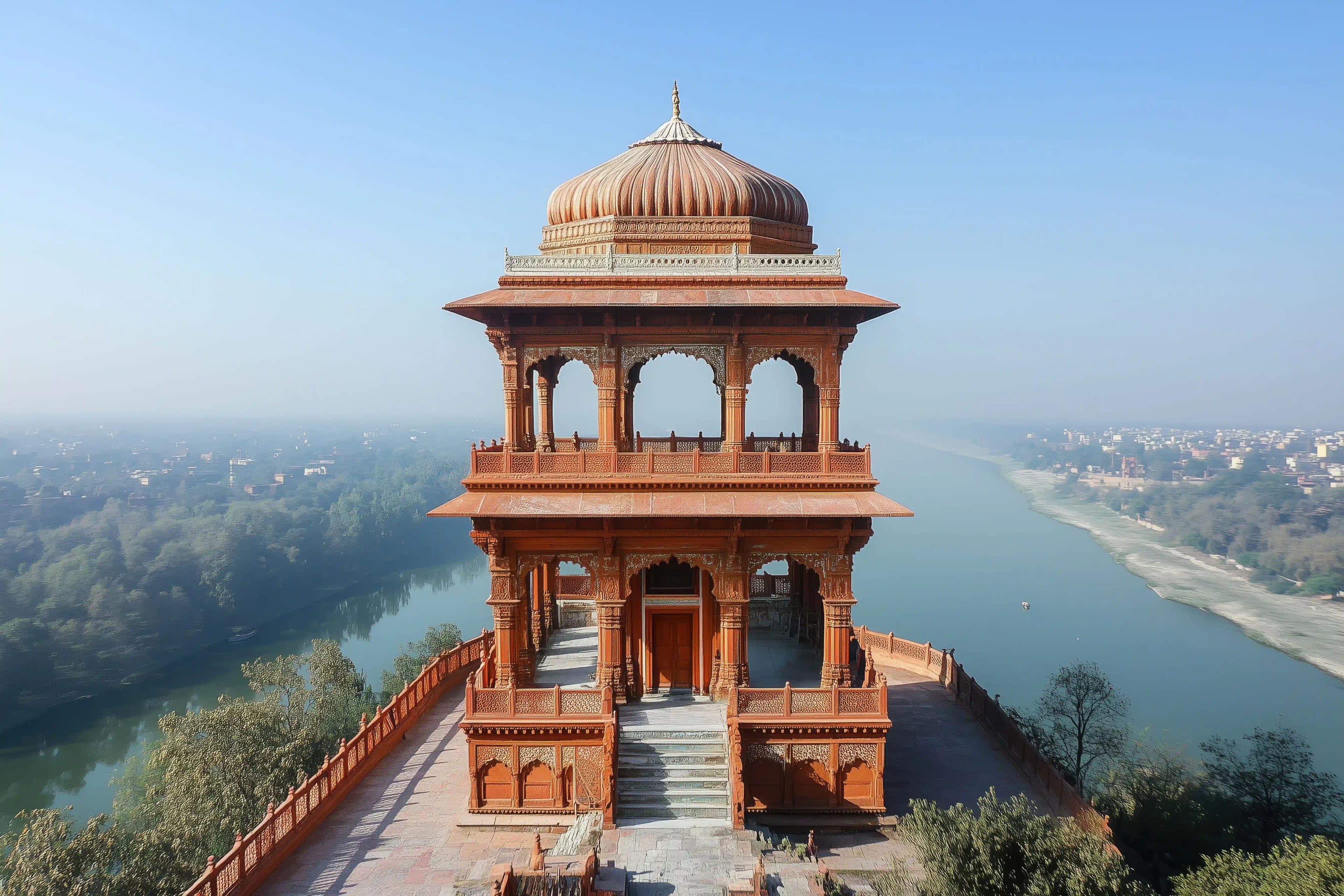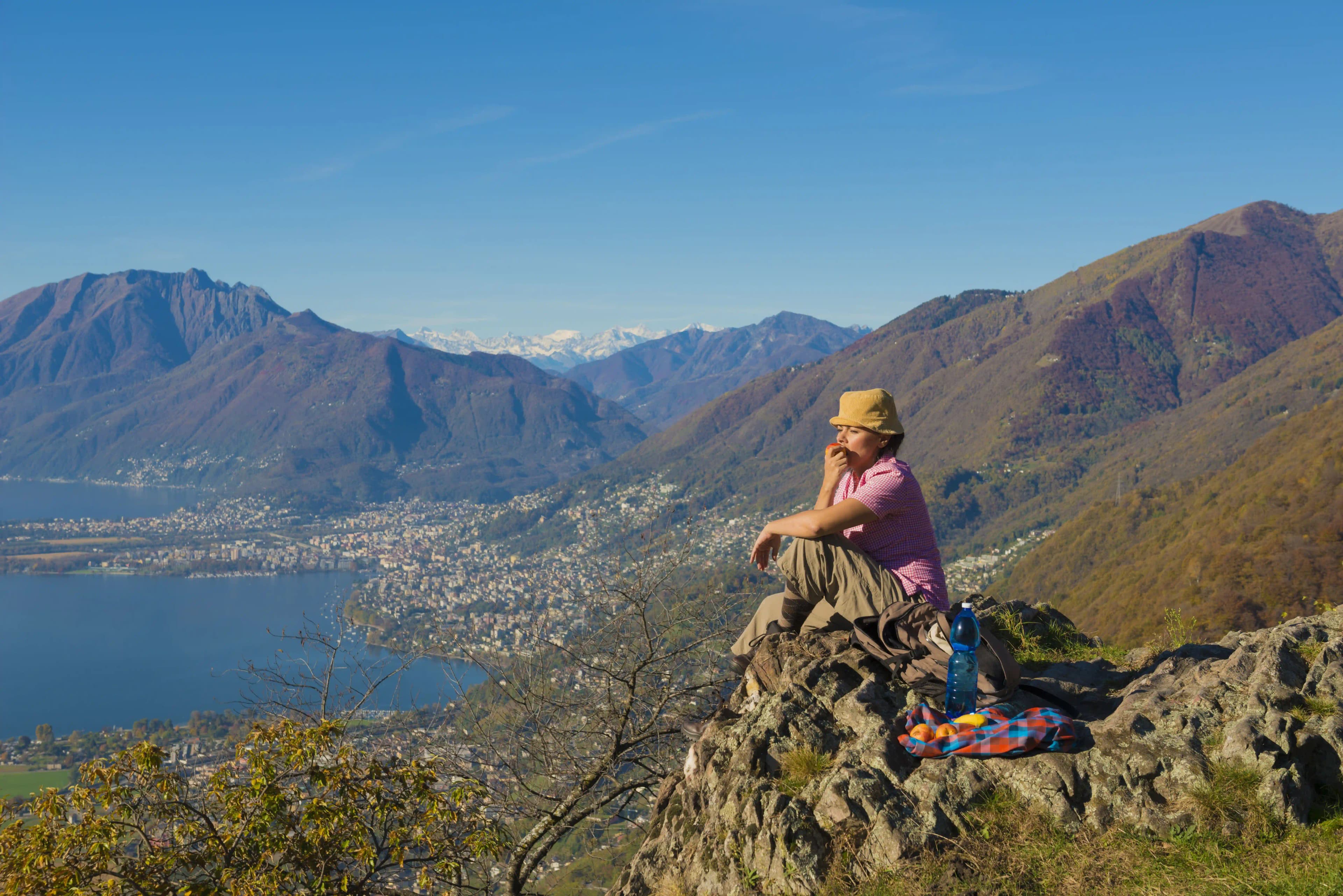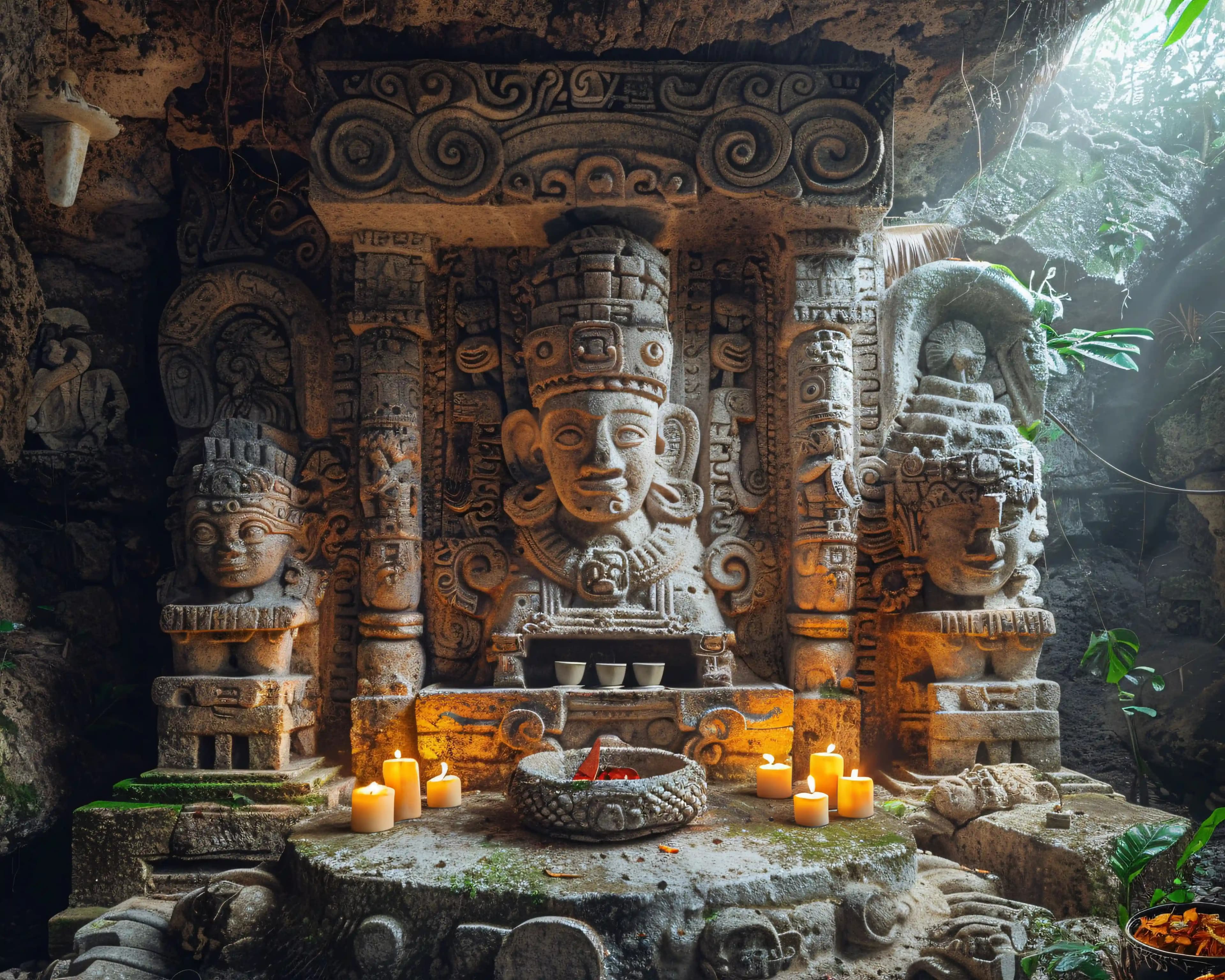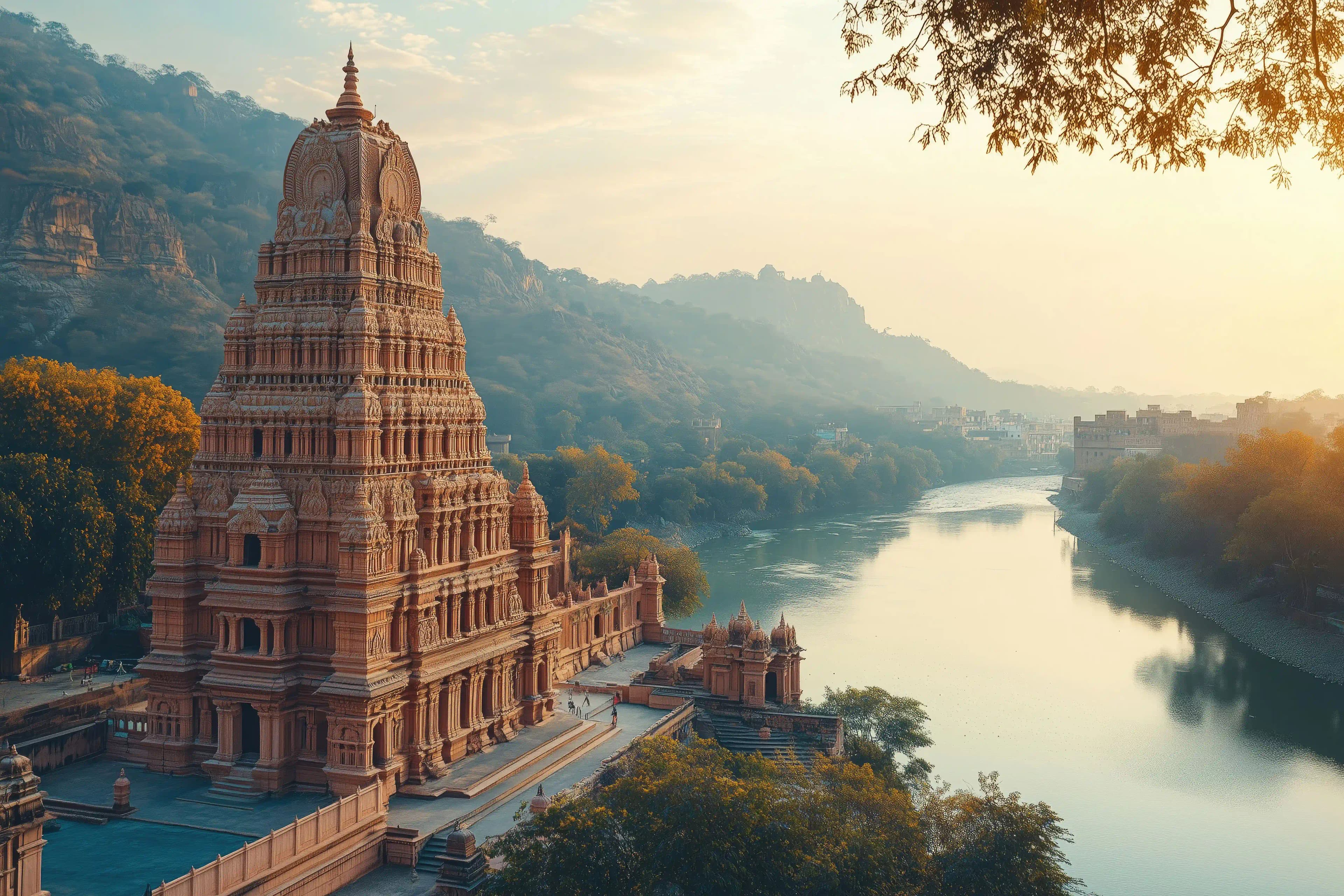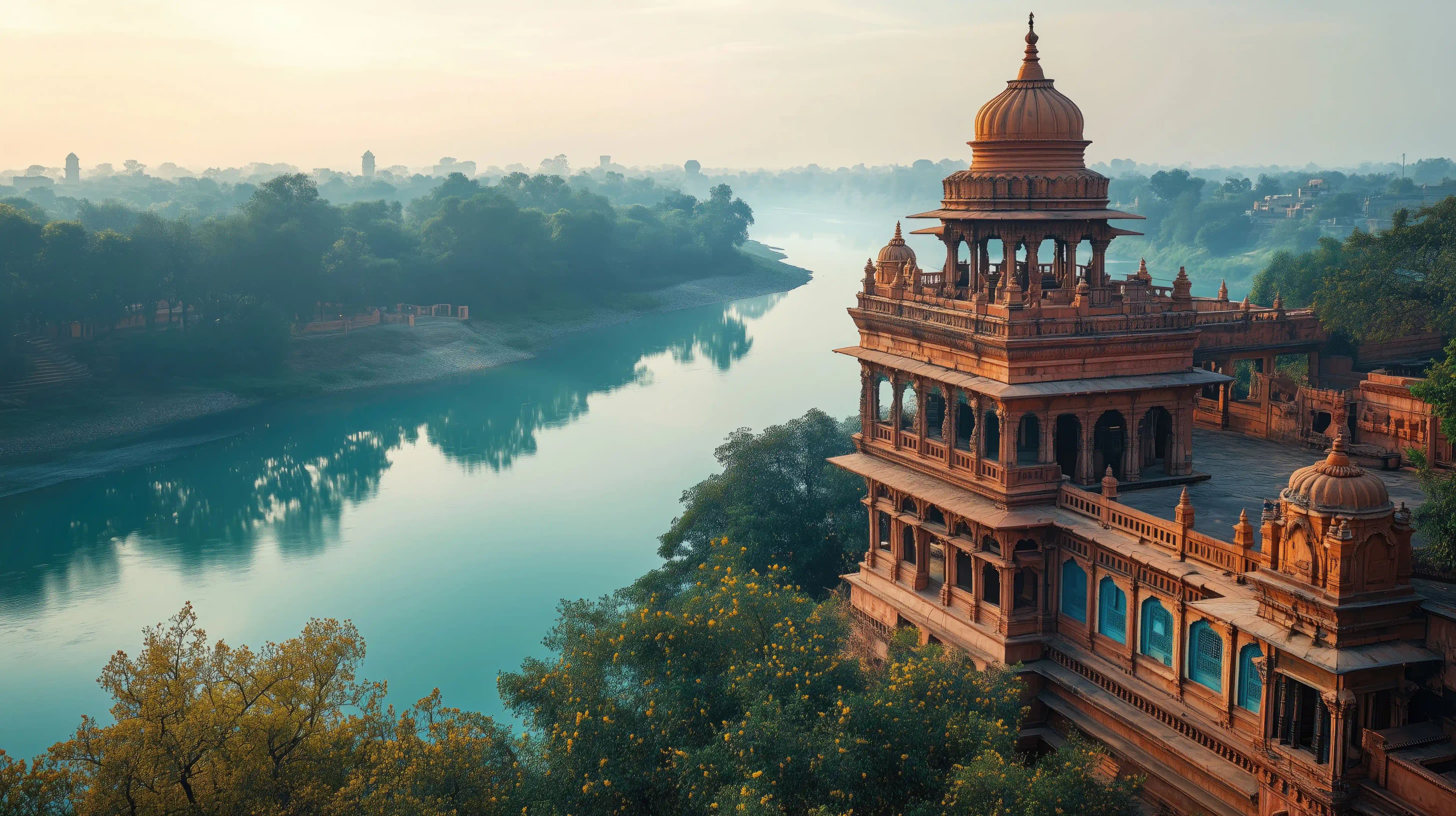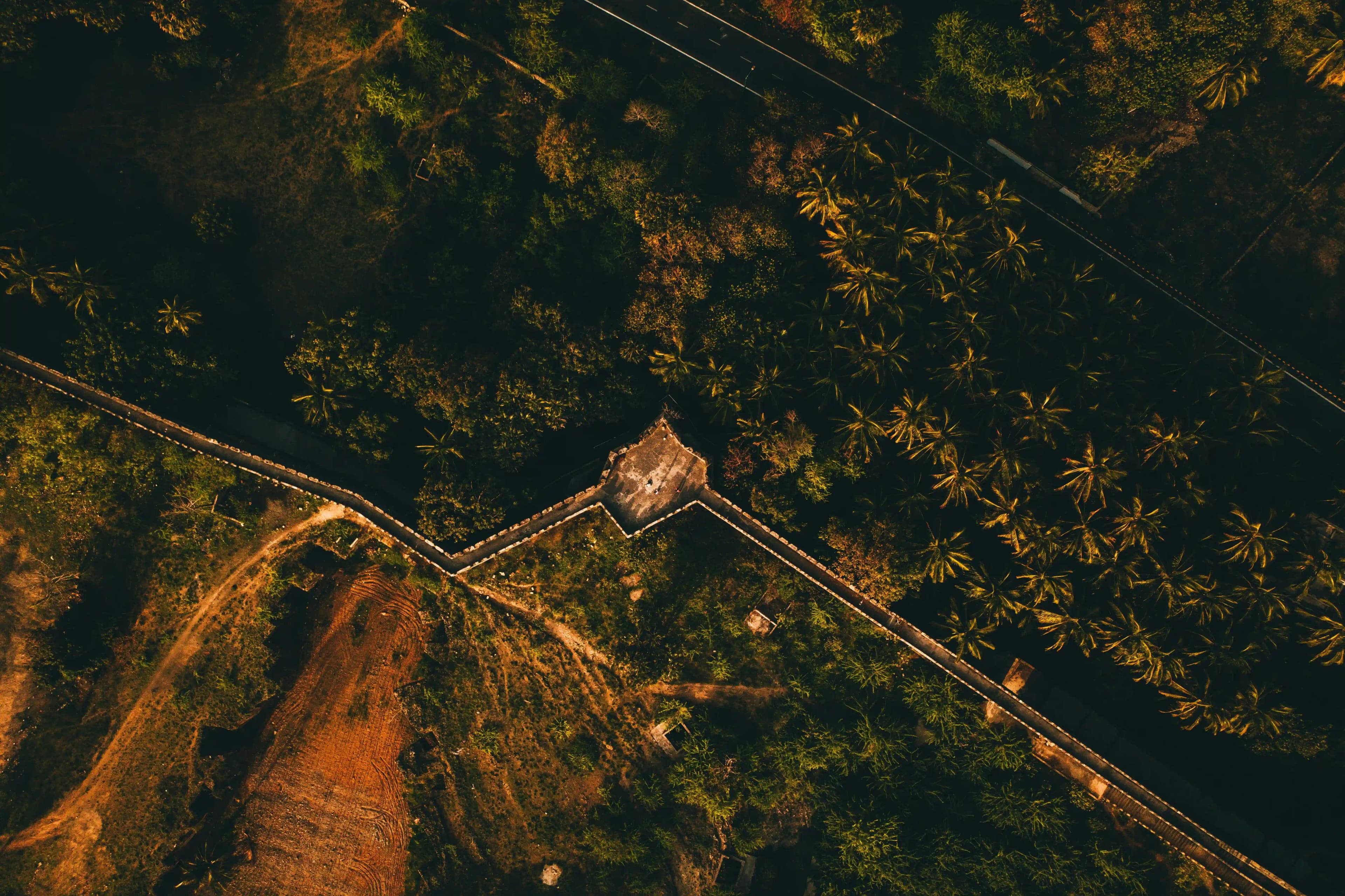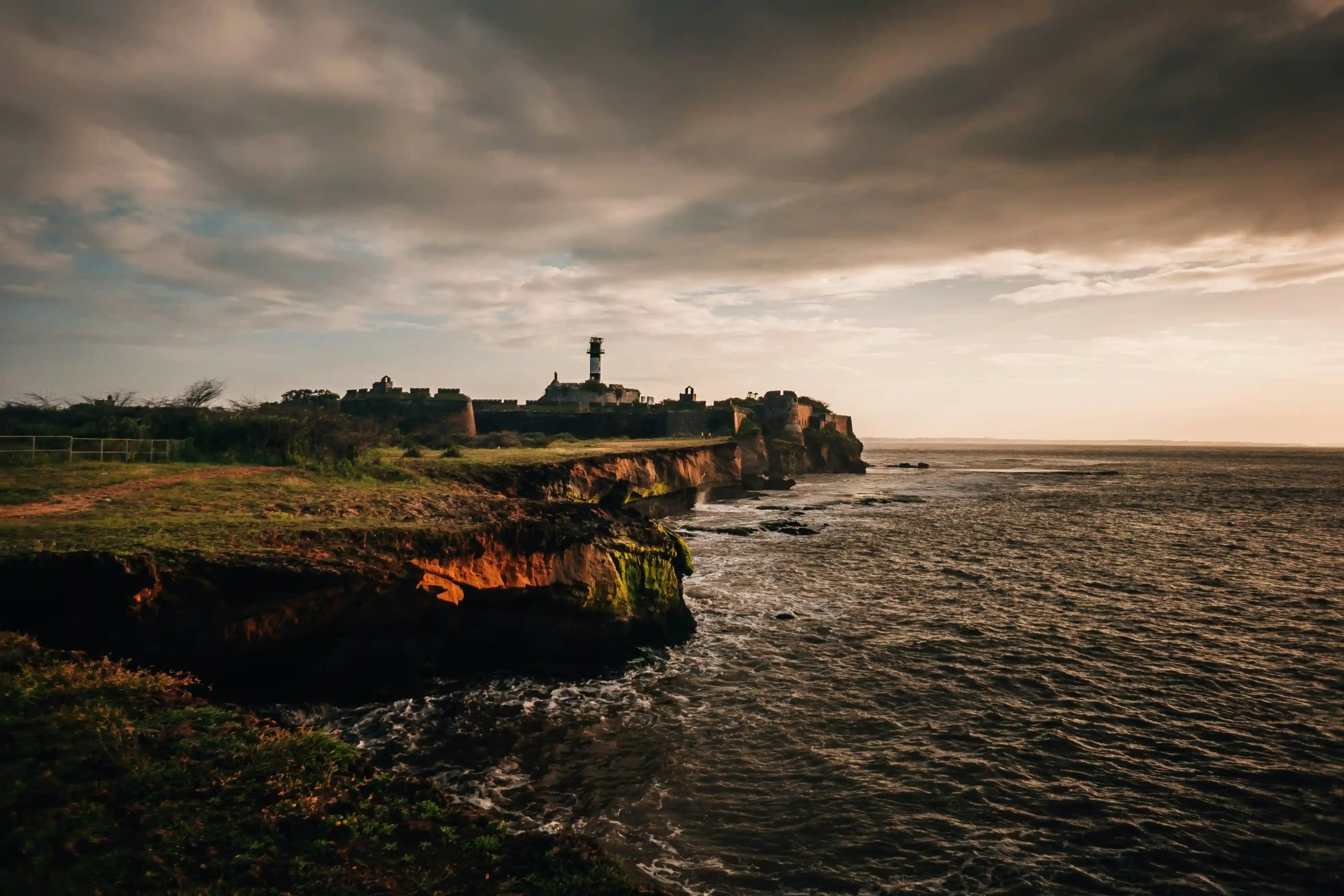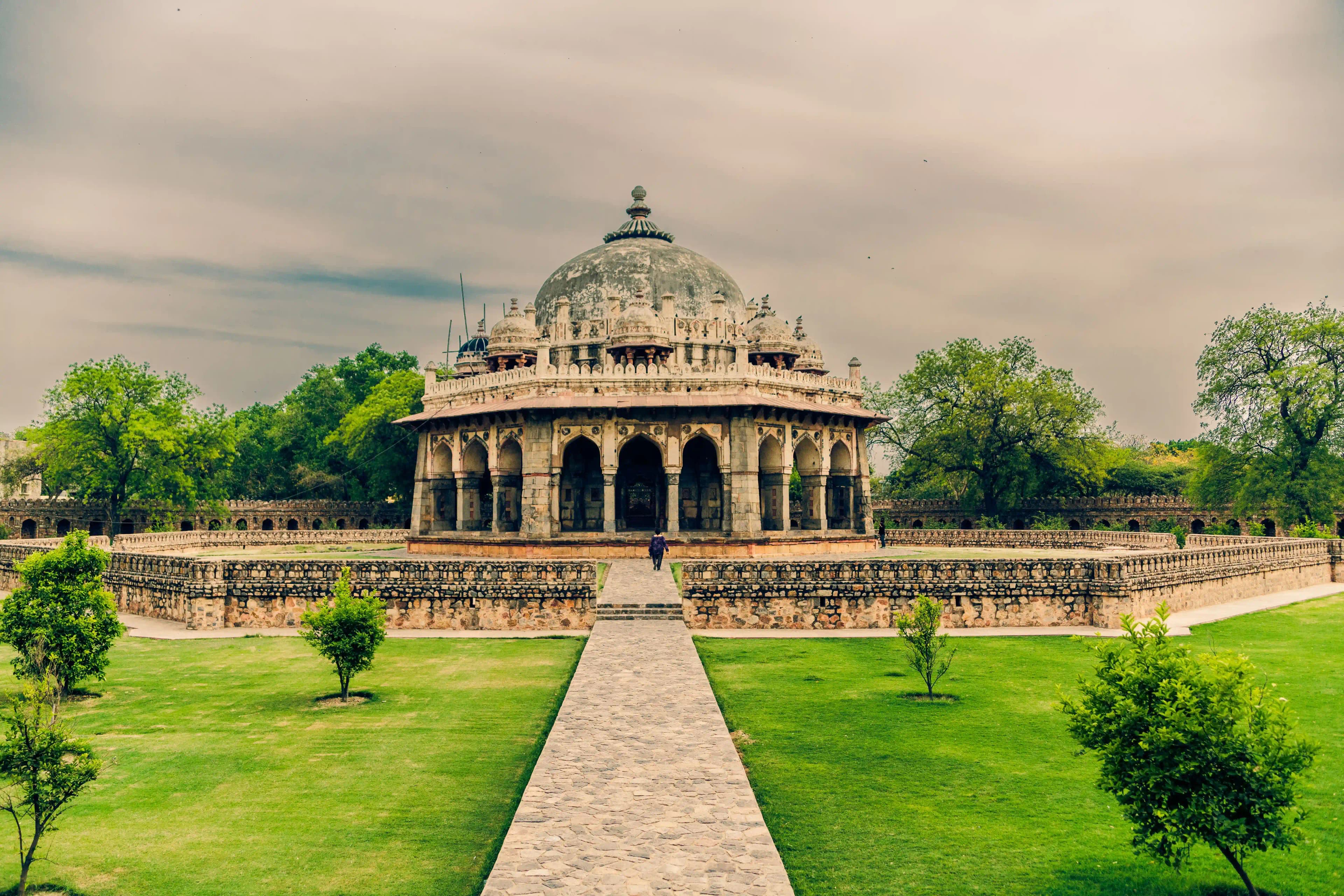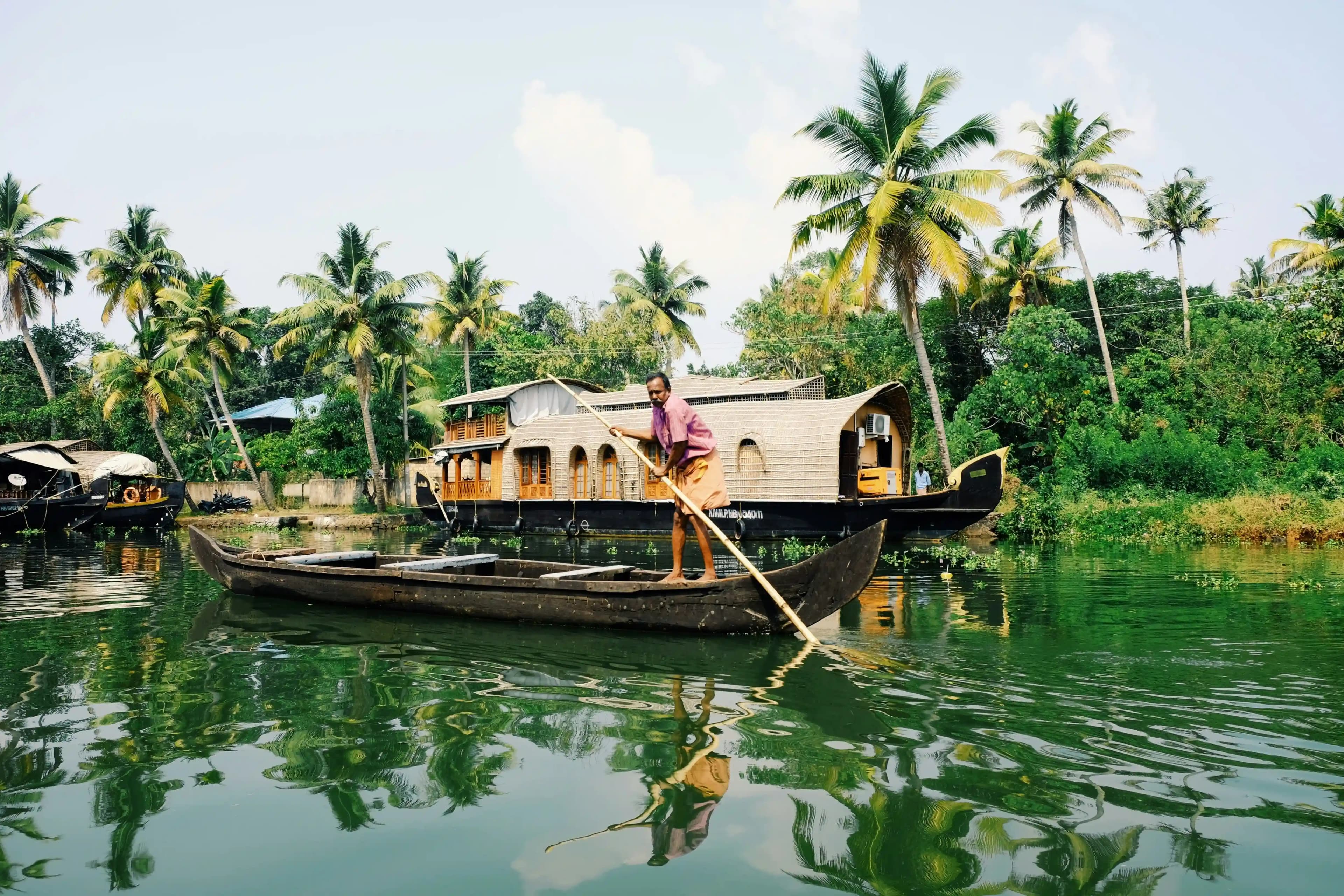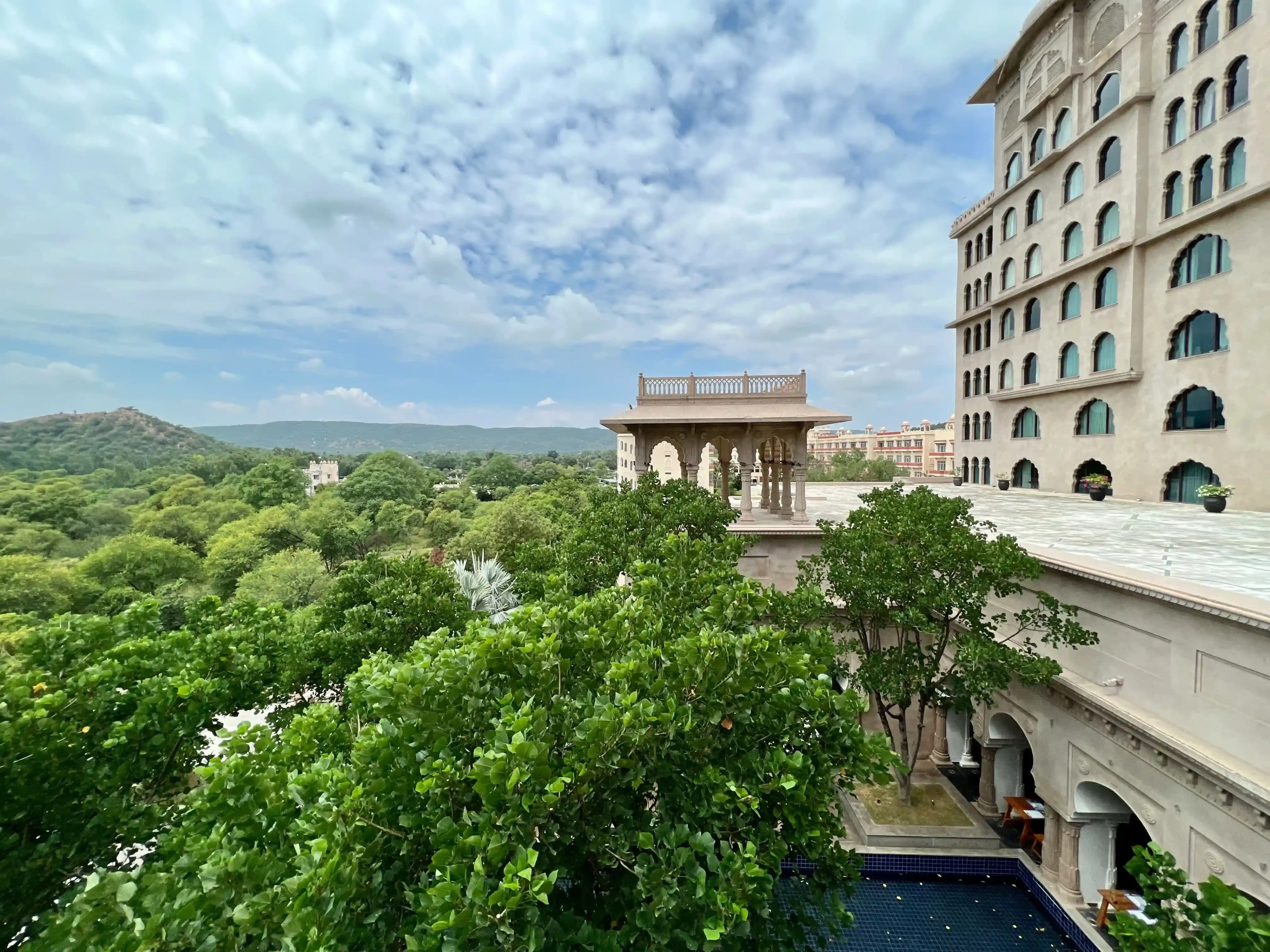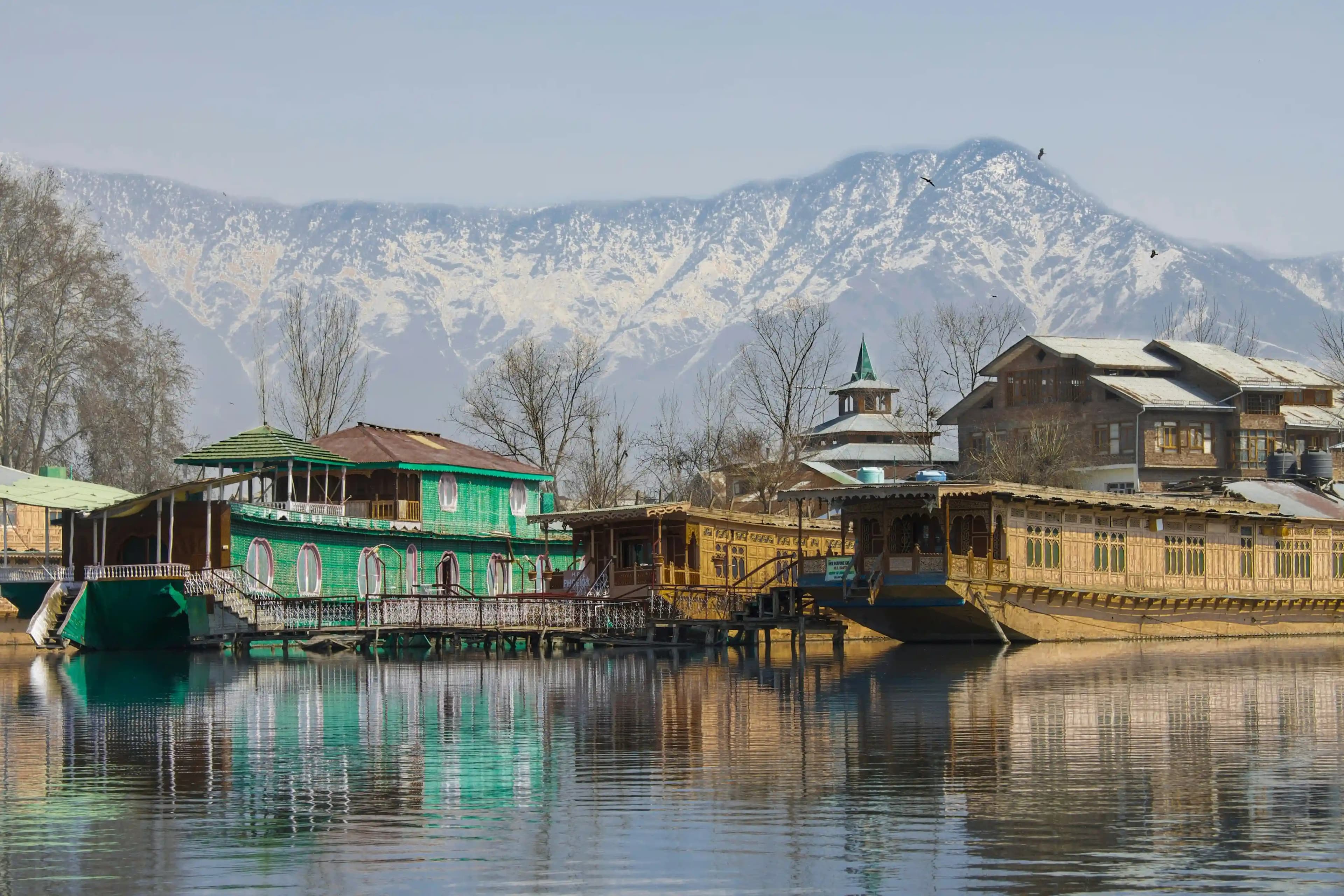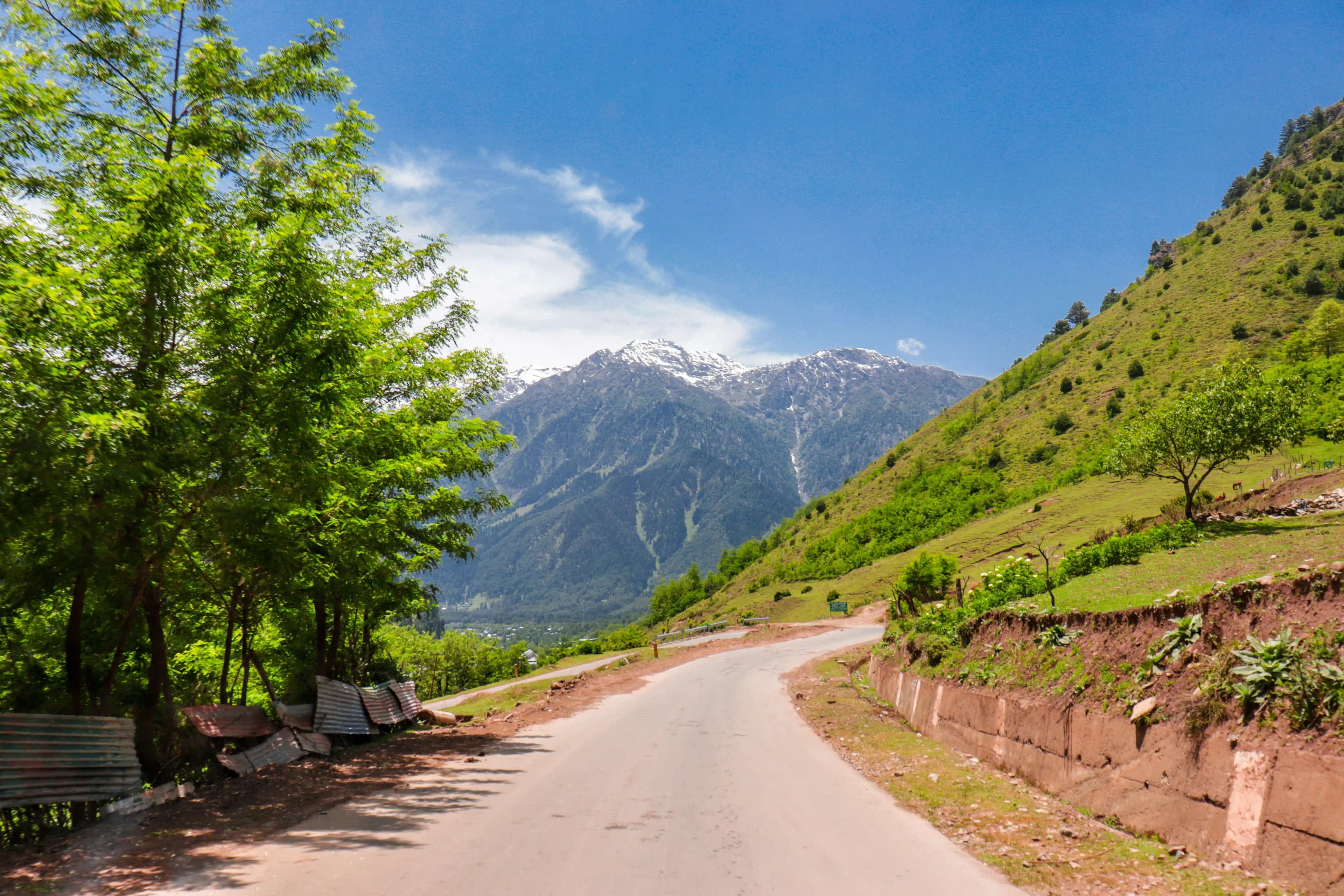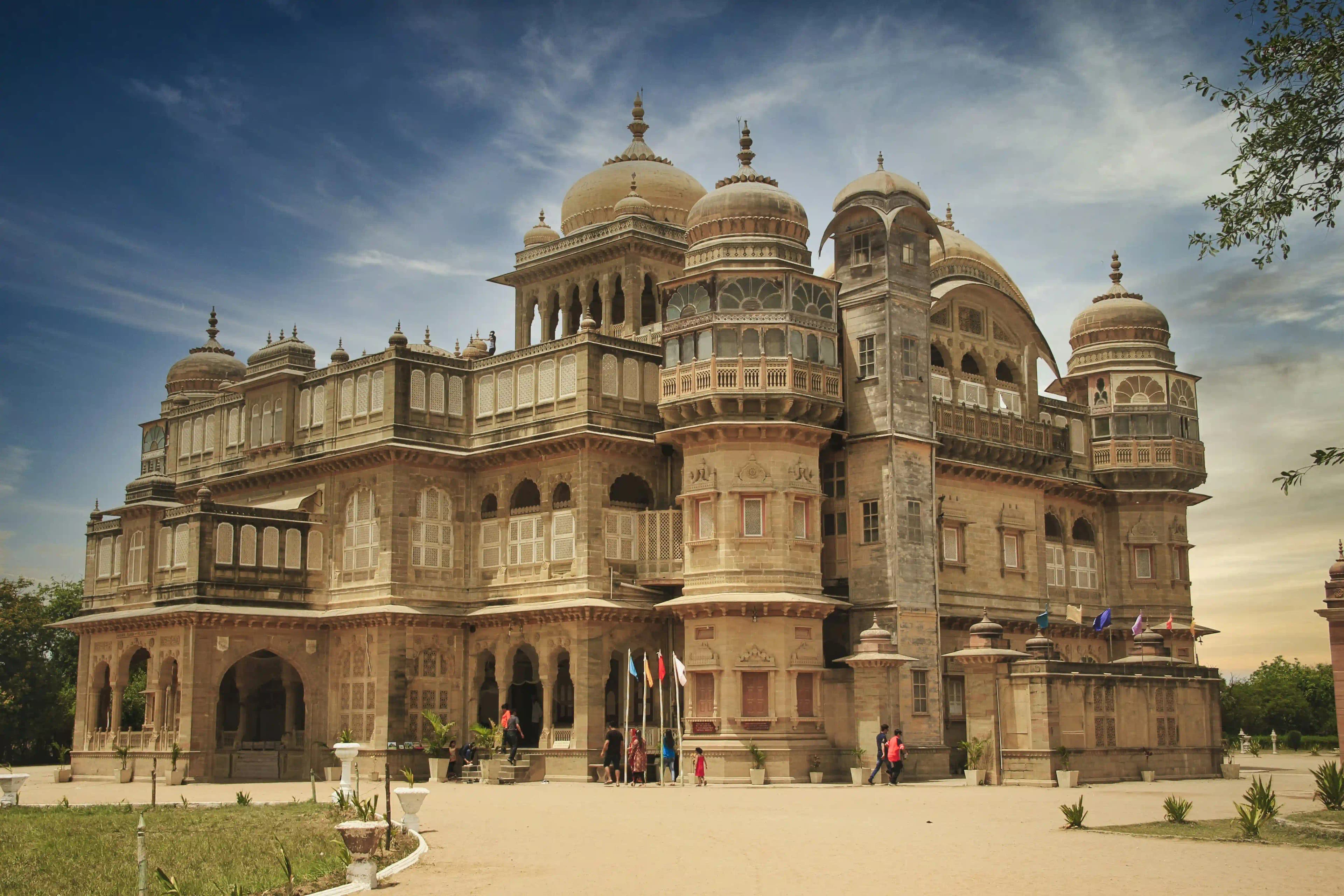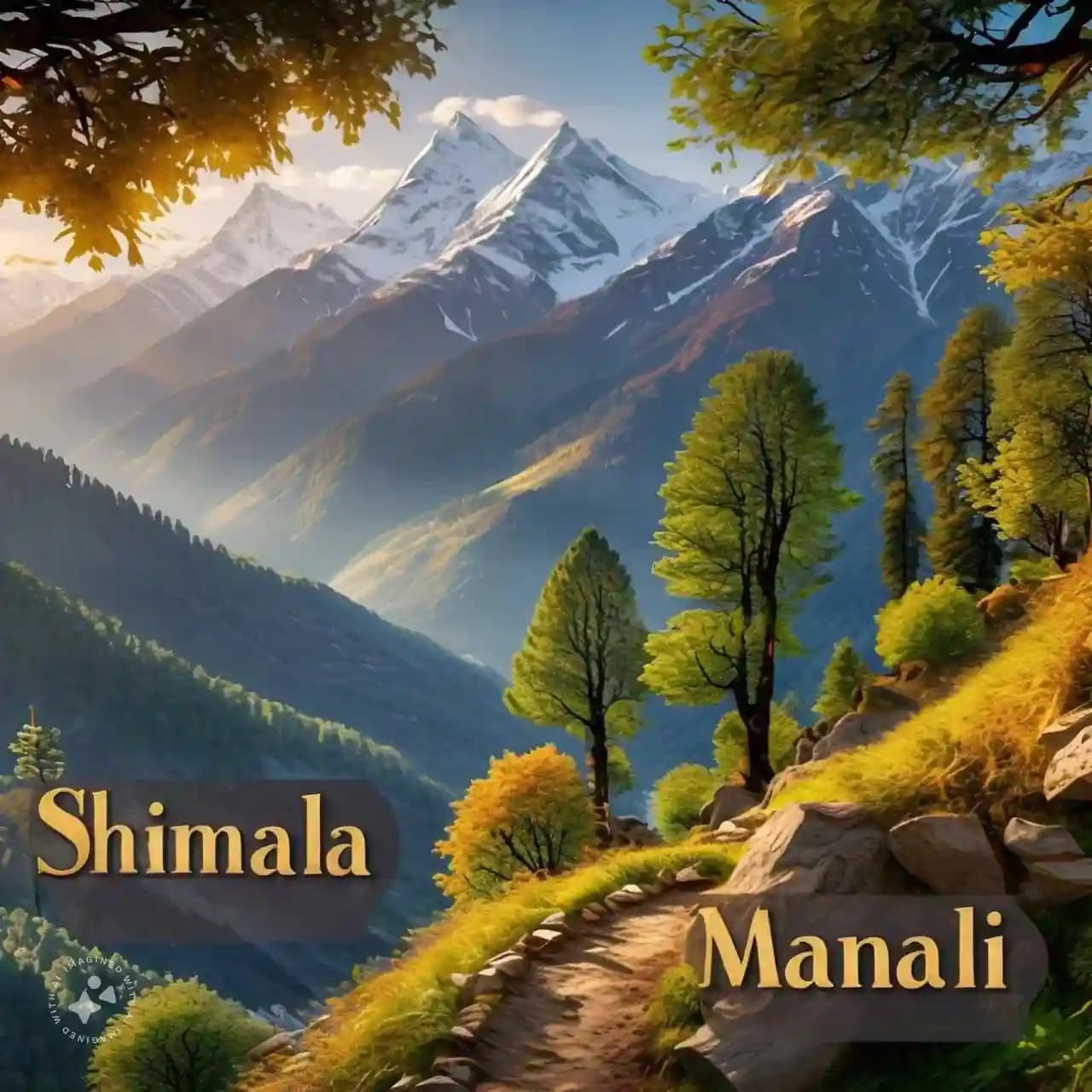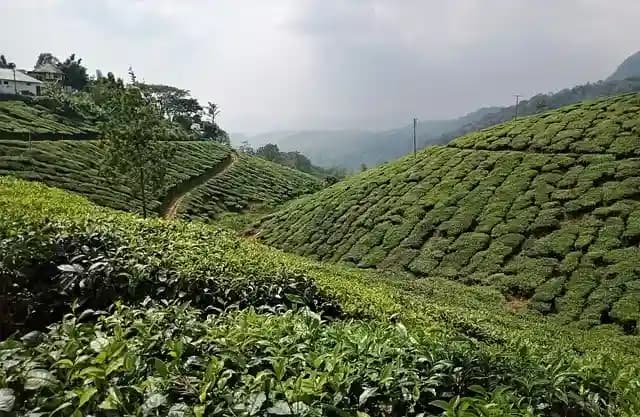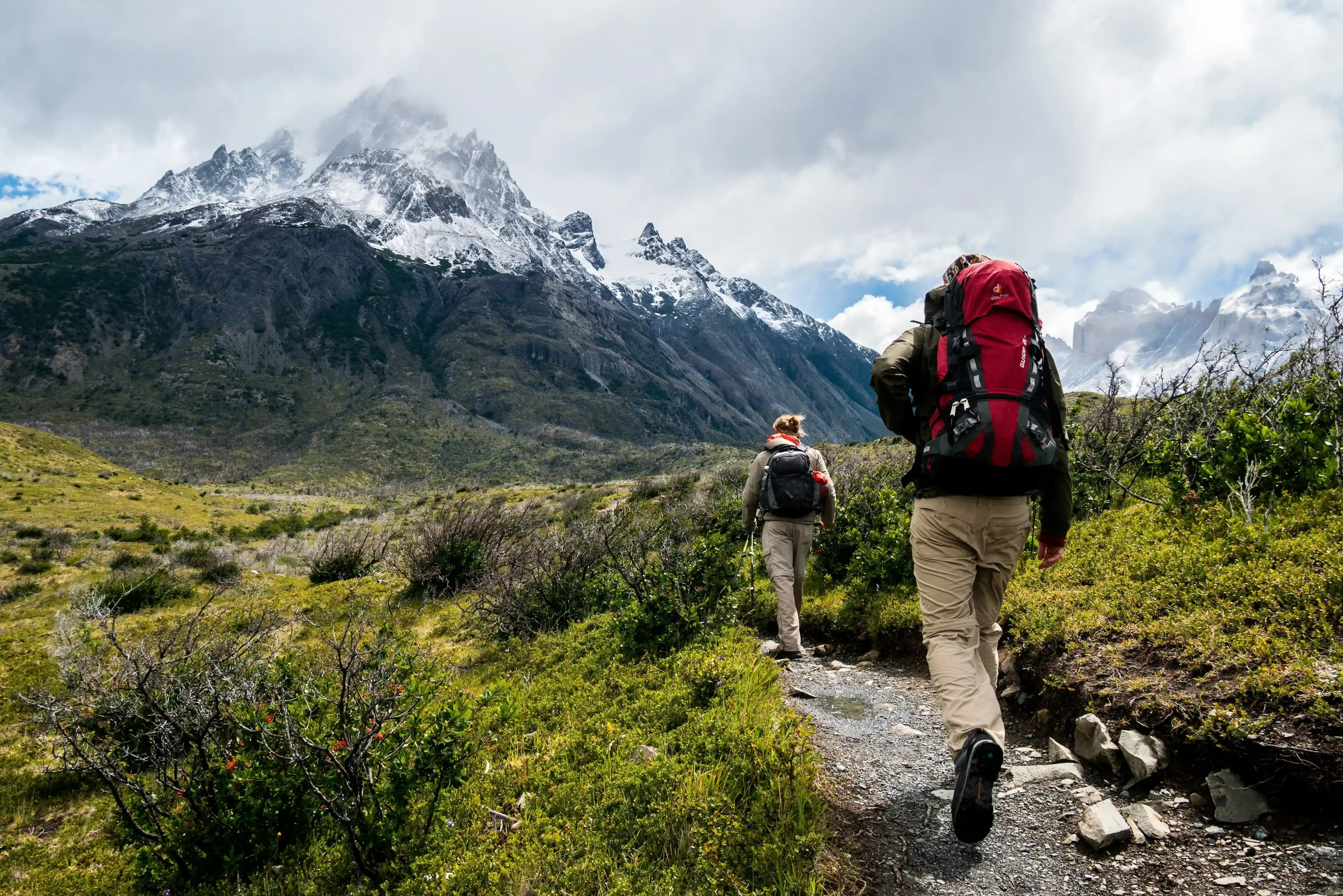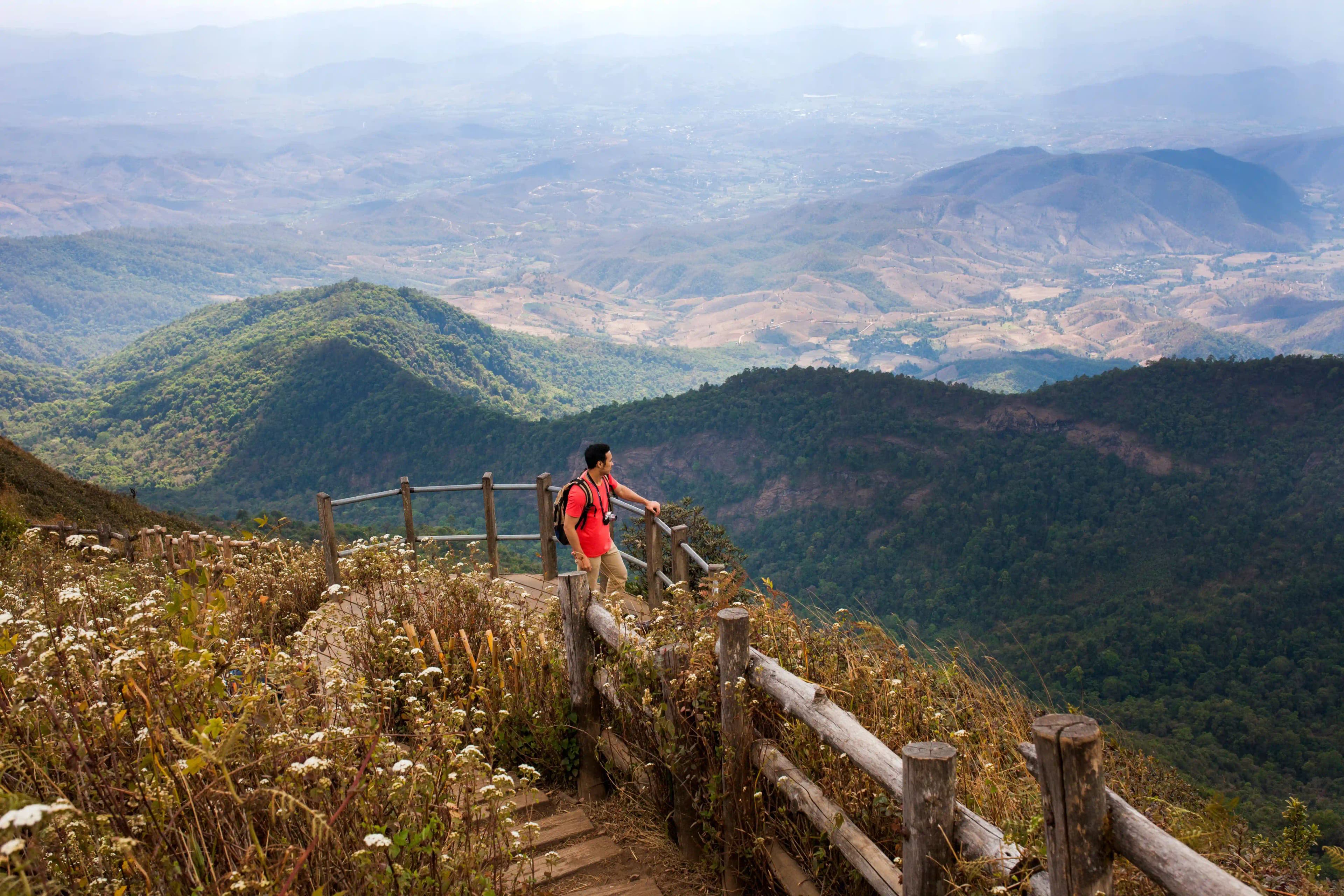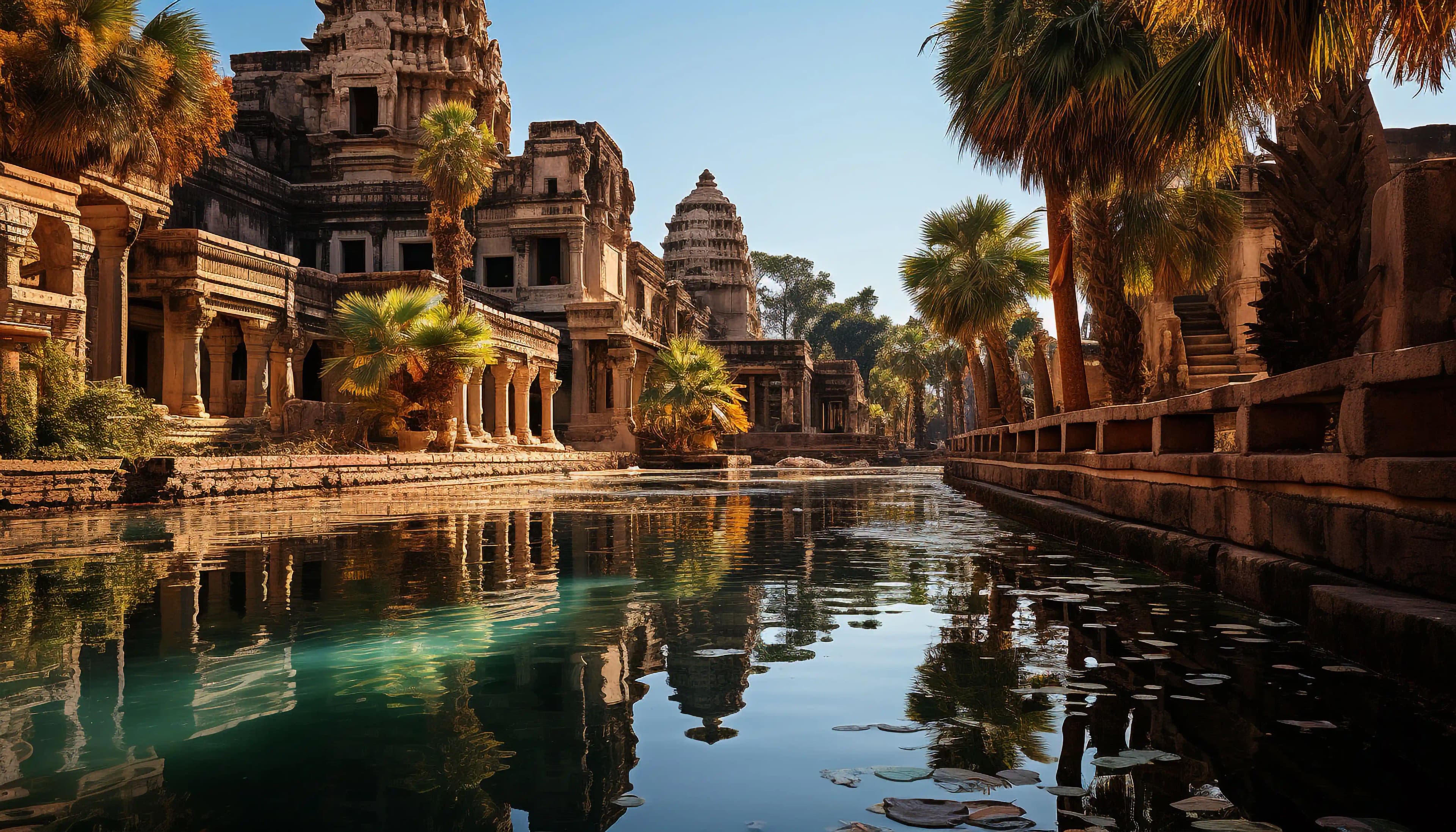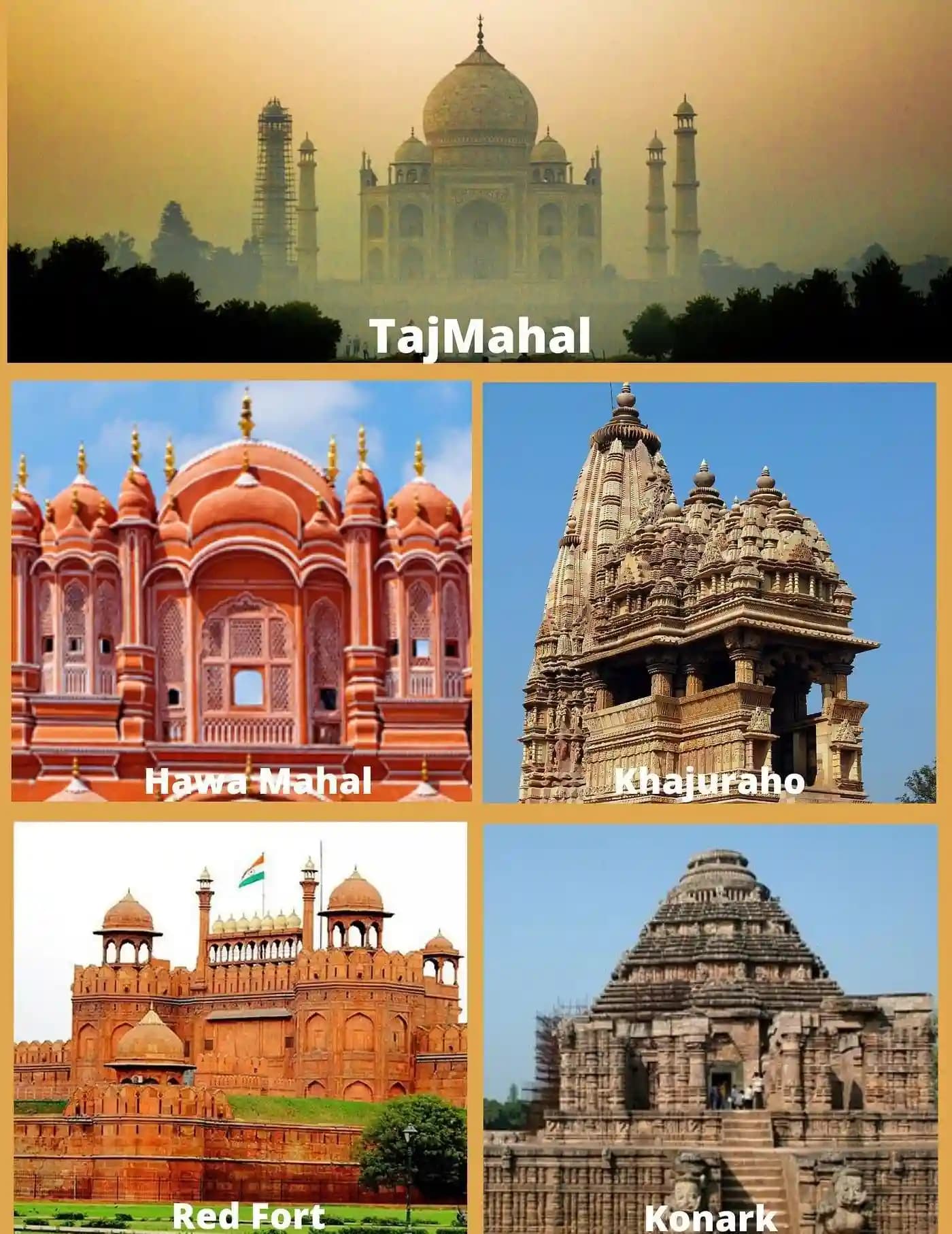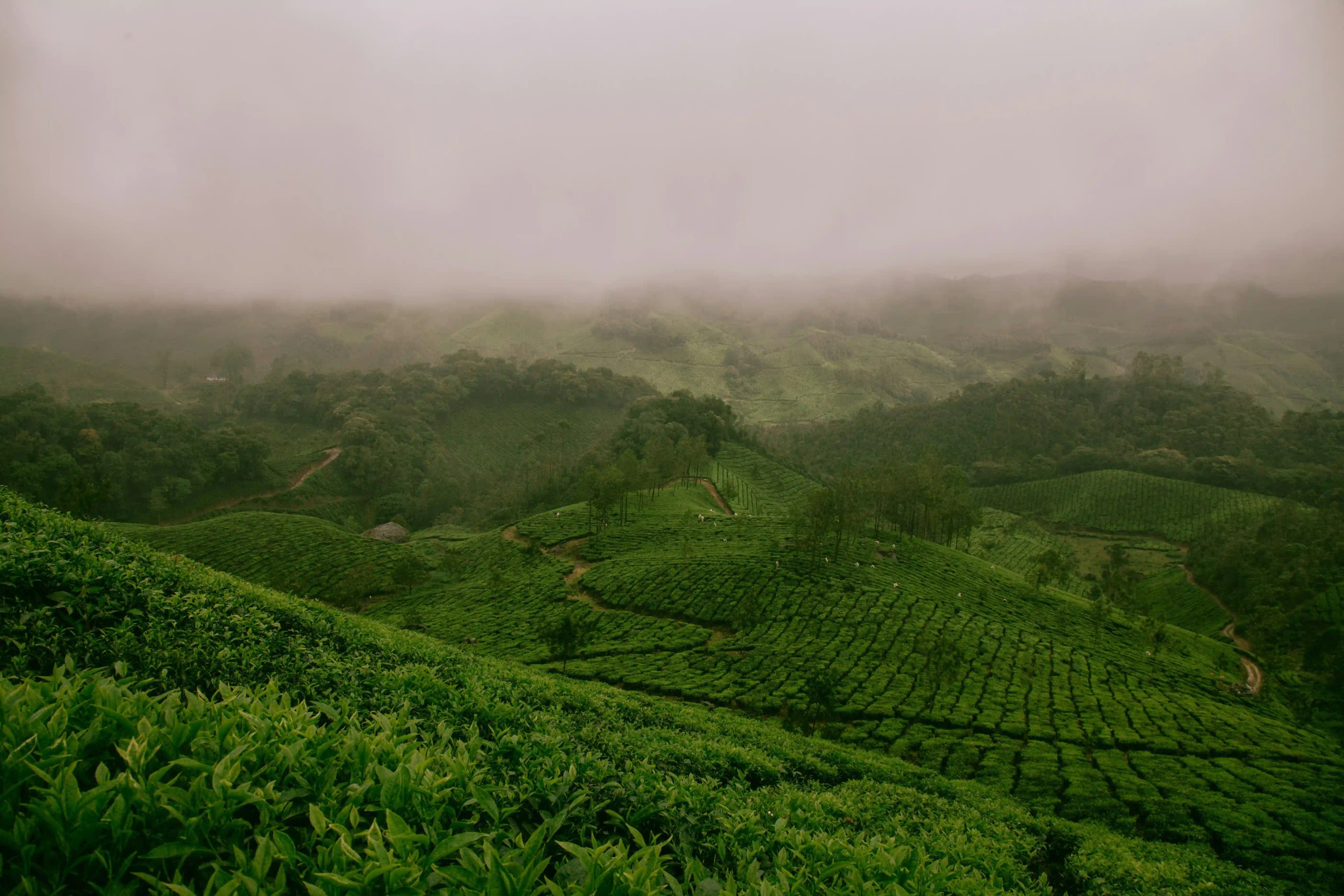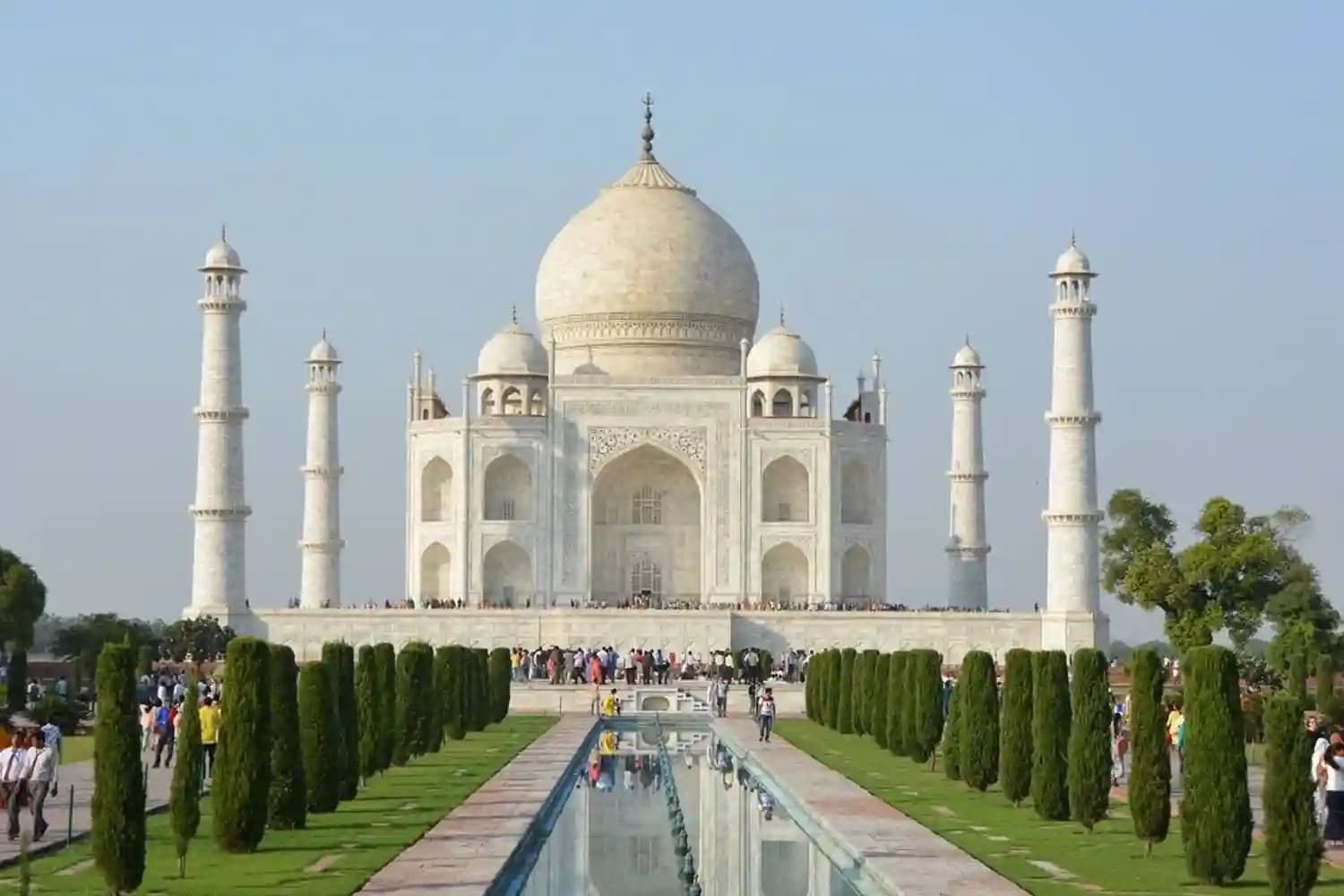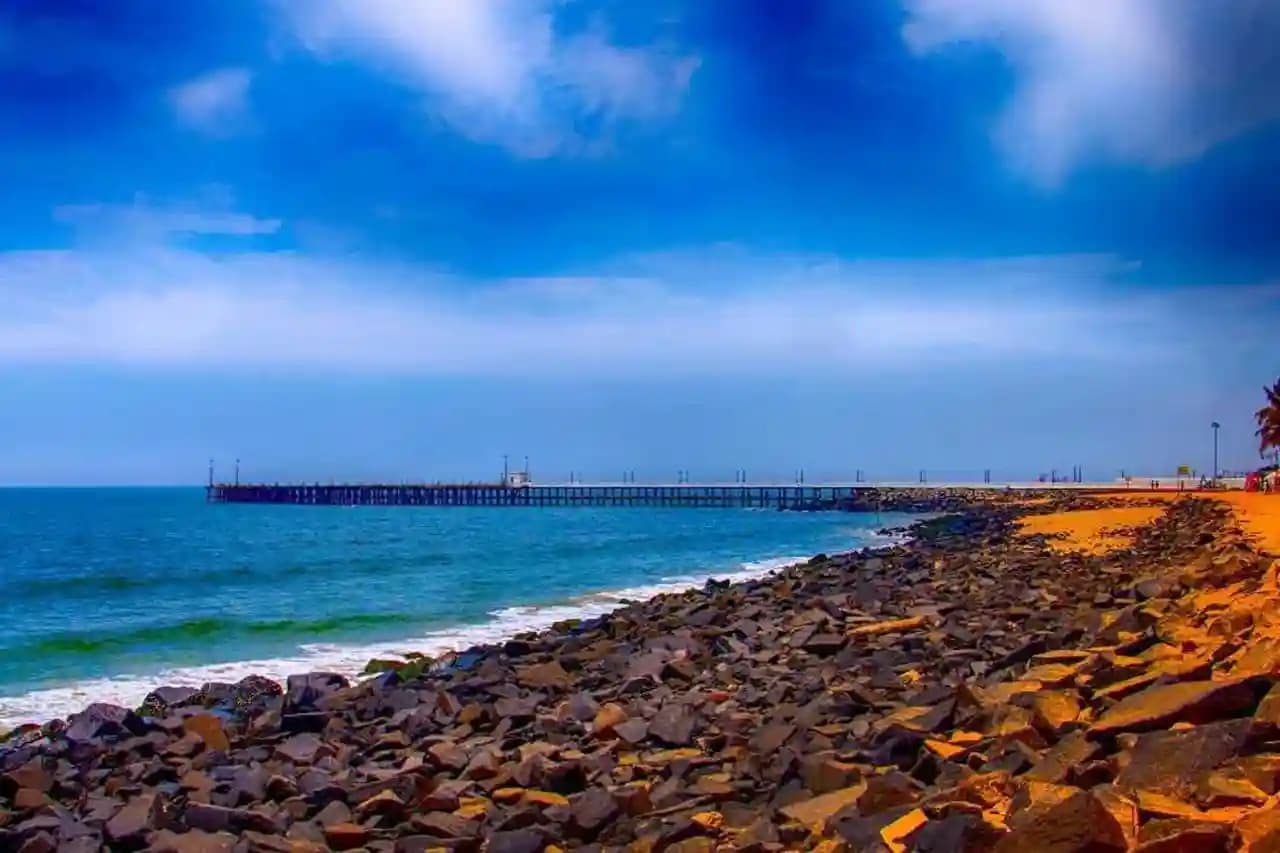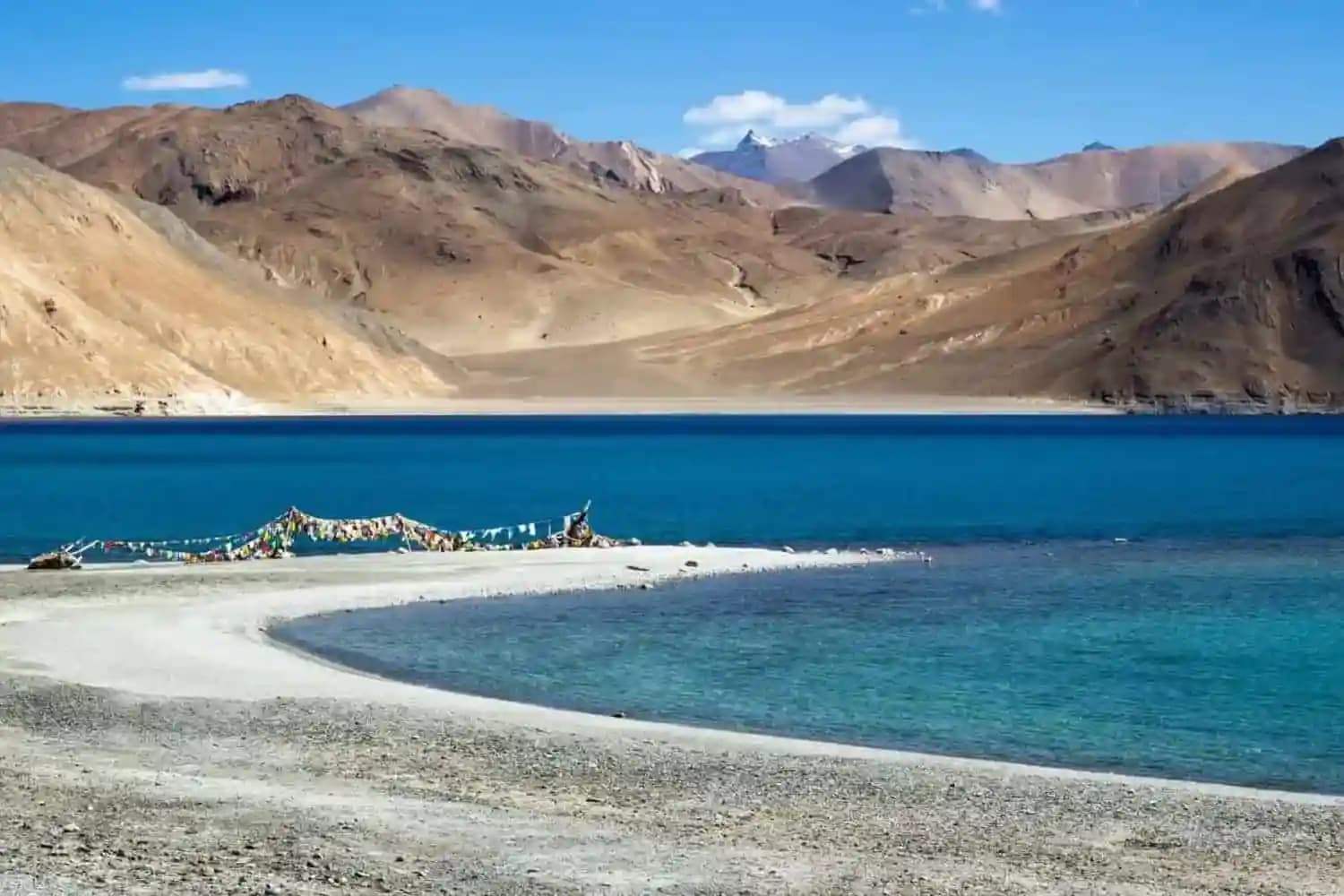Are you in need of a spiritual start-over? Well, there is some good news for you! During the golden dawn, the holy ghats of the Ganges River attract thousands of worshippers who bring devoted hearts with lots of prayers. Religious hymns and chanting with the scent of sandalwood create a heavenly atmosphere. Thursday, June 5th, 2025, marks Ganga Dussehra as a holiday that recognises a river in its sacred manifestation as both a vital lifeline and a holy deity. The festival serves not only the purpose of physical cleansing but also as the spiritual cleansing of the human soul. A time for gratitude. For rebirth. For surrender. Explore the sacred festival of Ganga Dussehra because it holds such powerful and spiritual significance throughout the country.
The Mythology Behind Ganga Dussehra

In ancient times, the earth carried its sins, so the single solution became the heavenly river Ganga that flowed through the heavenly realm. The arrival of Ganga on Earth was more complex than anyone had imagined. The unrestricted divine power of the river threatened to break the physical structure of Earth. King Bhagirath approached with his penance, which led the cosmic universe to change. The prolonged meditation of King Bhagirath of 1 thousand years ultimately reached Lord Shiva's heart, who consented to catch Ganga in his matted hair, thus restraining her powerful waterfall into a gentle river for Earth.
Ganga descended on Dashami of Jyeshtha month to purify Bhagirath’s ancestor ashes and give all present moksha (salvation). The heavenly descent of the divine river marks the celebrated occasion known as Ganga Dussehra.
Key Details of Ganga Dussehra 2025
- Ganga Dussehra Festival Name: It is also referred to as Gangavataran, which serves as the official title.
- Ganga Dushhera Date: Thursday, June 5, 2025
- Tithi: Dashami of Shukla Paksha, Jyeshtha month
- Main Deity Worshipped: Goddess Ganga
This day is one of the most supreme religious days in the Hindu religious calendar. Going to witness the Ganga River on this day grants devotees spiritual growth. According to Hindu belief, anyone who visits the holy Ganga during this festival can remove ten different types of sins from their beings, which is why it is called Dussehra (which means destroying a set of ten).
Importance and Significance of Ganga Dussehra

The religious significance behind this celebration features multiple sacred meanings according to Hindu beliefs:
- Ganga as a purifier: According to believers, the water of the Ganga purifies all sins and karma. Modern scientific research confirms Ganges has this remarkable self-cleaning power because of the bacteriophages found in its waters.
- Divine feminine: From her divine role as Ganga, she embodies maternal bliss, together with compassion, and unlimited blessings for all.
- Spiritual Liberation: According to beliefs, the sacred waters of the Ganga can bestow moksha upon people after they pour the remains of the deceased into her stream.
- Unity in diversity: People from every background participate in the devotion-filled festivities that symbolise unity.
Activities to do on Ganga Dussehra
Devotees transform the Ganges riverbank into devotional places for spiritual practices throughout the period from sunrise to twilight. The day becomes eternally memorable by these special practices:
1. Holy Dip in the Ganga

Bathing in the river represents the main religious ritual of the day. Worshippers believe that taking a bath in the Ganges during Ganga Dussehra grants superior spiritual benefits over other days since it provides complete absolution from ten categories of doshas (faults or sins), including speech, thought, and action, among others.
Tip: People should bathe during the Brahma Muhurta period from 4:00 to 6:00 AM.
2. Attending or Organising Ganga Aarti

The Ganga Aarti at dusk transforms into a divine musical performance, which transforms those who observe or take part in it. Large numbers of people unite to perform devotional hymns accompanied by lamp-lighting and spiritual worship of the goddess.
Famous Aarti Sites:
- Har Ki Pauri (Haridwar)
- Dashashwamedh Ghat (Varanasi)
- Triveni Ghat (Rishikesh)
3. Special Ganga Pujas and Donations

If you’re having questions like, “How to do puja on Ganga Dussehra?” then you must know that people perform Ganga Pujan rituals by using flowers, mango leaves, betel nuts, along with diyas and incense. Generous individuals commonly contribute food and water, along with clothes and monetary gifts to Brahmins and poor people on this occasion because such acts generate amplified blessings on Ganga.
Common Donations: Wheat, rice, jaggery, fans, clothes, umbrellas, earthen pots.
4. Distributing Prasad and Cool Drinks

During this occasion, numerous people organise free sharbat stands for the residents as well as the visitors. During the intense Indian summer of Ganga Dashera, distributing both water and cooling drinks represents a sacred religious obligation as well as an adequate display of universal compassion.
5. Participating in Cultural Programs

When towns stage cultural events, they showcase religious music segments, bhajan performances, and both traditional performances as well as dance rituals to honour Ganga's sacred history.
Destinations Across India to Celebrate Ganga Dussehra
Every person desiring to view Ganga Dussehra authentically and profoundly should seek out the sacred riverbanks of India. Each sacred location of Ganga creates a unique and breathtaking reflection of her divine hymn.
1. Varanasi

The name Varanasi represents the "City older than history itself" through its historical significance. When Ganga Dussehra arrives in Varanasi, the ghats flourish with supreme power. Dashashwamedh Ghat witnesses priests conducting a magnificent Ganga Aarti during which grand lamps create synchronised movements while thousands of oil lamps drift like celestial bodies on the river surface. The pilgrims start queuing up at sunrise to perform their holy bath ritual at the holy ghats since each drop of water removes one layer of sin. People sing bhajans and kirtans throughout the streets while sadhus tell stories of ancient times by the sounds of temple bells.
Why Varanasi?
The perfect fusion of temporal and eternal boundaries occurs here in an unmatched way.
2. Haridwar

The Himalayas themselves sing the hymn, which transforms into the sacred town we know as Haridwar. Ganga Dussehra converts this divine threshold to the gods into a mystical and holy worship space. Masses of faithful people gather for the holy bath ritual at the celebrated Har Ki Pauri ghat. Ganga Aarti at this location involves an experience that brings spiritual power through river chants accompanied by drifting diya lamps. The residents of this region offer cooling drinks, food, and water using their roadside stalls to help residents survive the intense heat of June.
3. Rishikesh

Rishikesh emerges at the base of the Himalayas as a sacred town that draws sages along with seekers through its simple way of life. The Ganga Dussehra festival in this location provides an emotionally enriching celebration centred around reflection for people who desire tranquil spiritual experiences. Although the gatherings remain smaller, at the Triveni Ghat Aarti, visitors find spiritual closeness as well as quiet meditative connection. Join yoga practices and spiritual teaching programs that ashrams organize throughout the town.
4. Prayagraj

The confluence of Ganga, Yamuna, and Saraswati feeds the Triveni Sangam in Prayagraj, which used to be called Allahabad. During Ganga Dussehra, the site exerts a powerful force that attracts devoted seekers and worshipping travellers. Several sequence of yagnas and kirtans, together with spiritual processions, takes over the riverbanks. Mass prayer events, along with spiritual teachings, are established by various religious leaders and spiritual figures from different faiths.
5. Patna

The Ganga ghats in Patna hold an equally sacred celebration within the cultural roots of Bihar, though they remain less recognised in international circles. Guru Gobind Singh Ji's historical relation with the city and Buddhist cultural heritage complements the city's religious profile. Devotees conduct holy evening temple worship and bath ceremonies simultaneously at Kali Ghat and Gandhi Ghat. Folk music, together with traditional rituals, mixes with community celebrations, putting the riverside into a festive state.
Although these five destinations are well-known pearls on the Ganga’s necklace, their original meaning extends beyond regional borders into each person's heart. This spiritual experience of Ganga Dusshera unfolds within souls as a process which both empties selfishness and liberates weight and restablishes a sense of gratitude. You can reach her sacred water either through a physical dip or simple meditation from anywhere, which will open your spiritual door to receive her blessings. Here, the river will teach you to clean your mistakes while continuing your path toward helping those around you. So don’t wait anymore and start planning your trip to experience the ultimate Ganga Dussehra.
Frequently Asked Questions
1. Is it possible to observe Ganga Dussehra at home?
Yes! The Ganga jal can replace a direct river visit since it is accessible at most Indian temples and through their online distribution networks. The practice involves reading the Ganga stotram alongside adding a diya flame and sharing charitable donations with needy individuals.
2. What categories of sins do people believe get erased?
Hindu religious doctrine teaches that ten kinds of sins, which involve three measurable dimensions (body, speech, mind), are eliminated on Ganga Dussehra through the included practices of truth-telling, harm prevention, and controlling jealousy and greed.
3. Is fasting necessary during the celebration of Ganga Dussehra?
The custom of fasting alongside eating pure satvik foods exists among numerous devotees since Ganga Dussehra brings spiritual discipline to the forefront.
4. Are non-Hindus and foreigners welcome to join the festival activities?
Absolutely. People from all backgrounds who honour nature, culture, and seek connection to their spiritual practice should celebrate Ganga Dussehra. All visitors find an unconditional connection with this place.
